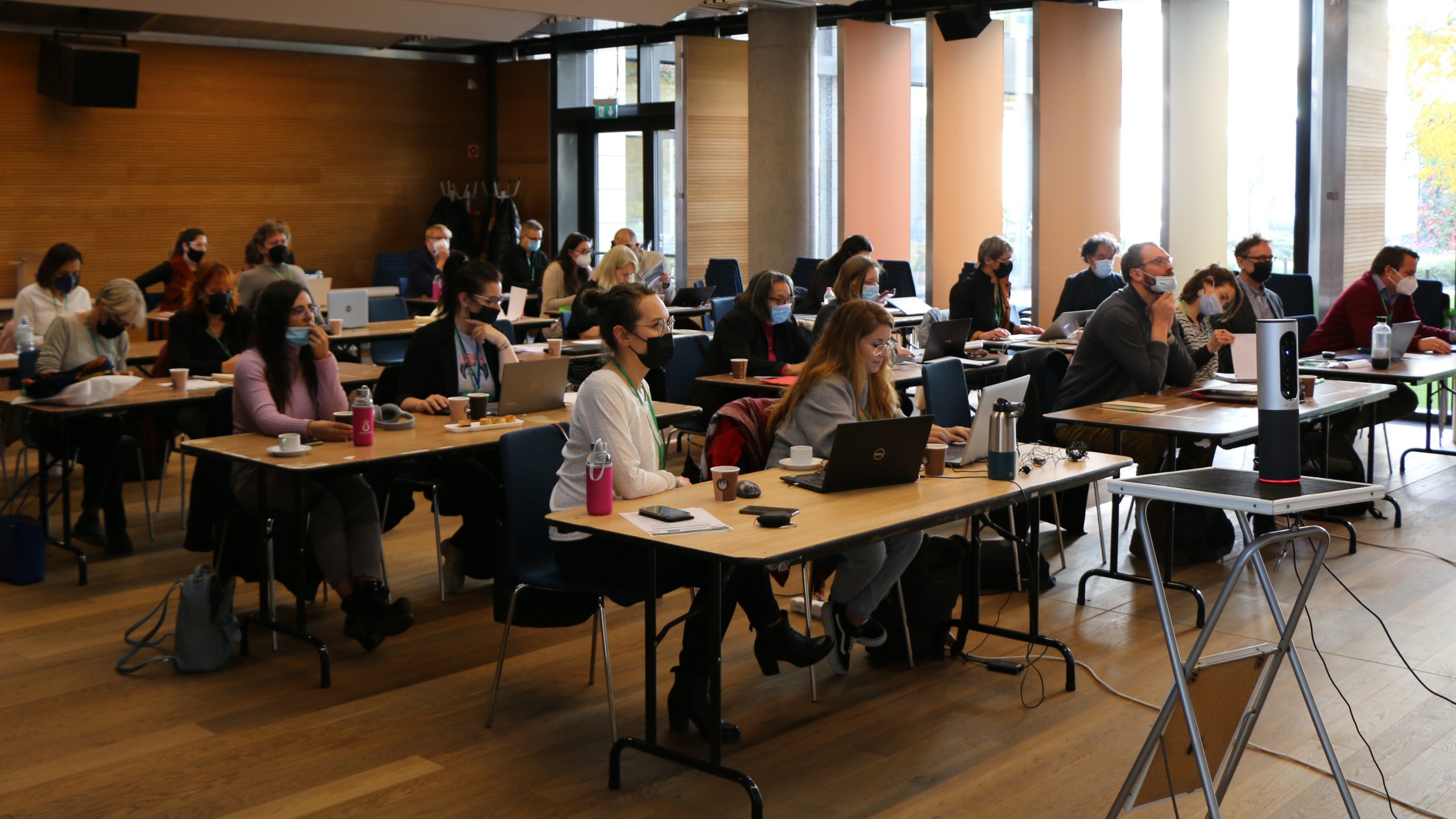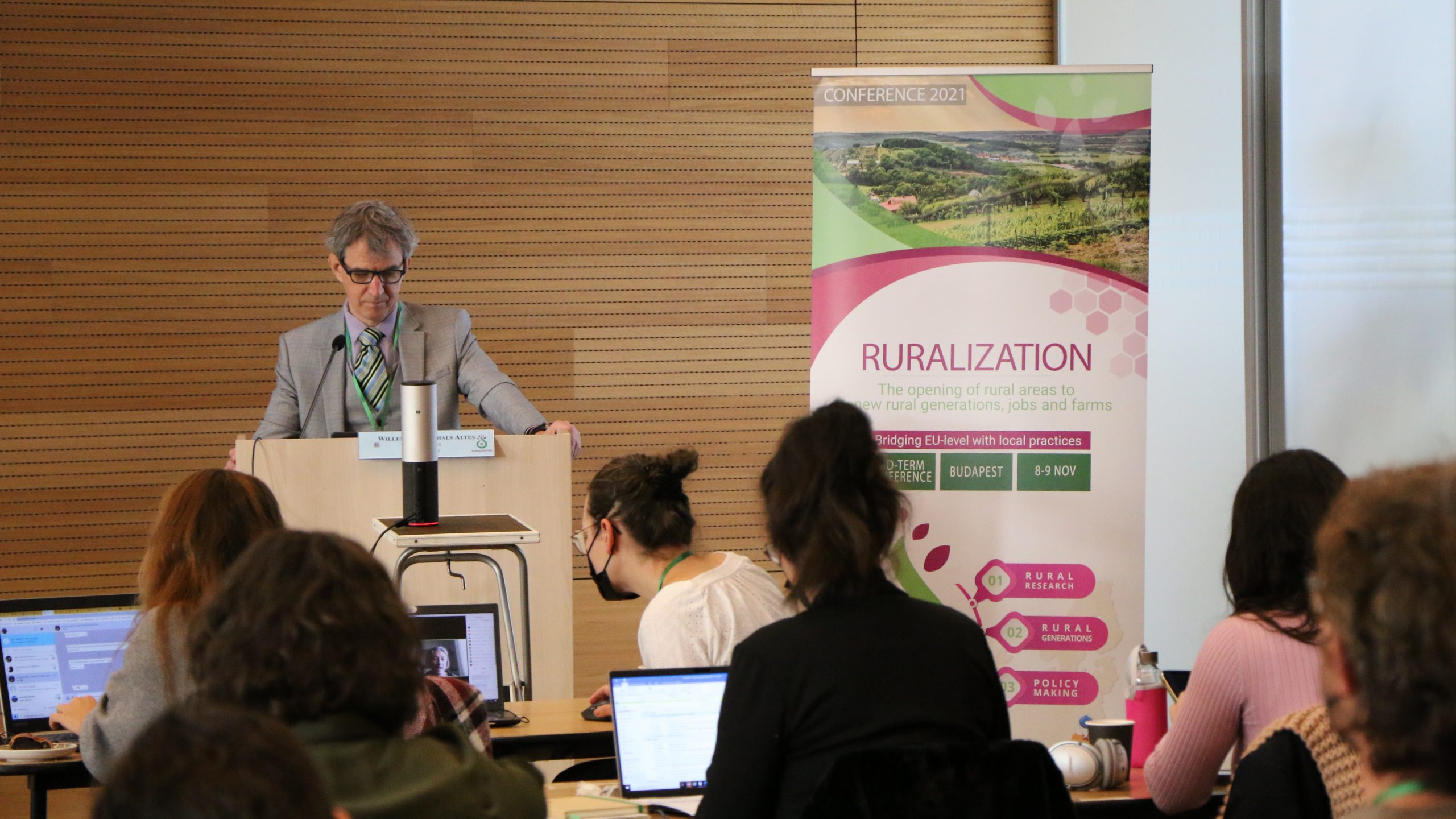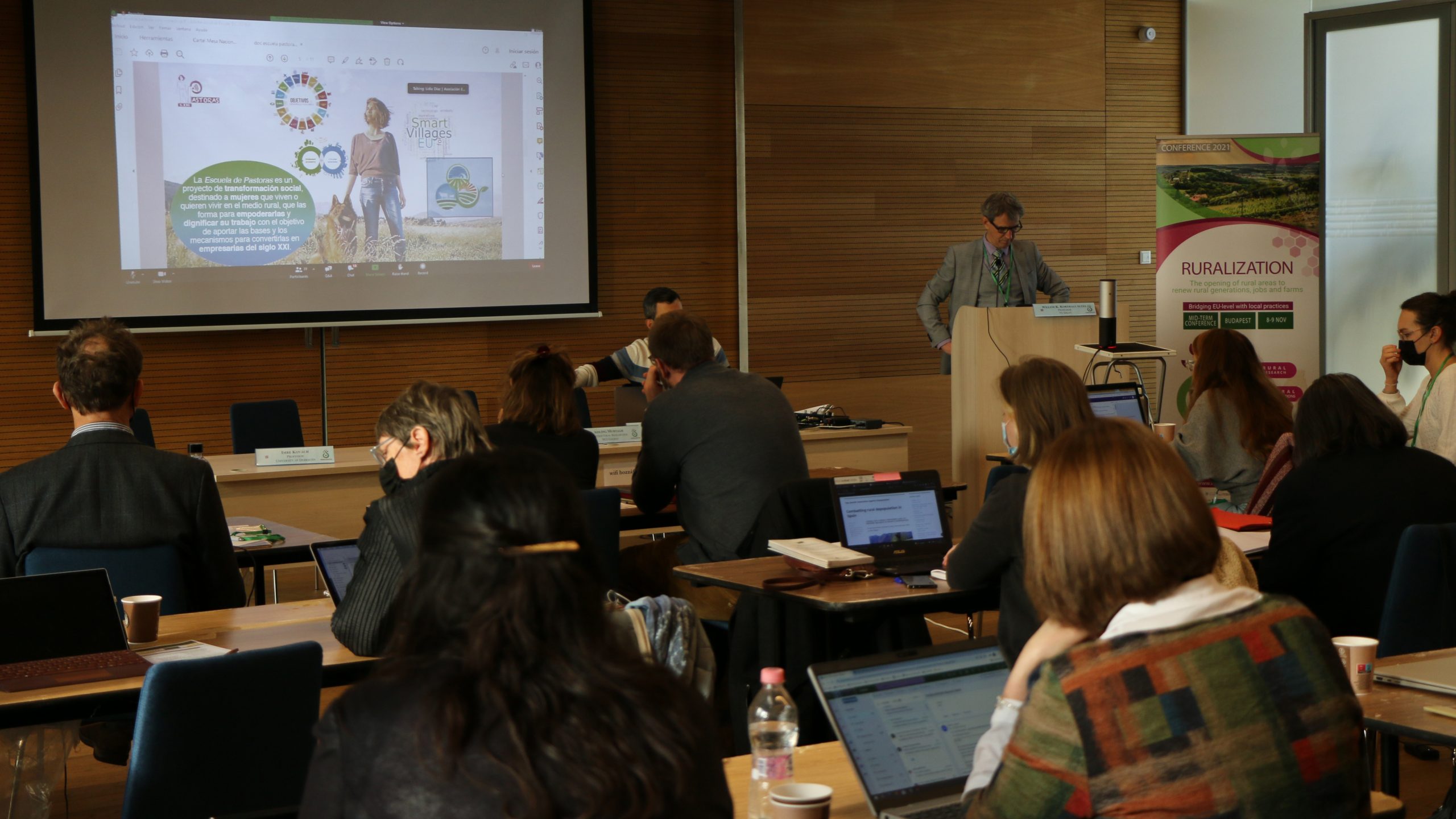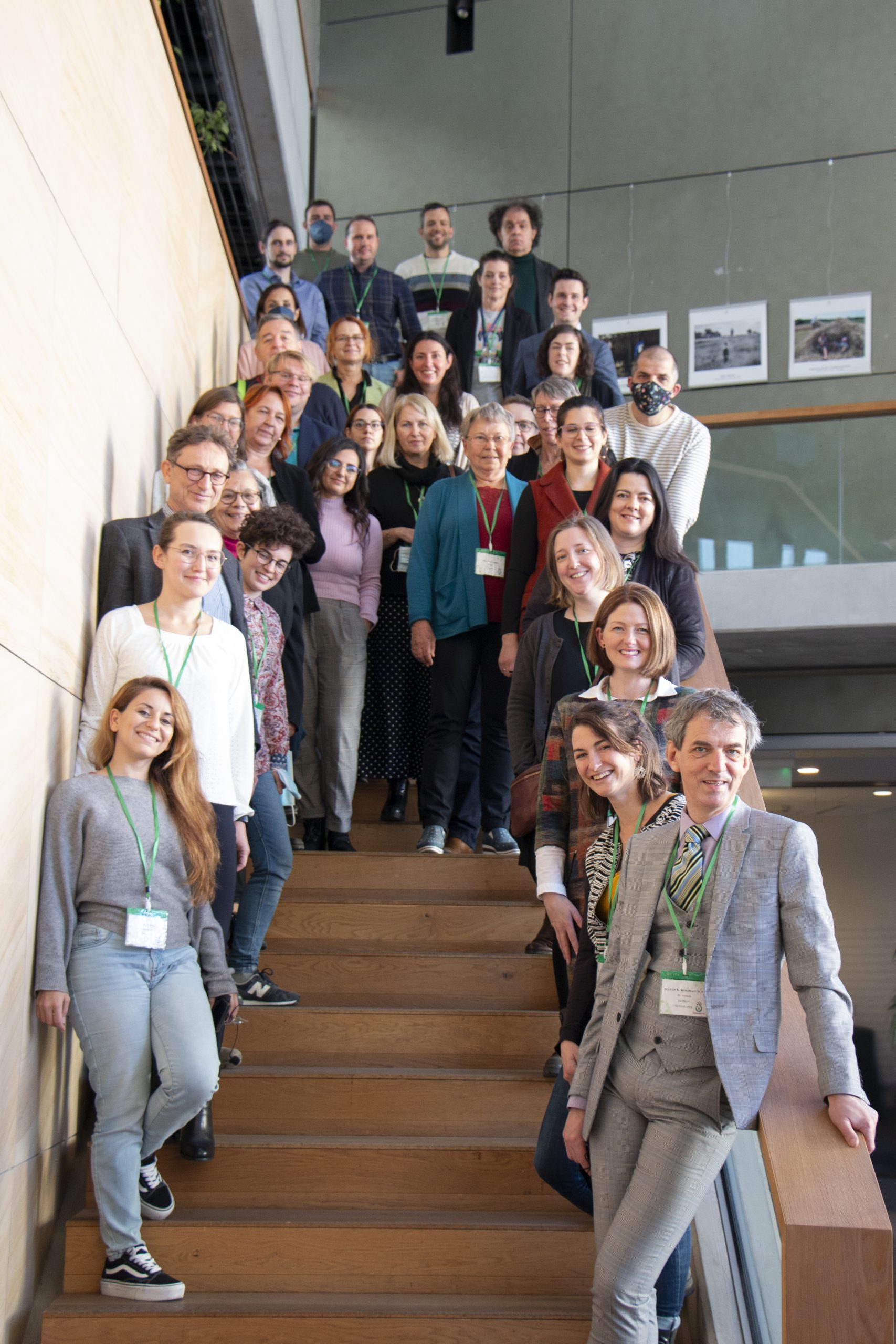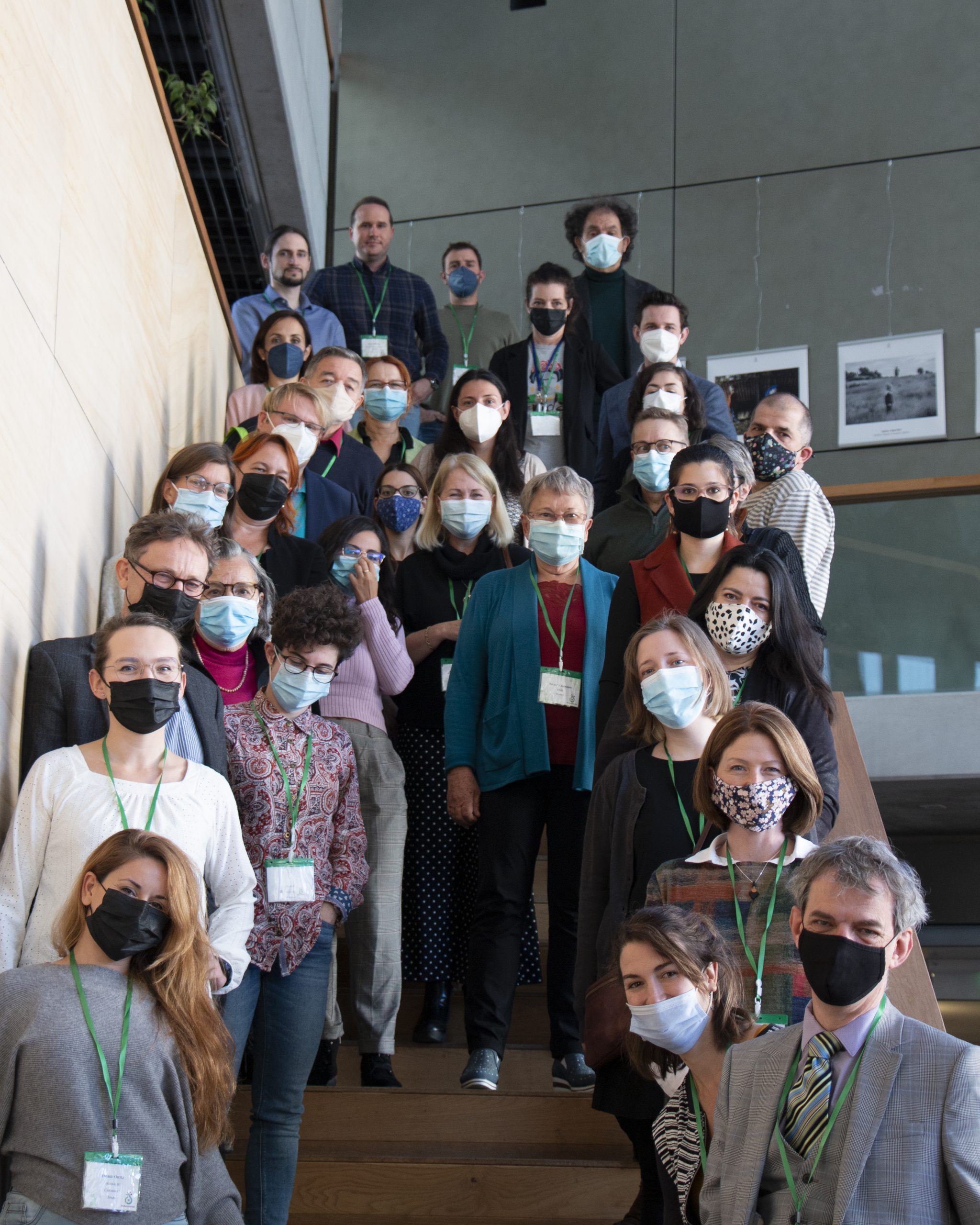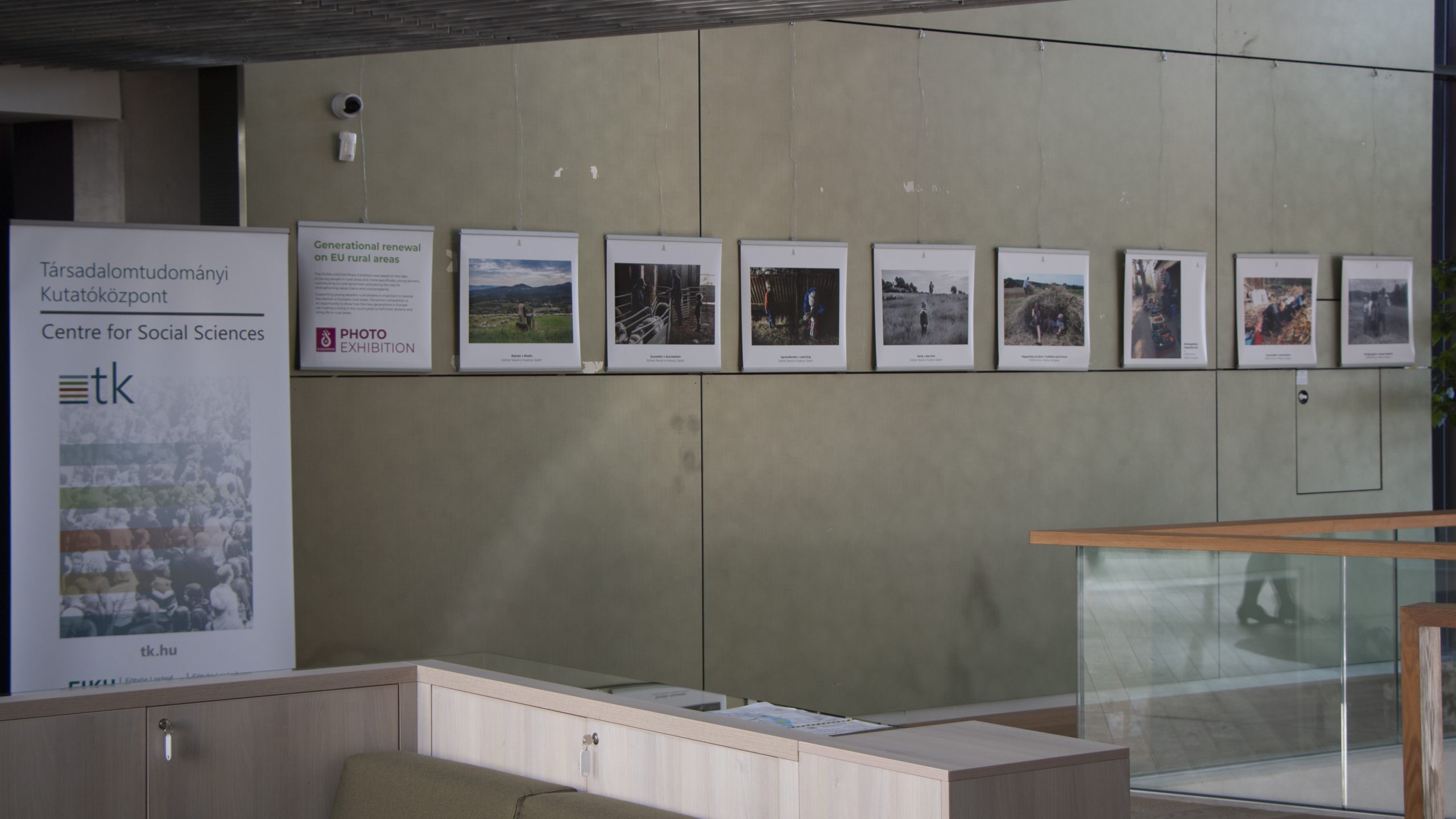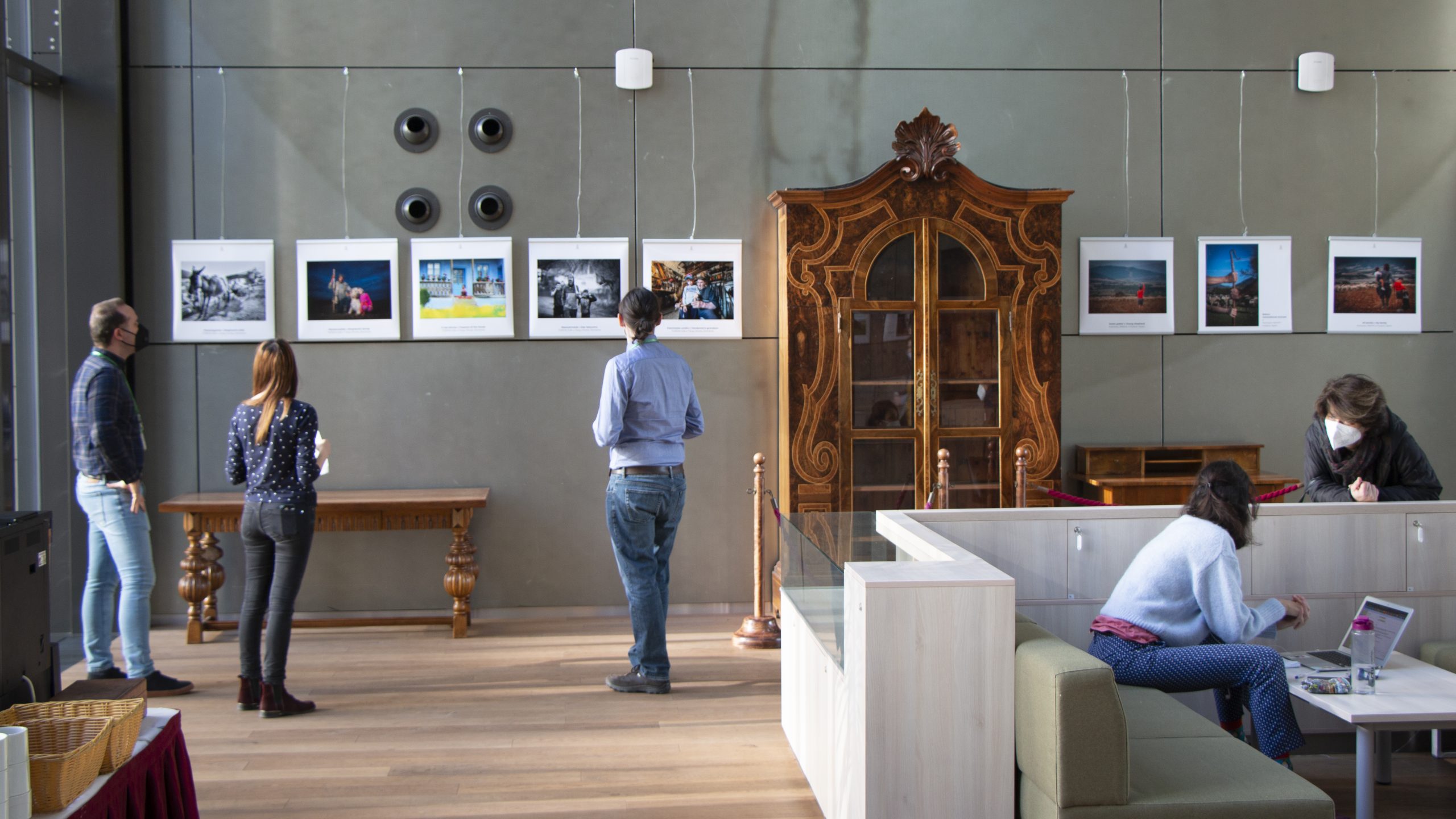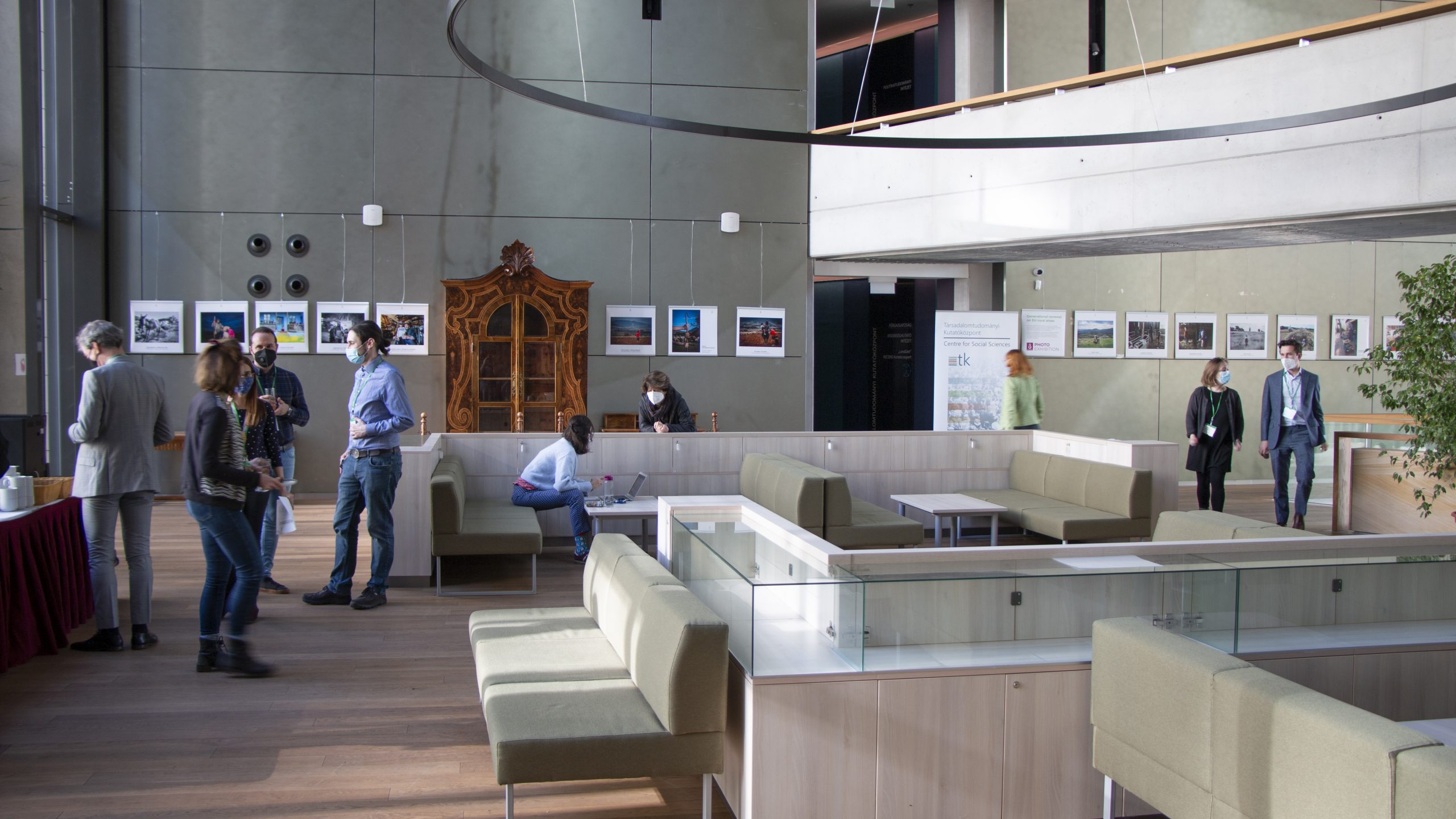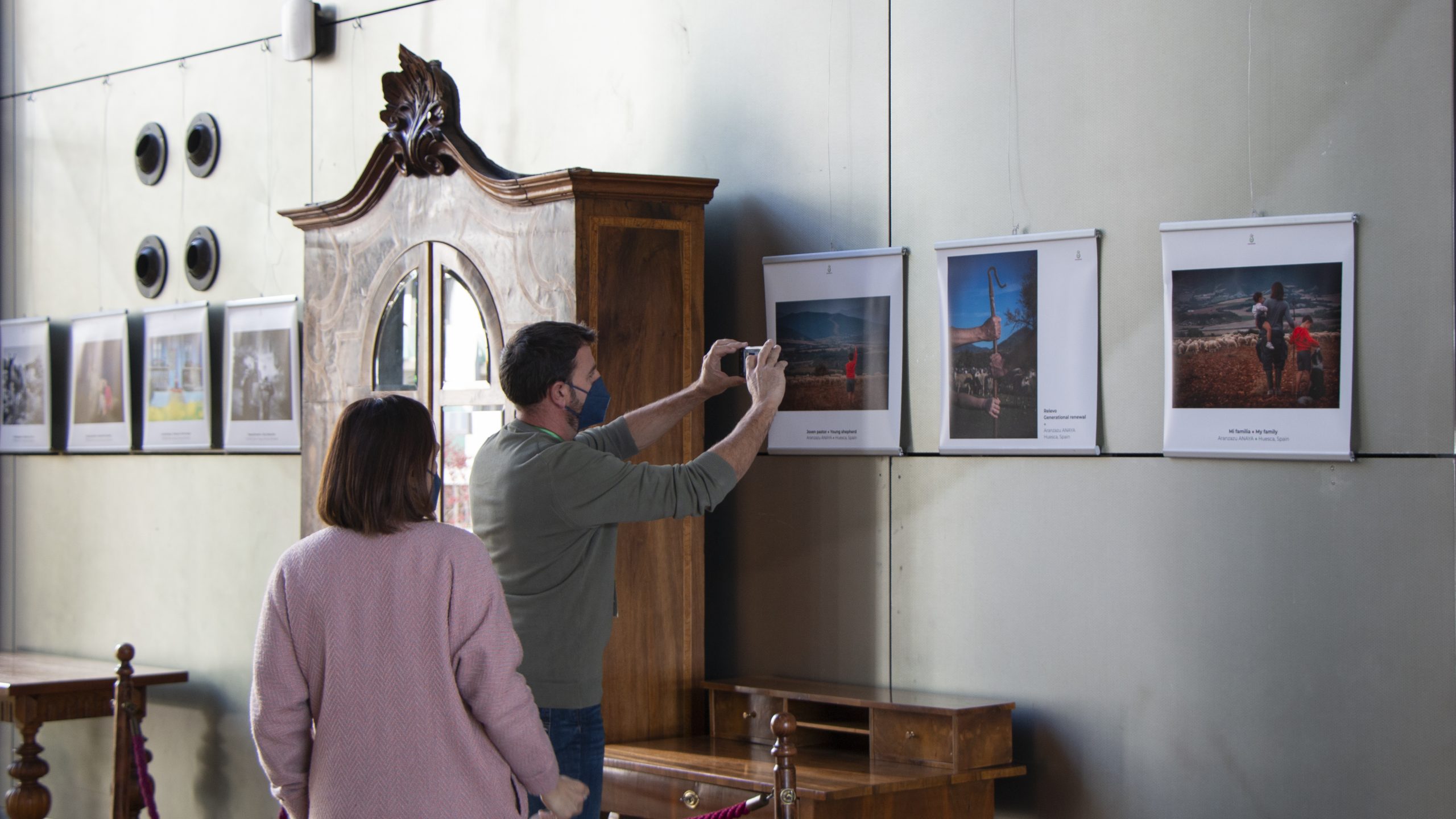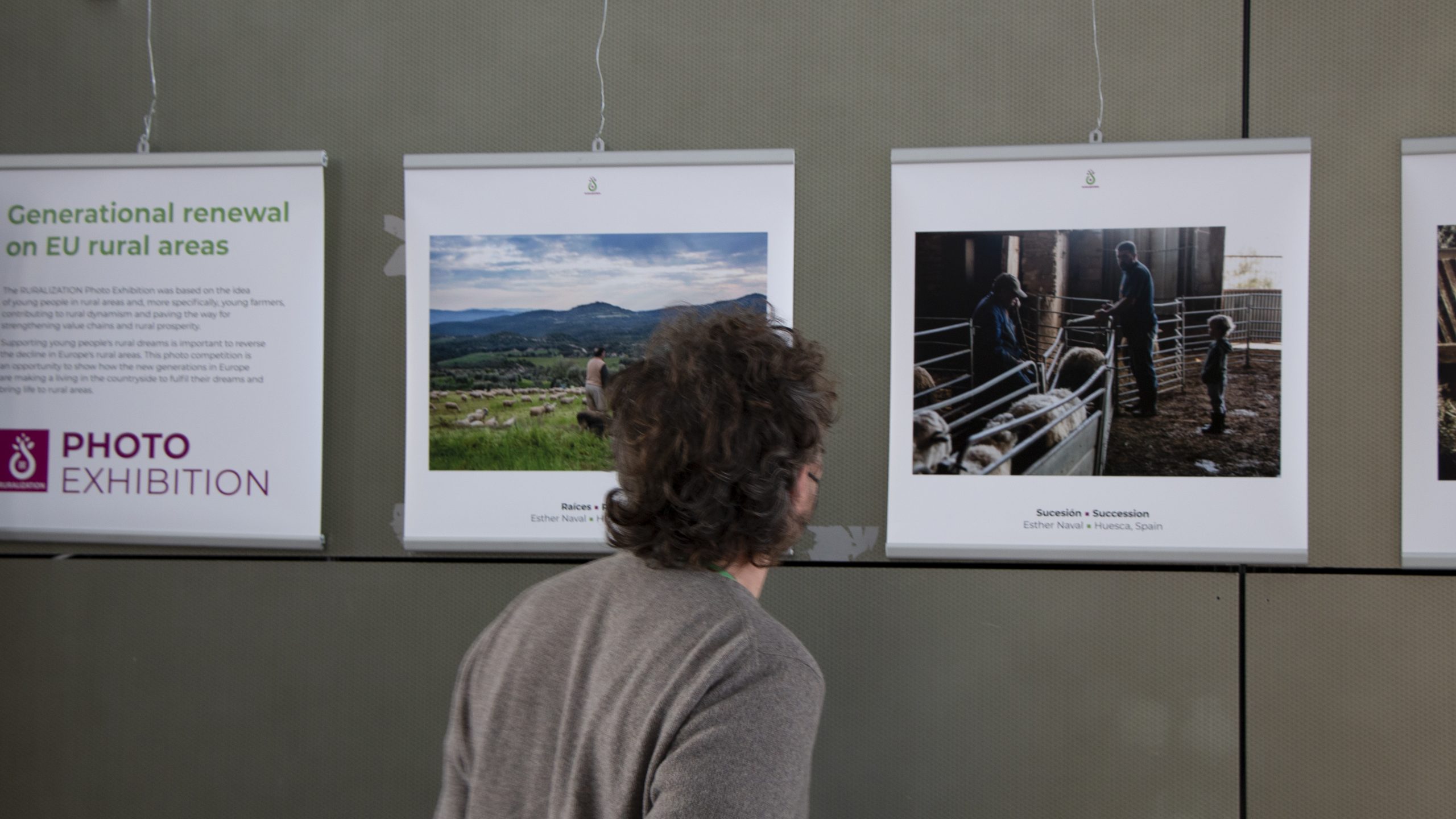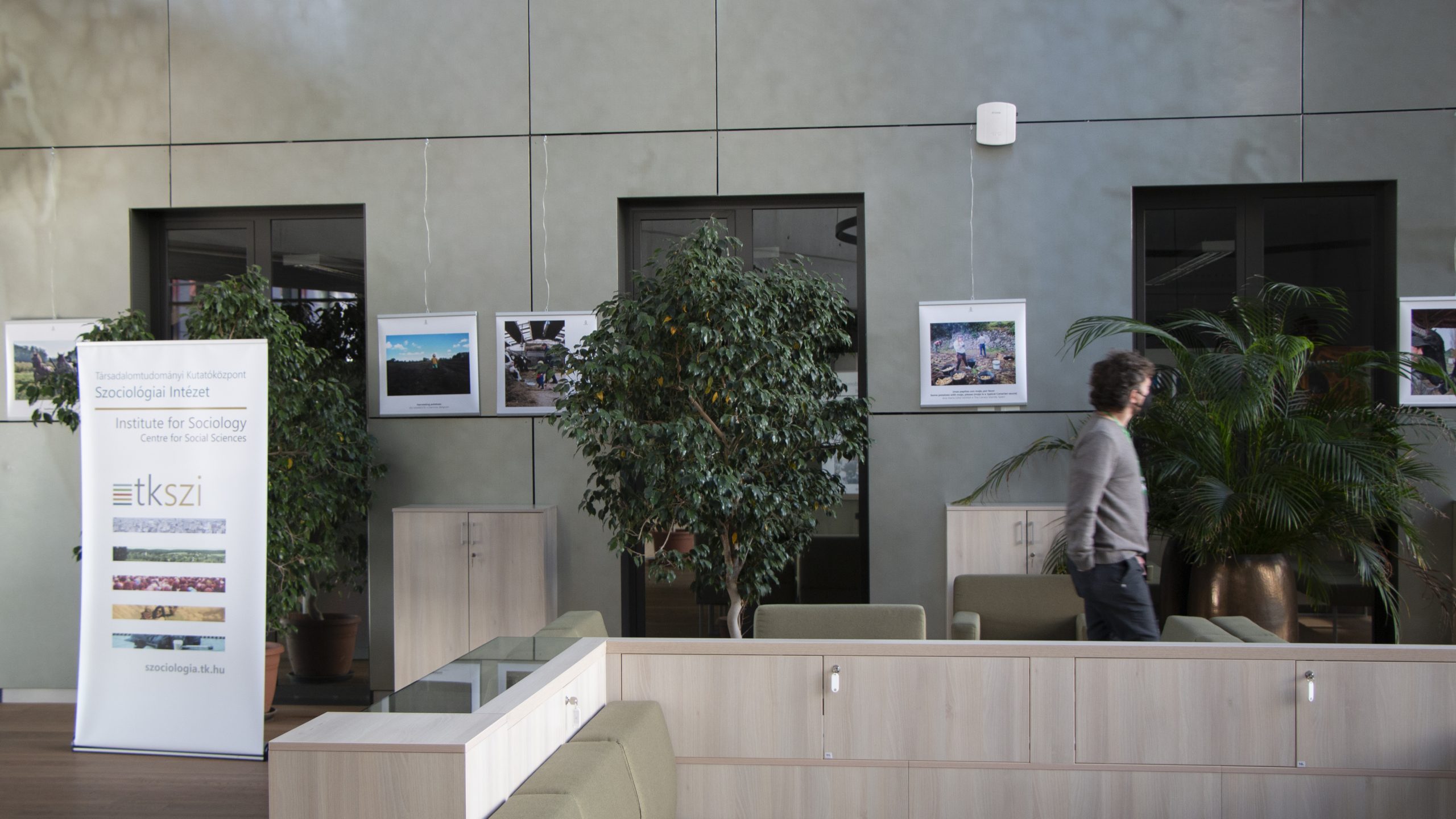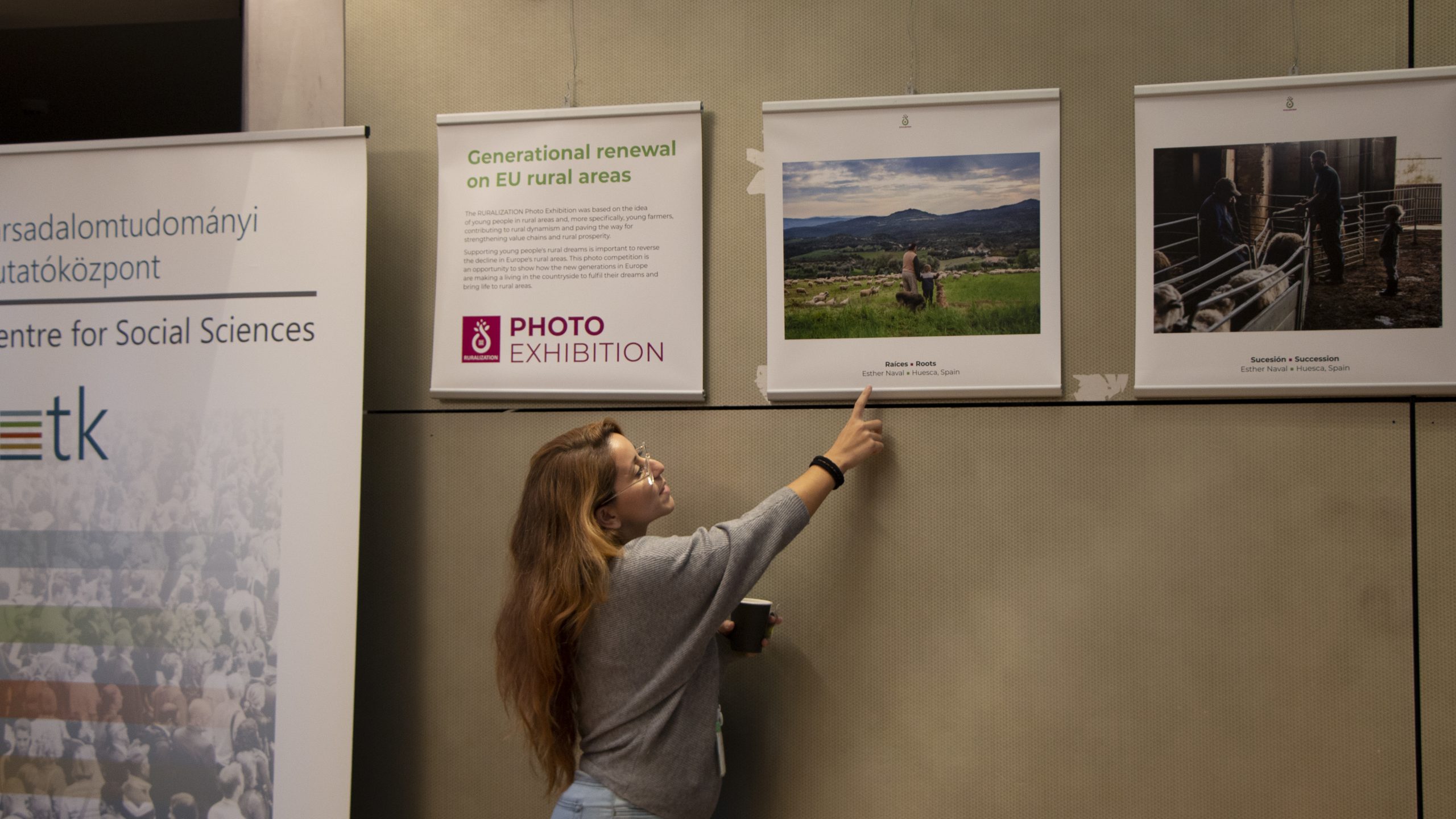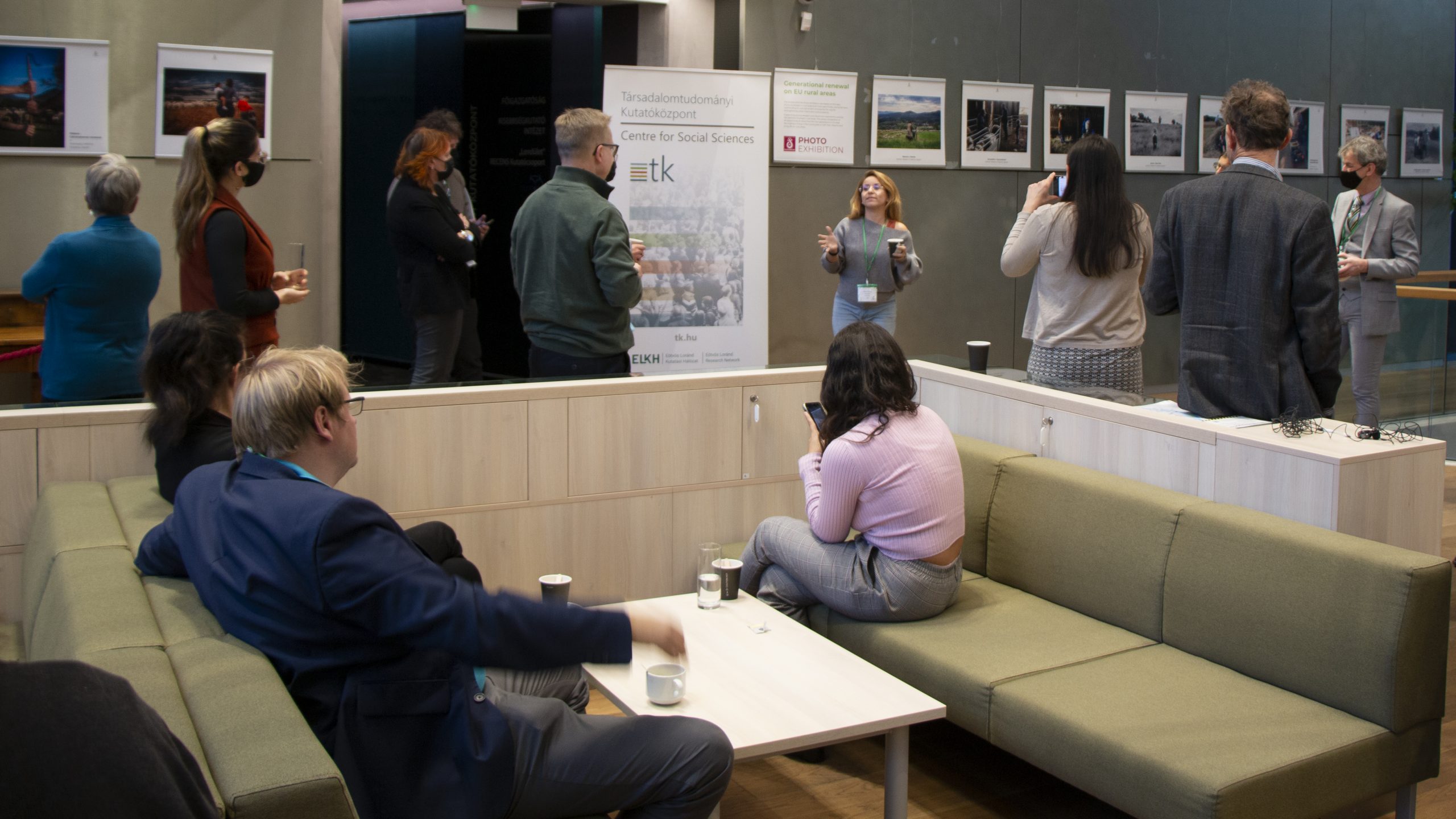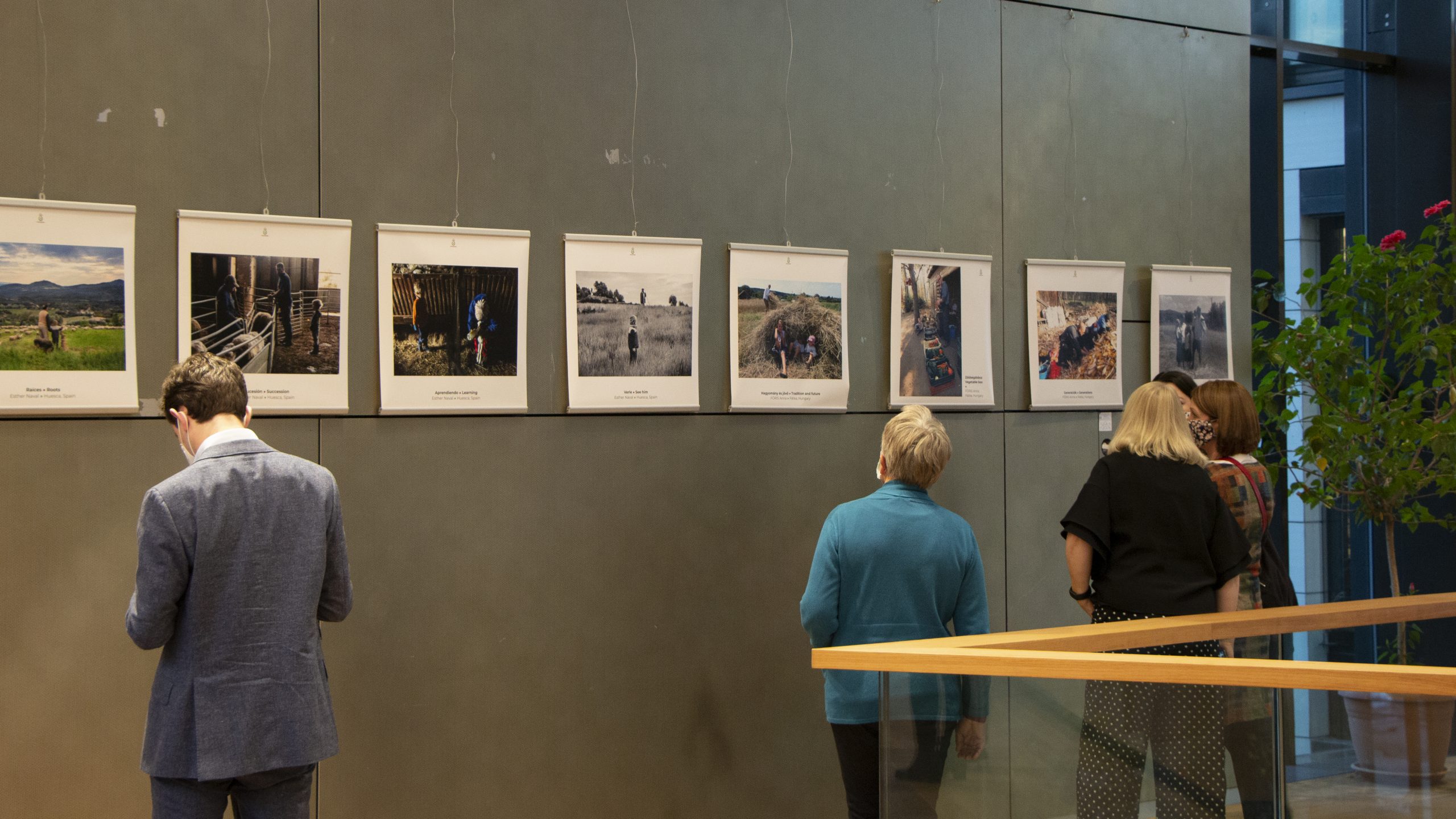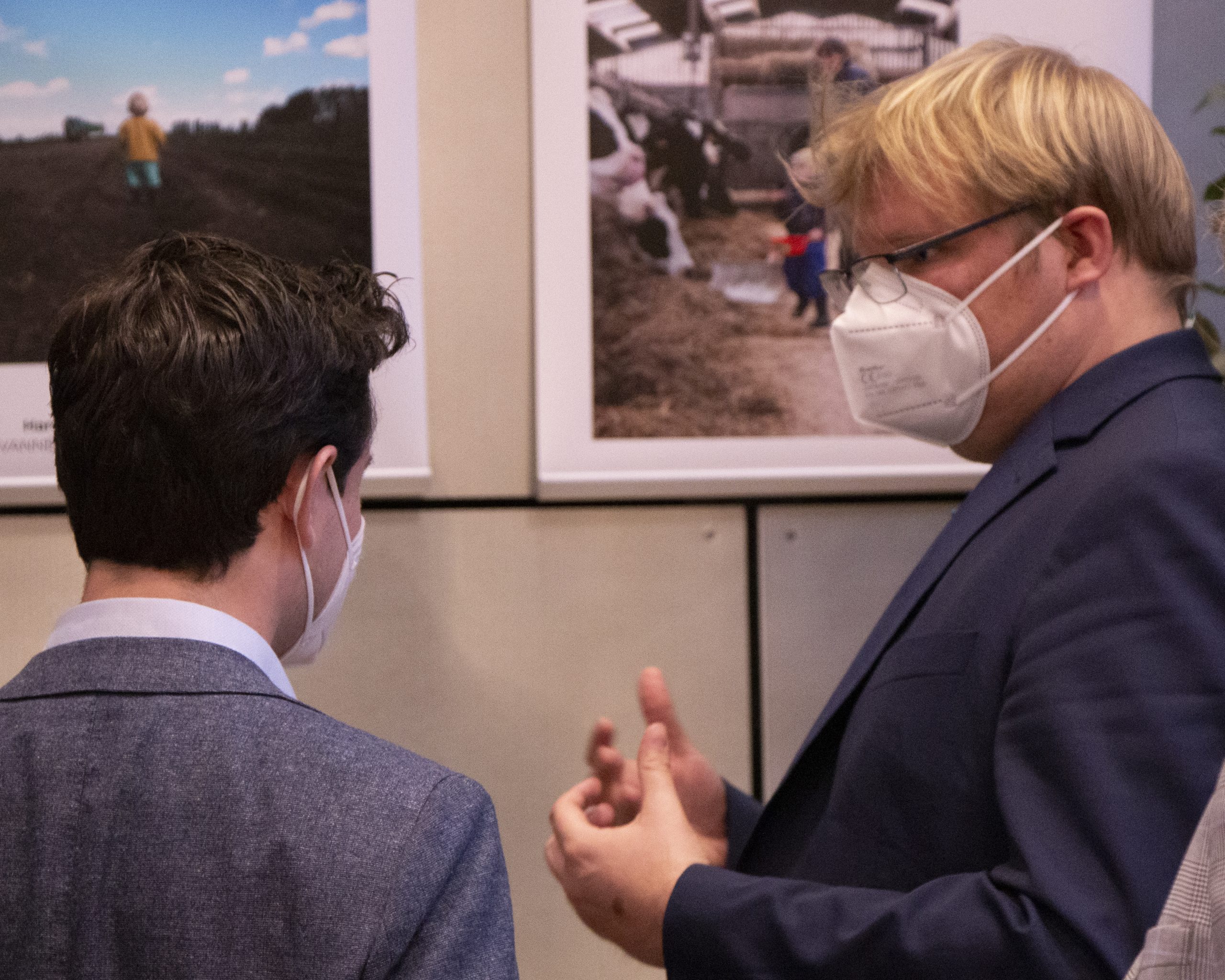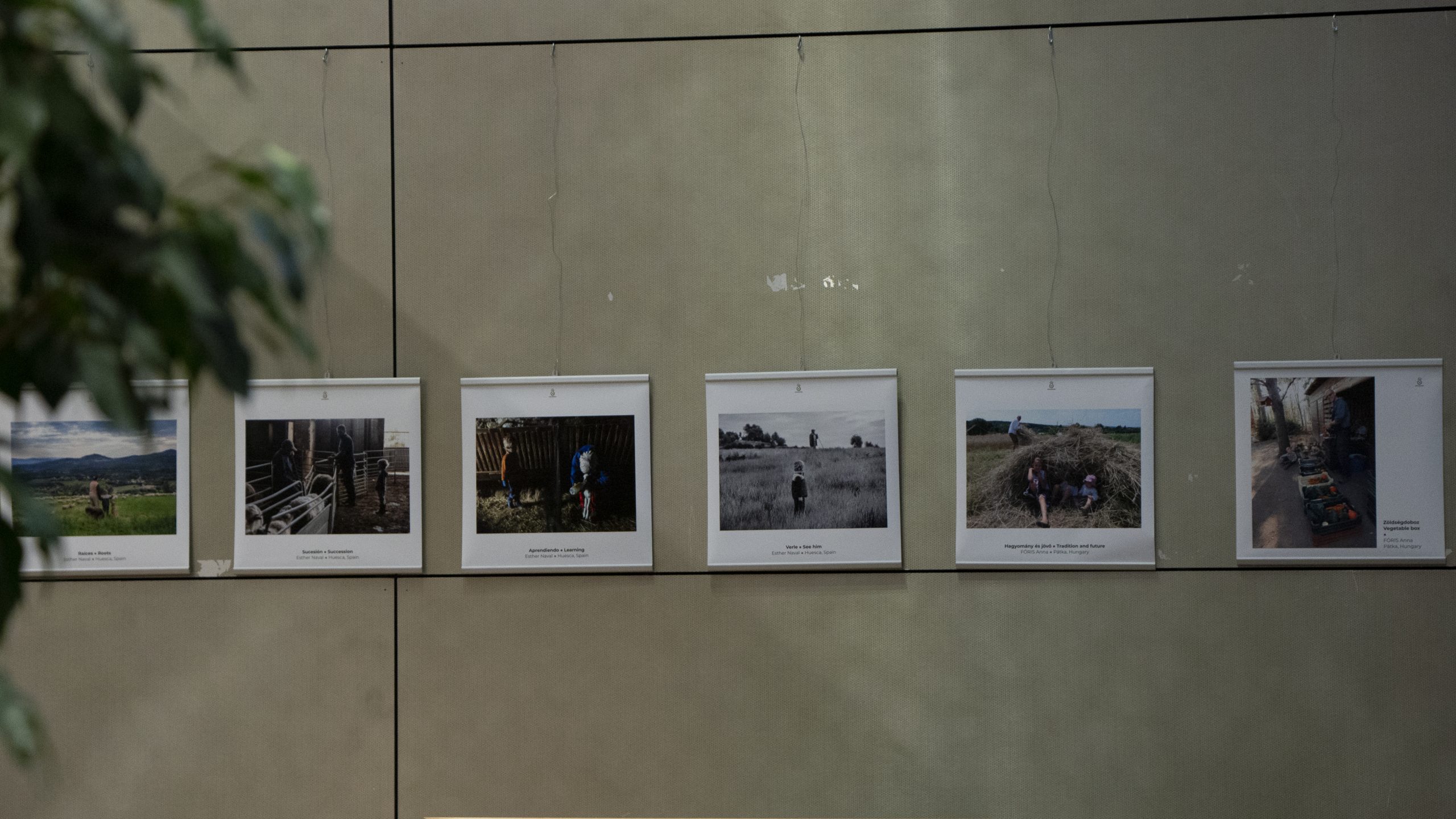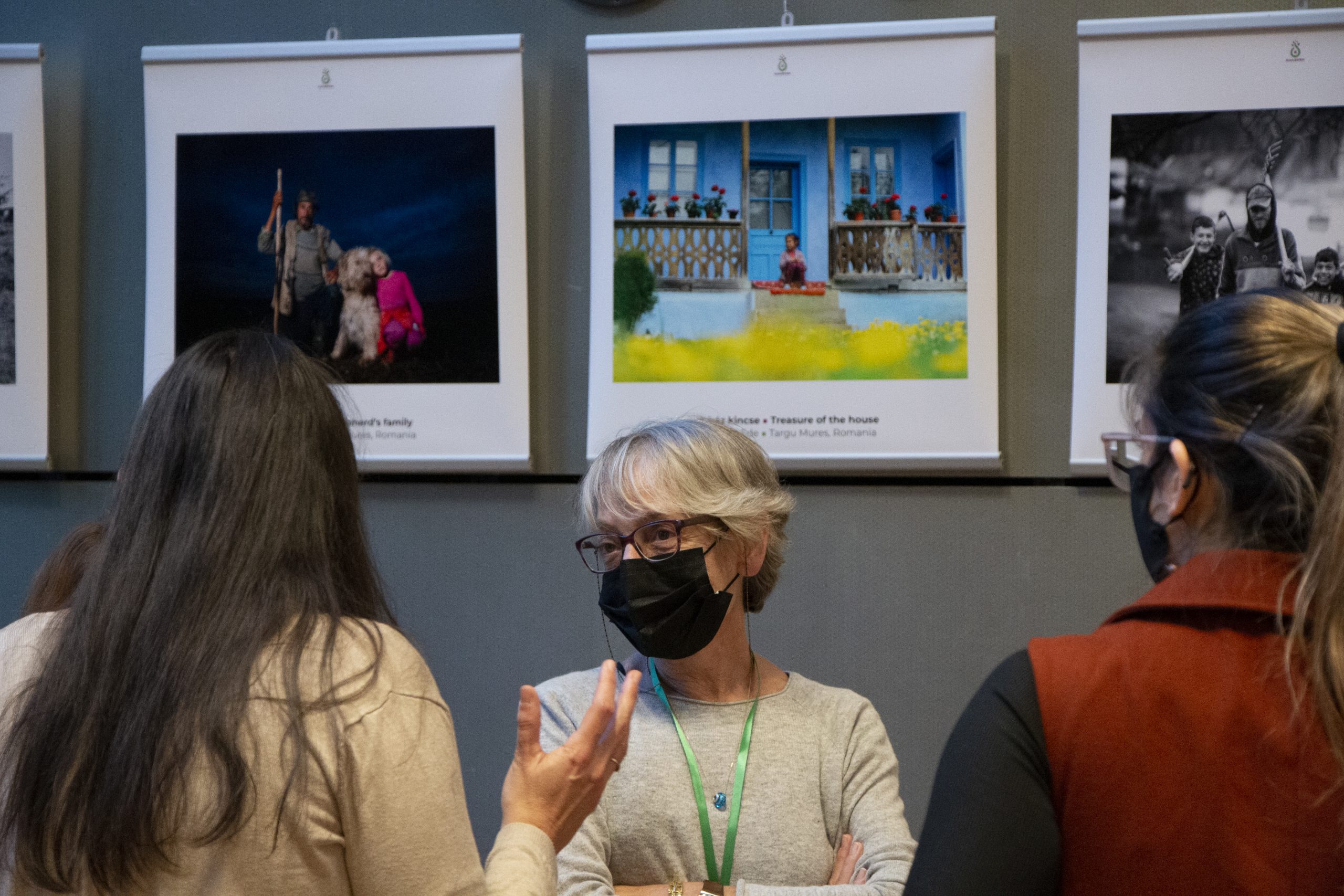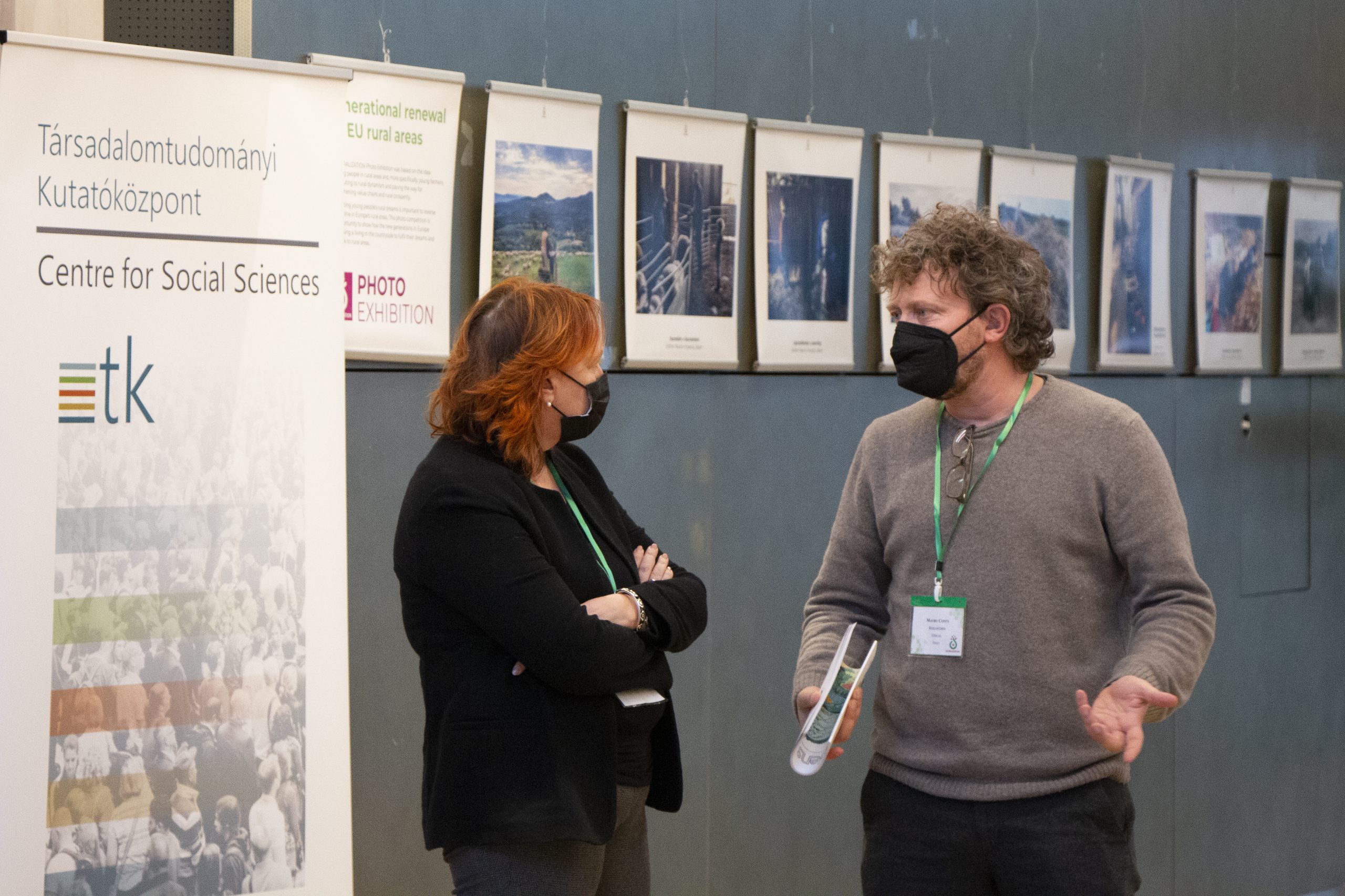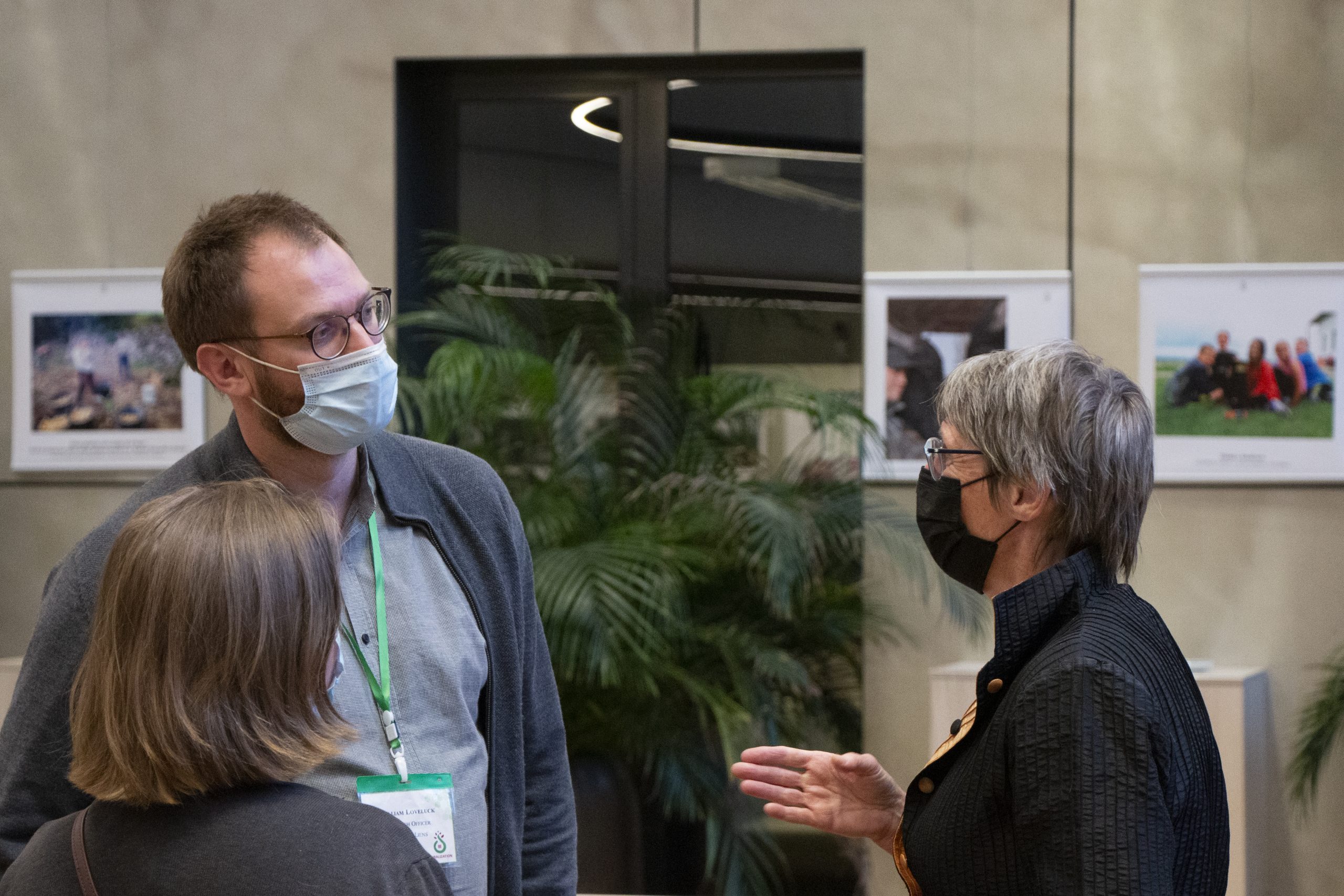RURALIZATION 2021 CONFERENCE
#RURALIZATIONConference2021
Mid-term Conference - Day 1
Mid-term Conference - Day 2

Can you imagine which photo was the most voted of the exhibition? This was announced during the conference!
The RURALIZATION Photo Exhibition is over, but you can see all rural photos sent by people from all over Europe! In addition to the most voted photo by the RURALIZATION project consortium, and due to the numerous photos sent, the second most voted photo by the public was also rewarded.
Both the most voted photo by the RURALIZATION project consortium and the most voted photo by the public were announced during the RURALIZATION Mid-term Conference last 8 and 9 November 2021.
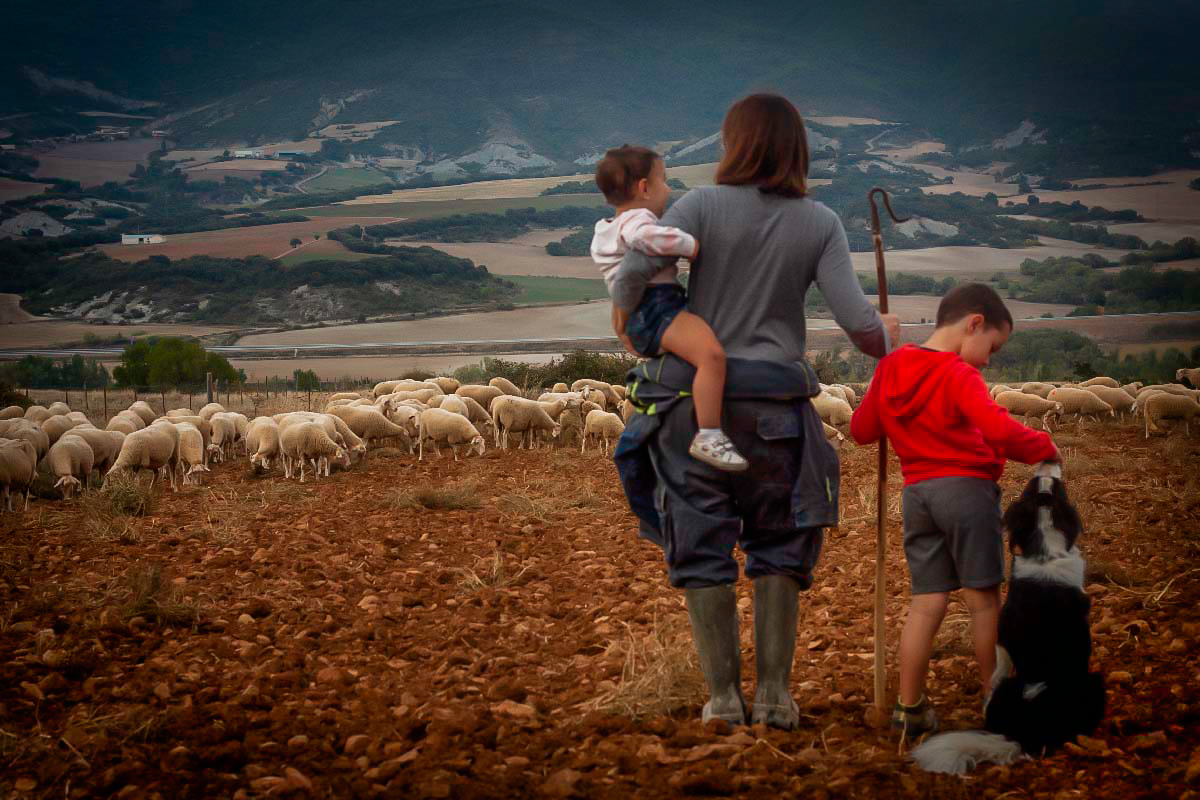
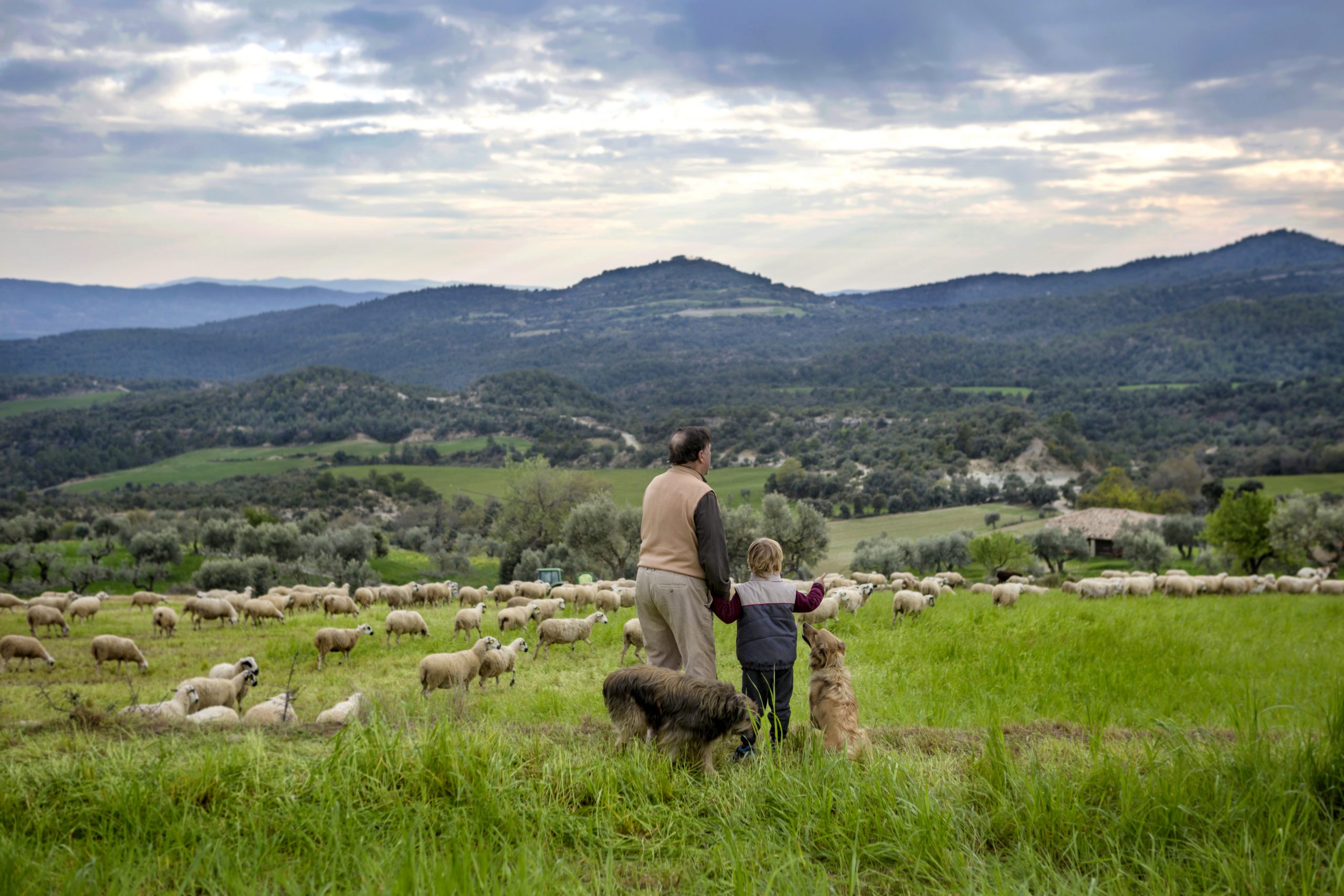
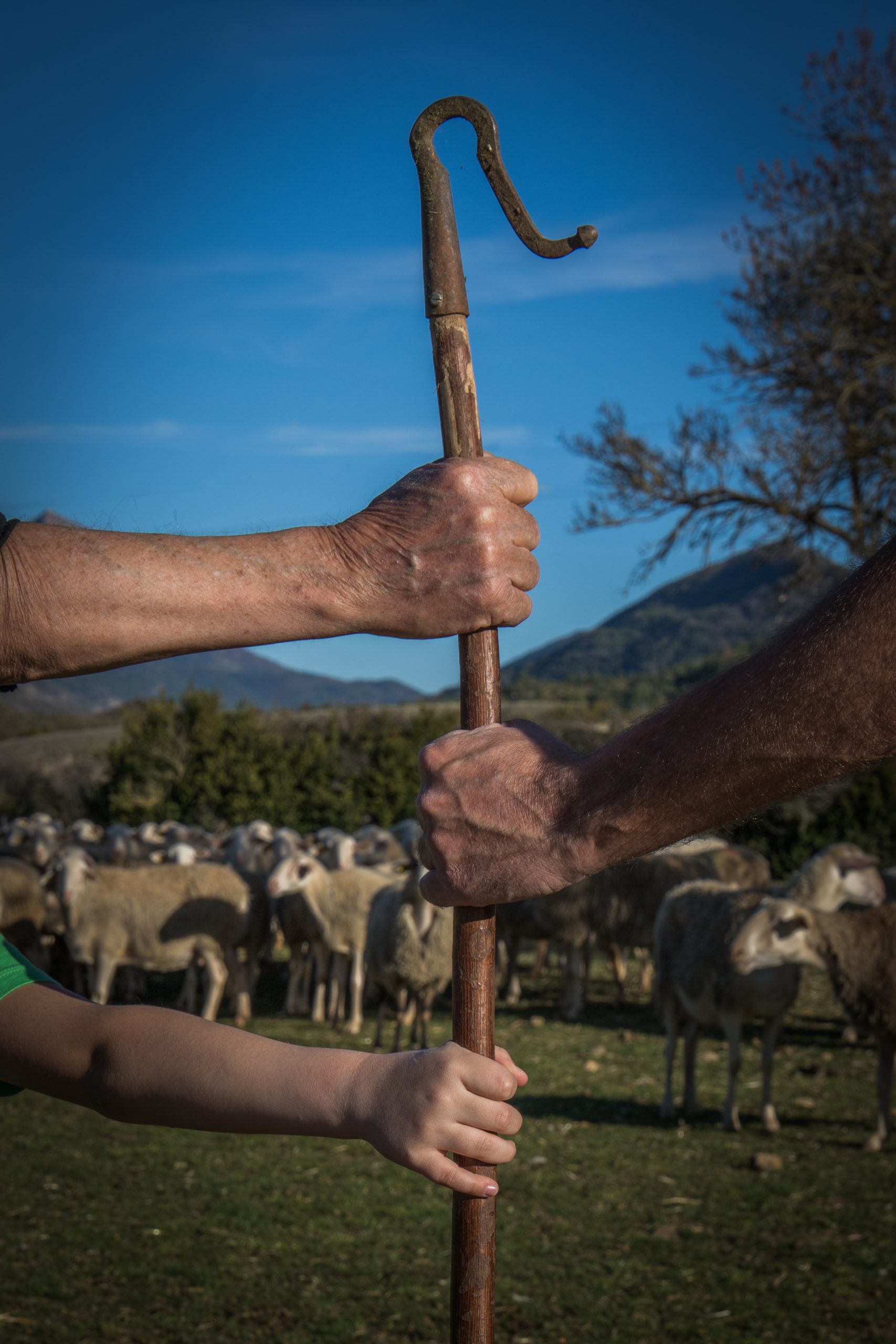
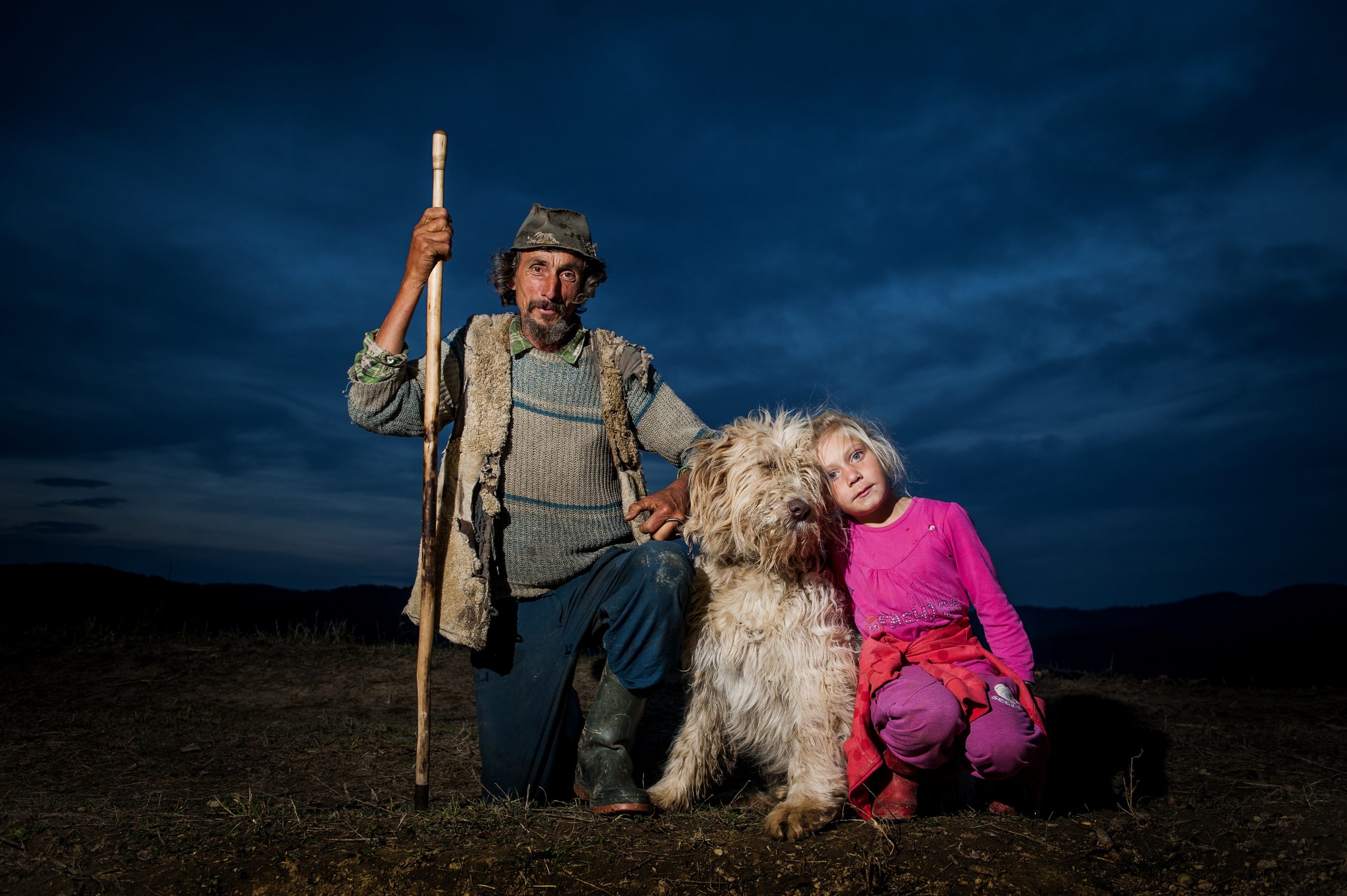
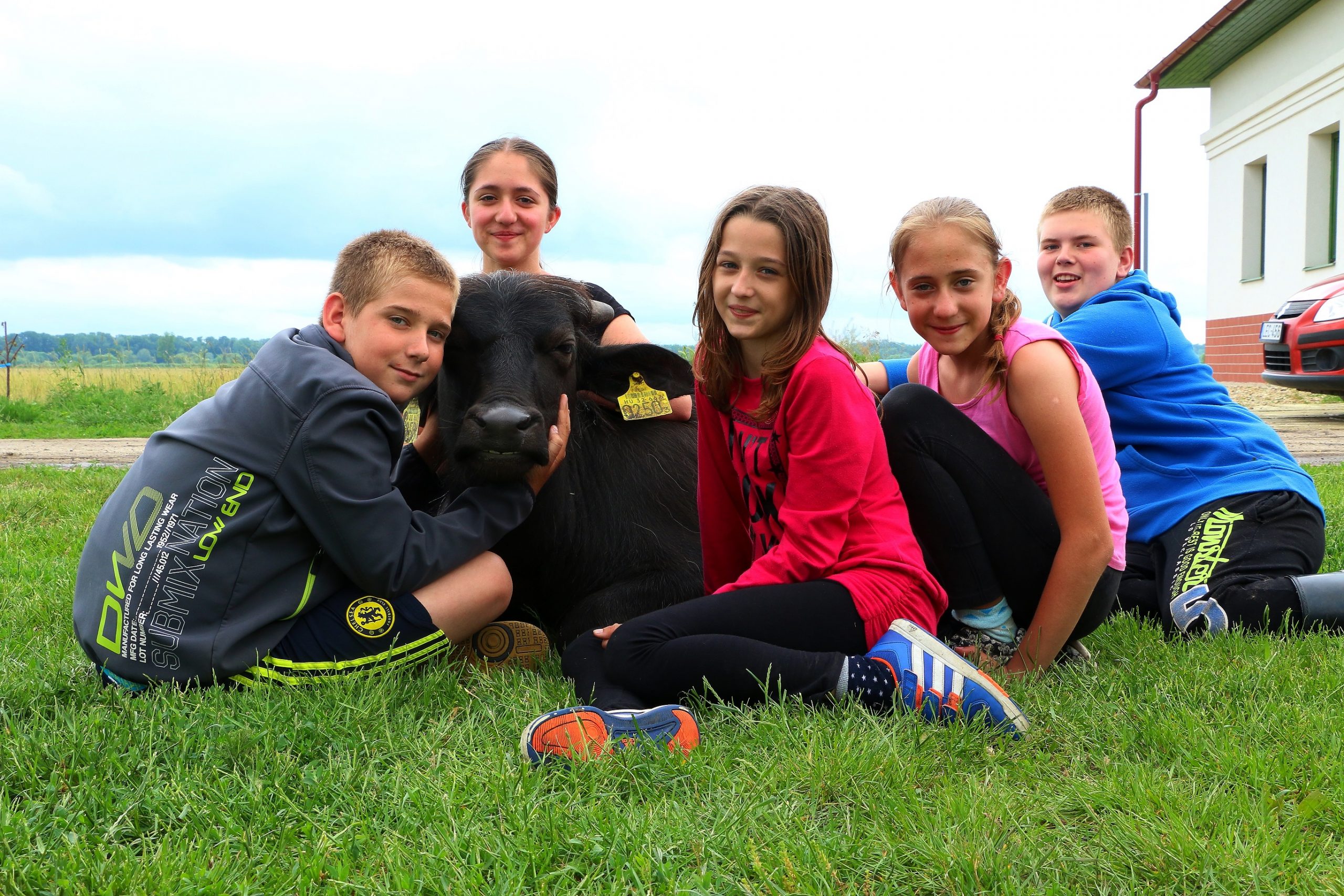
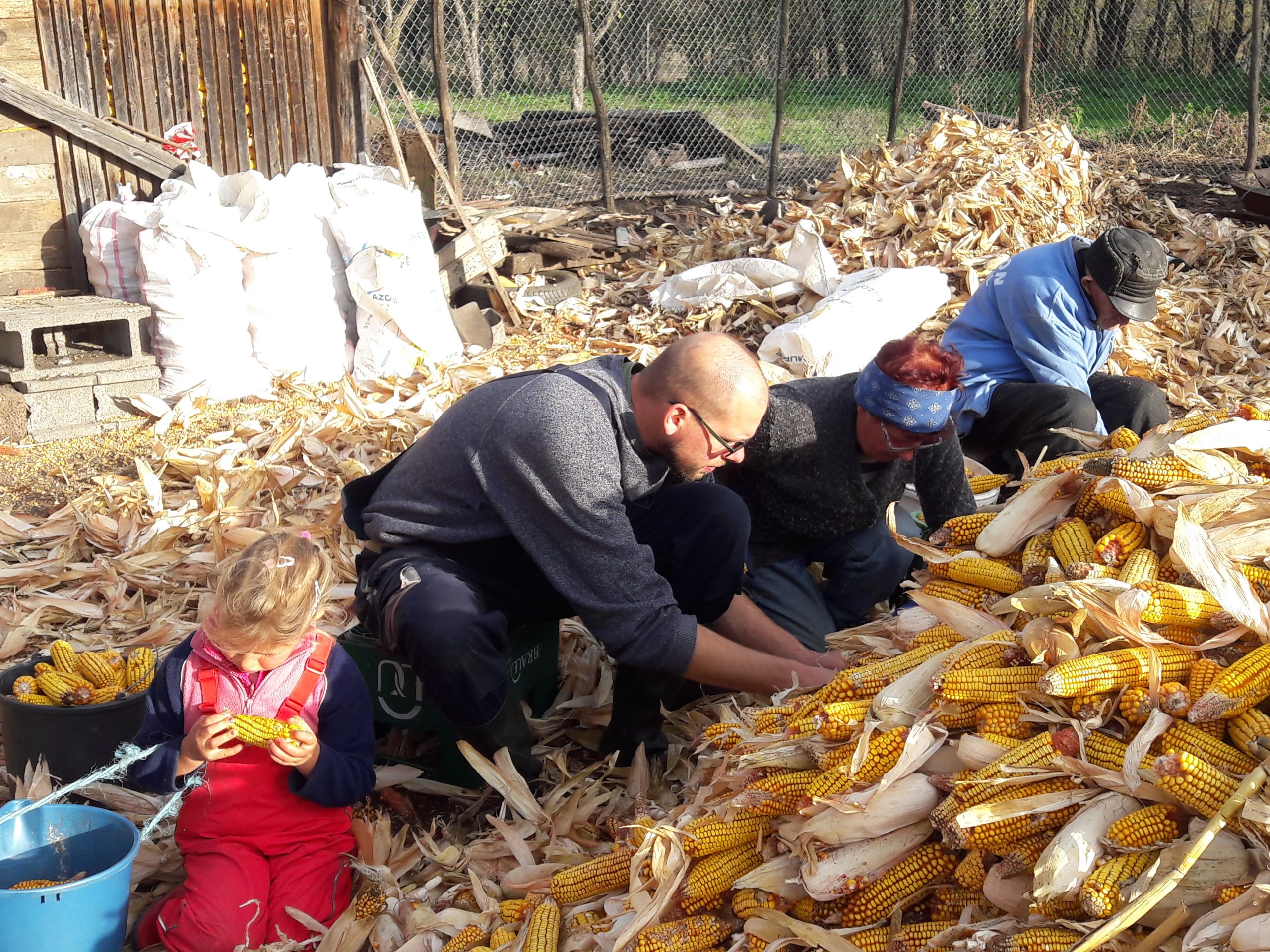
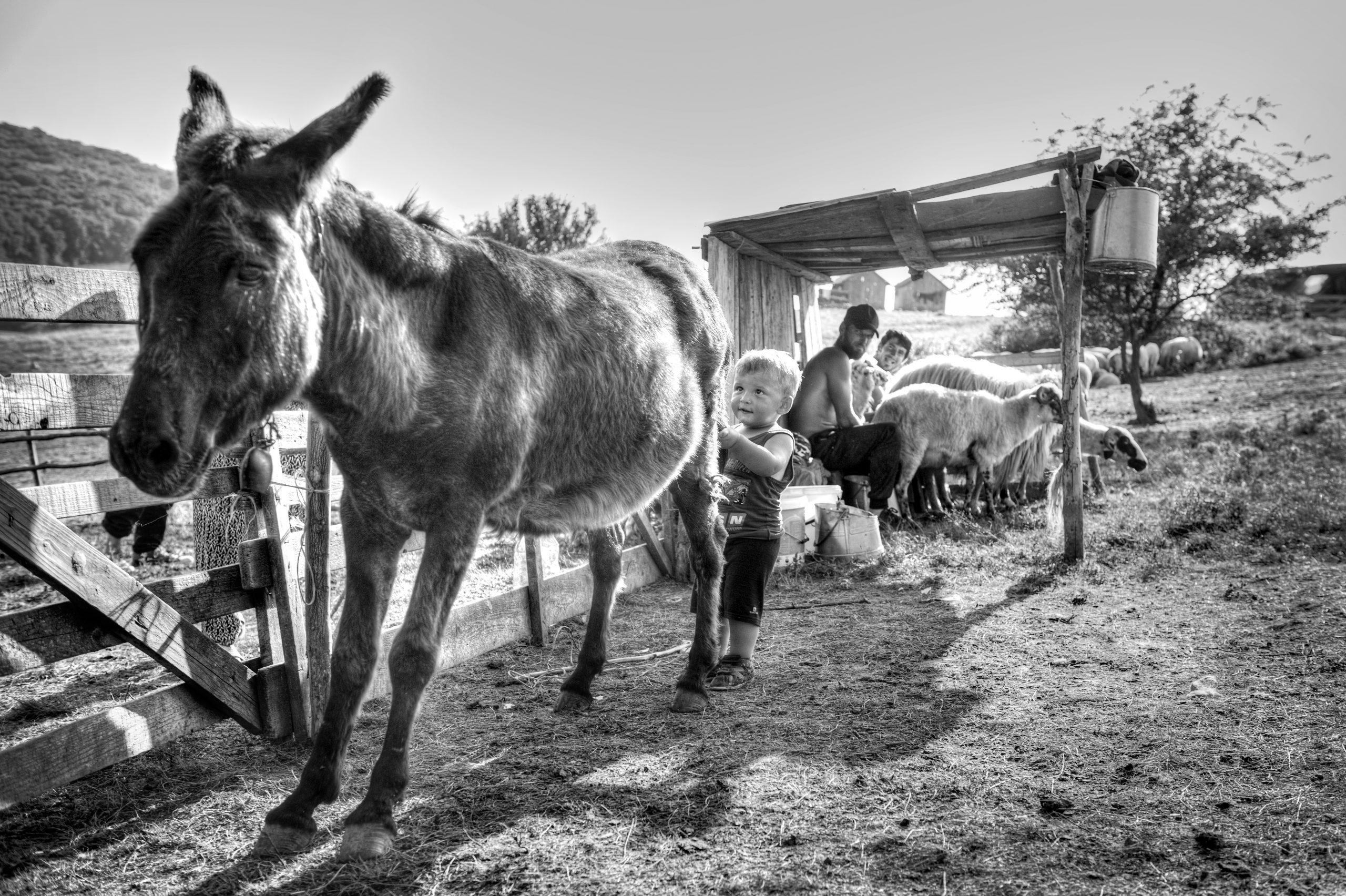
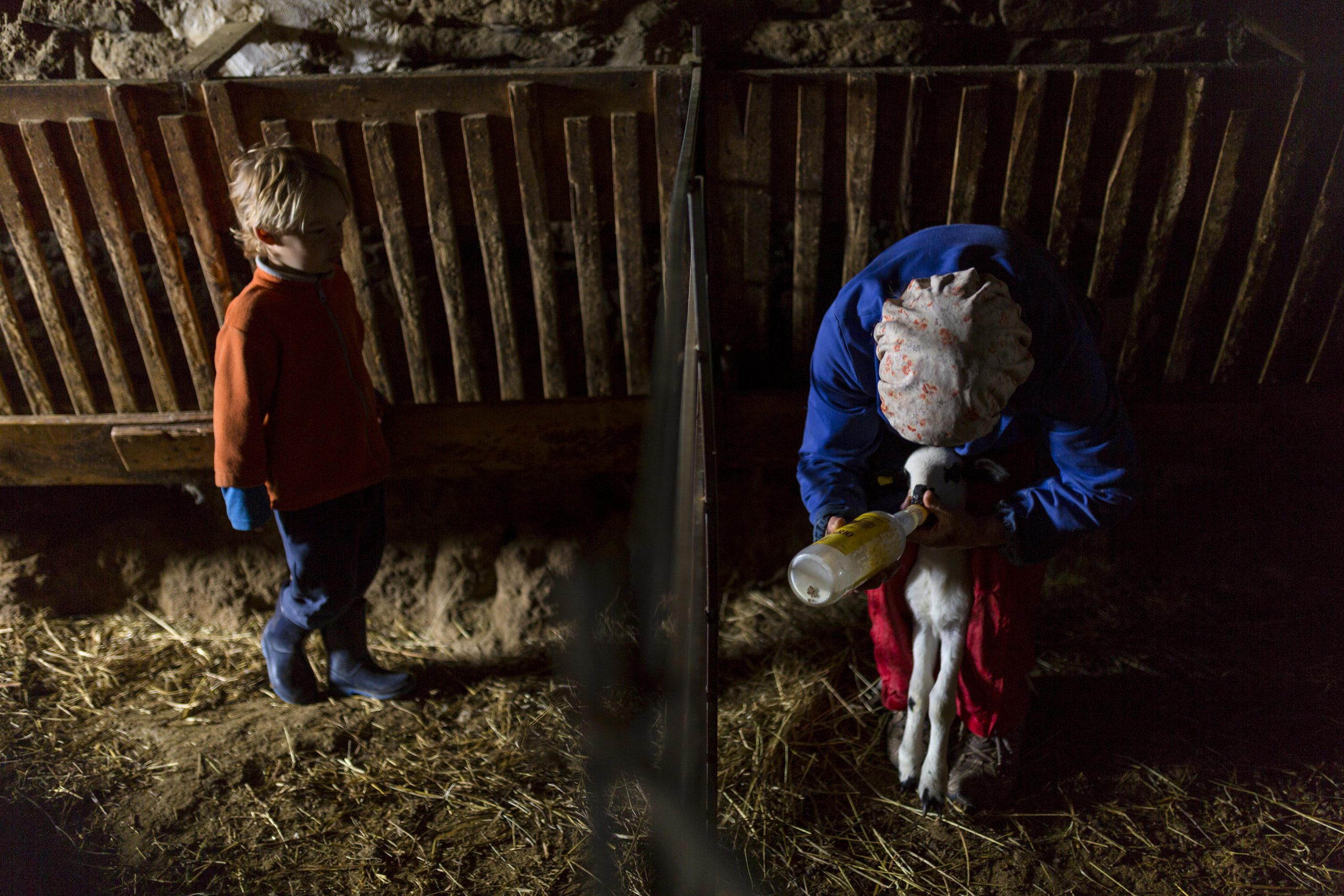
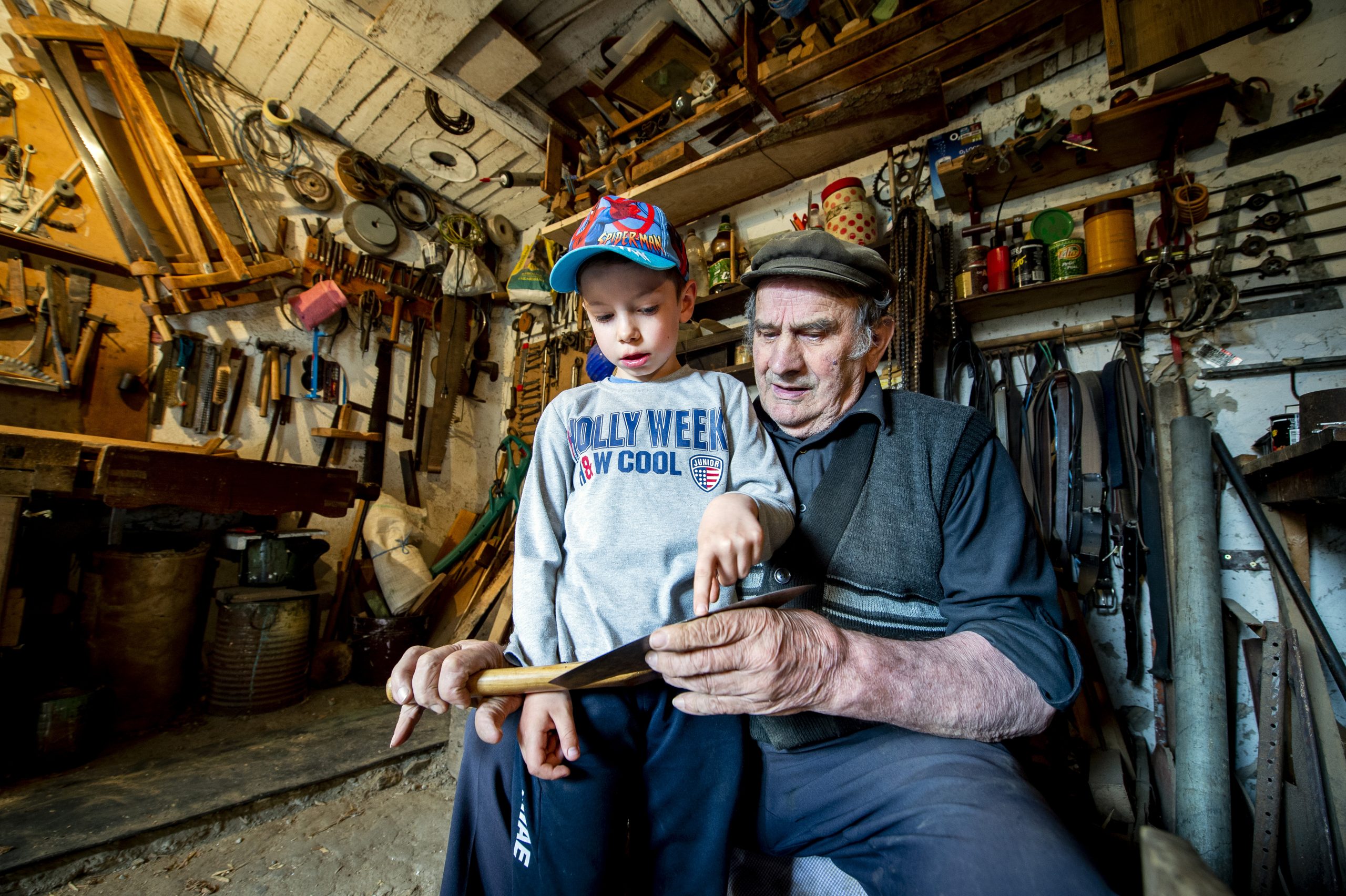
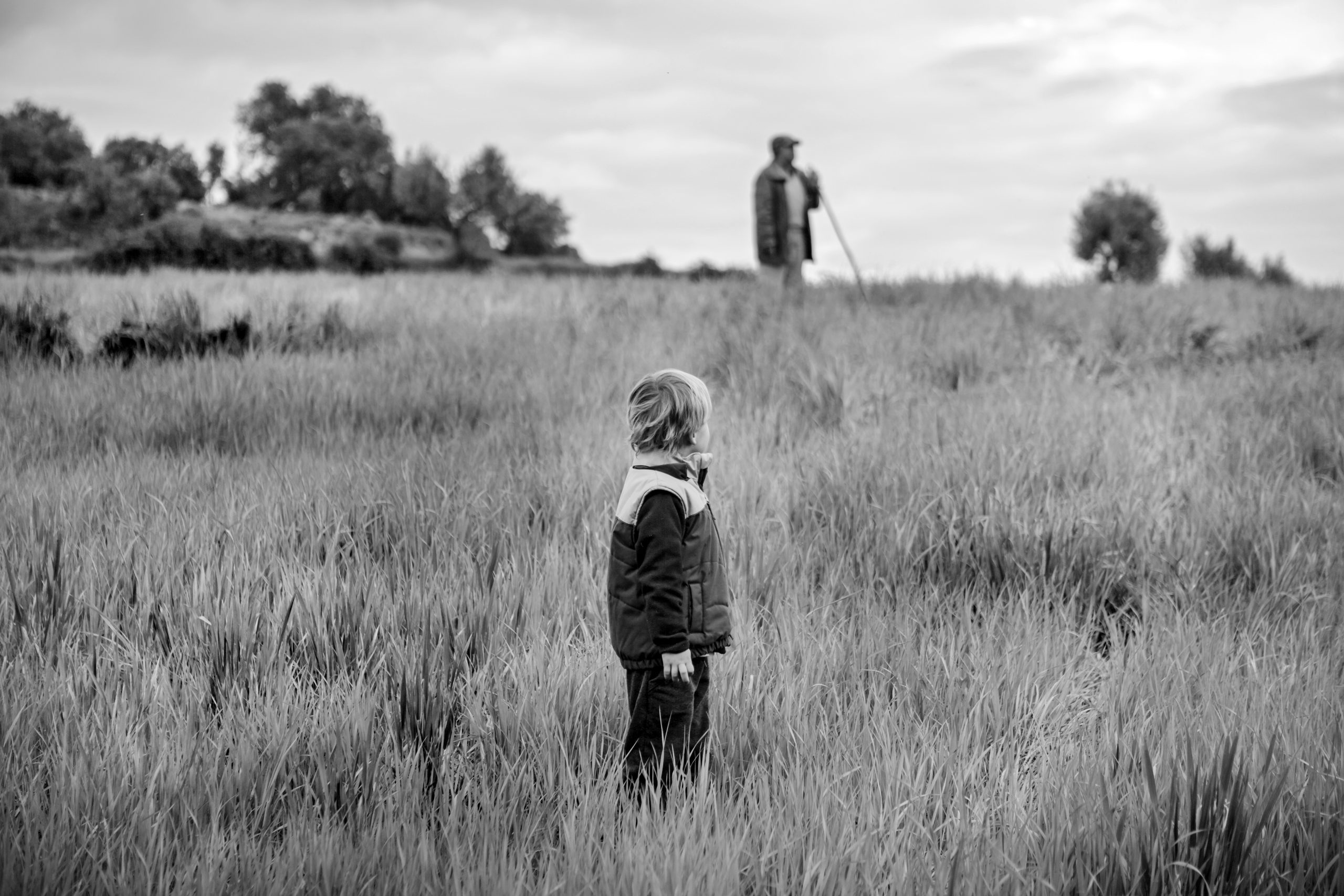
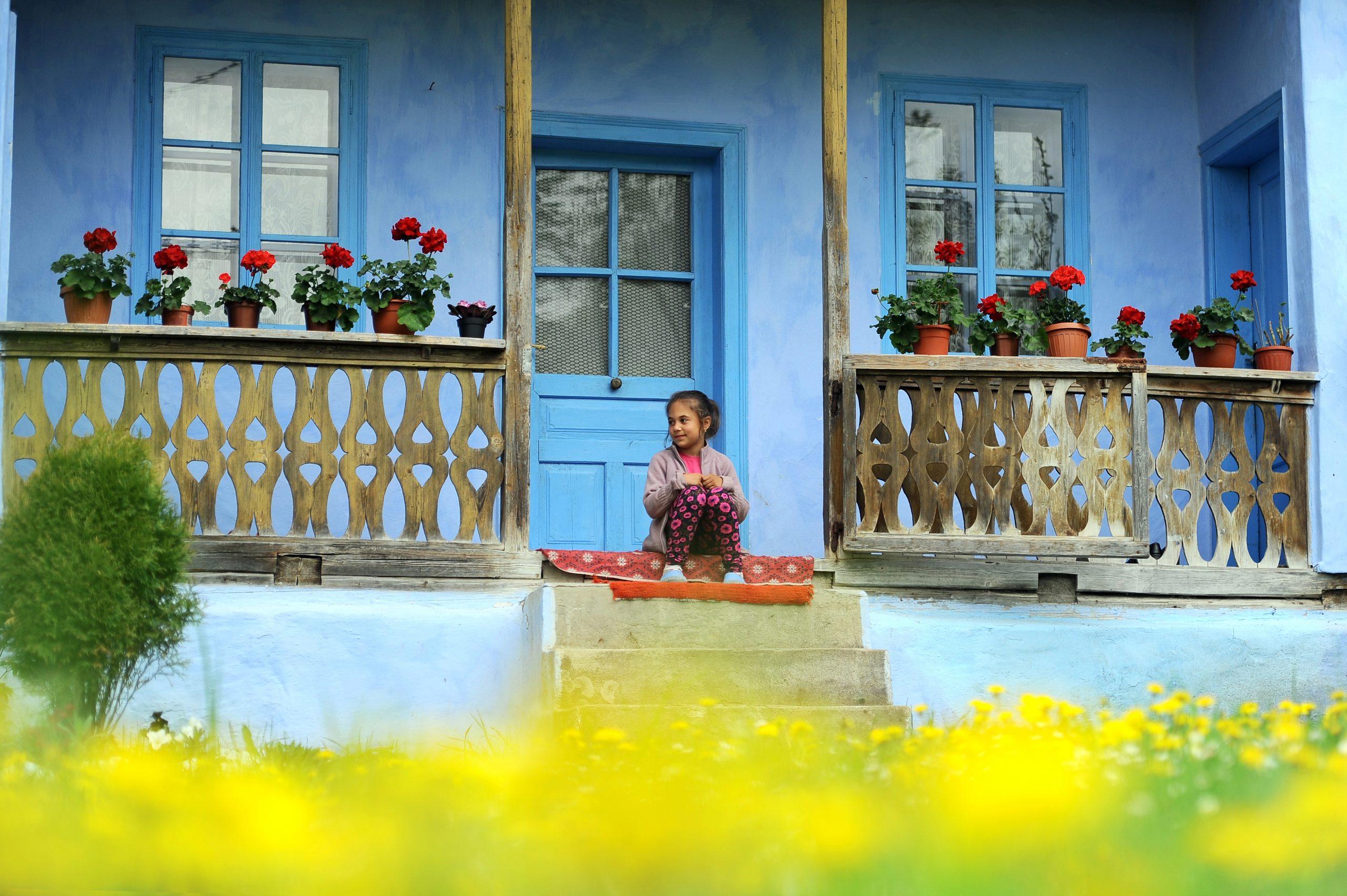
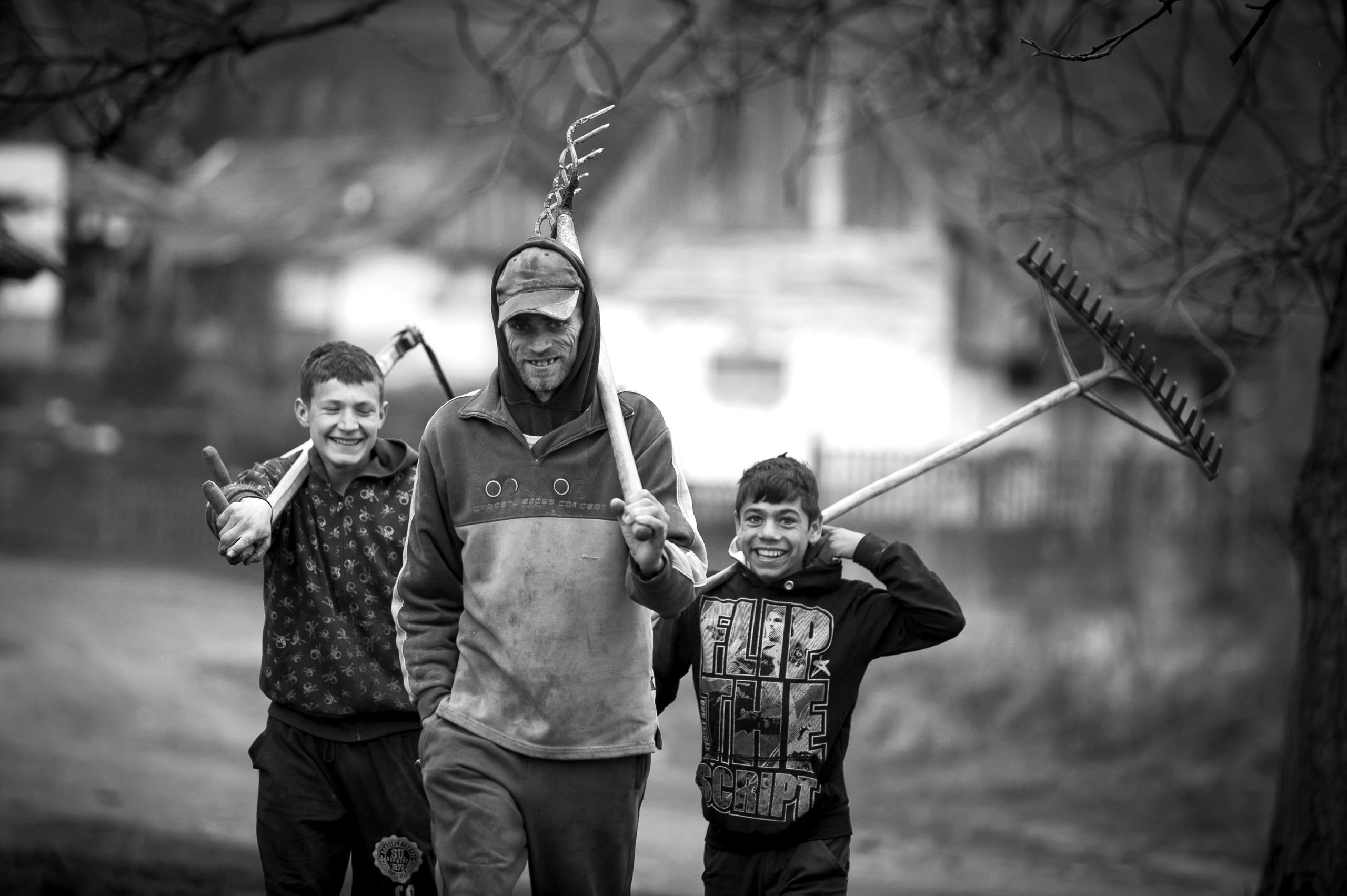
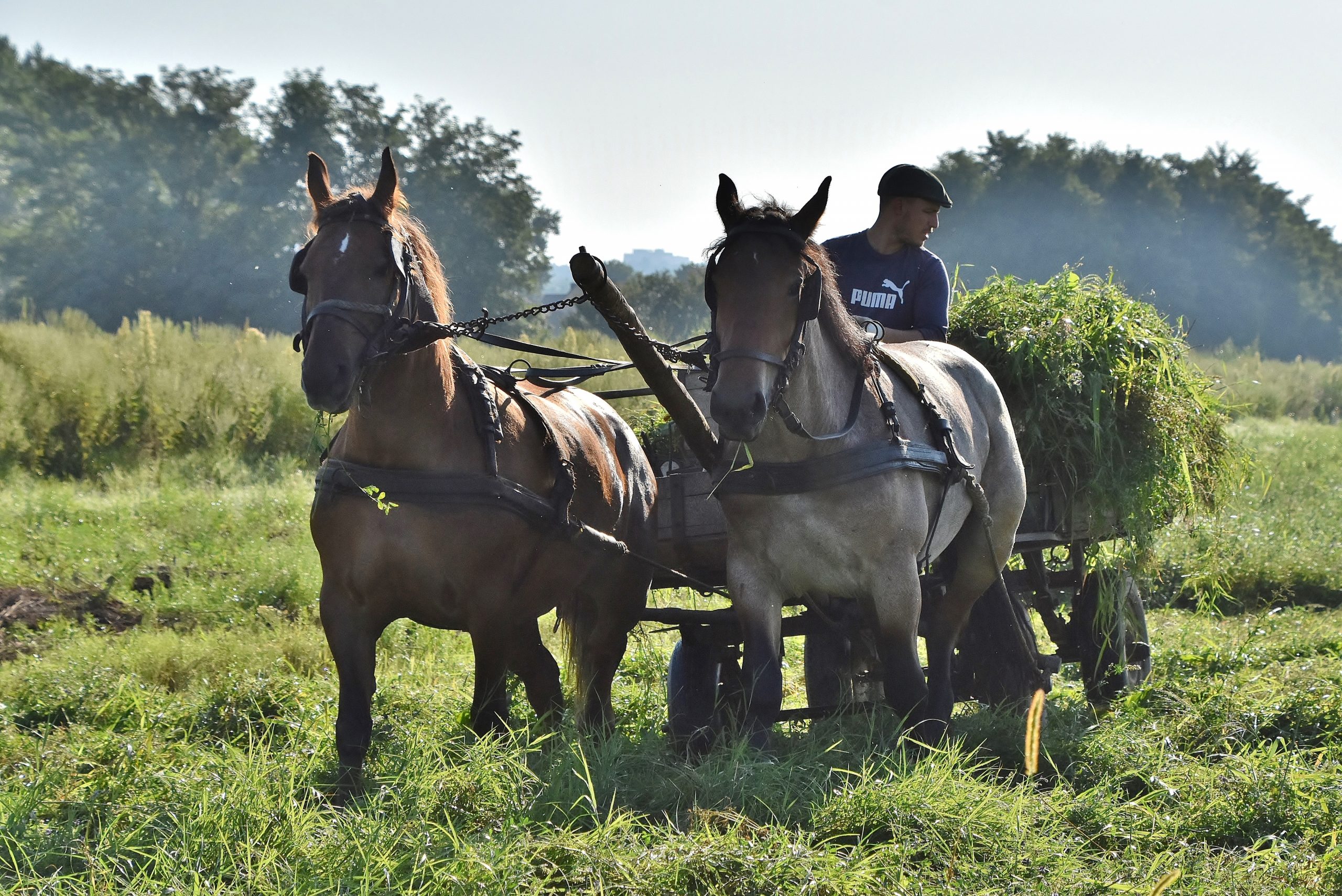
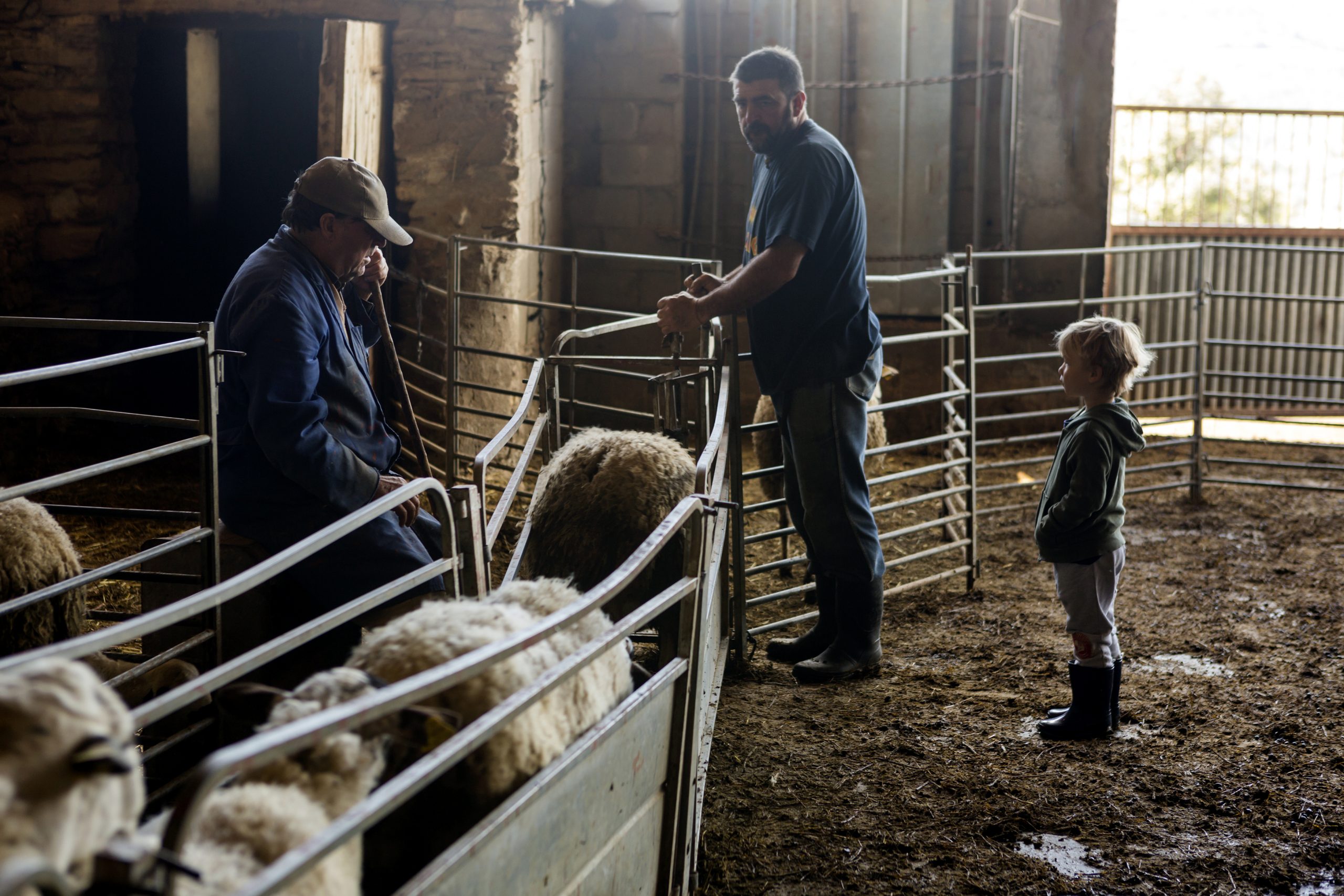
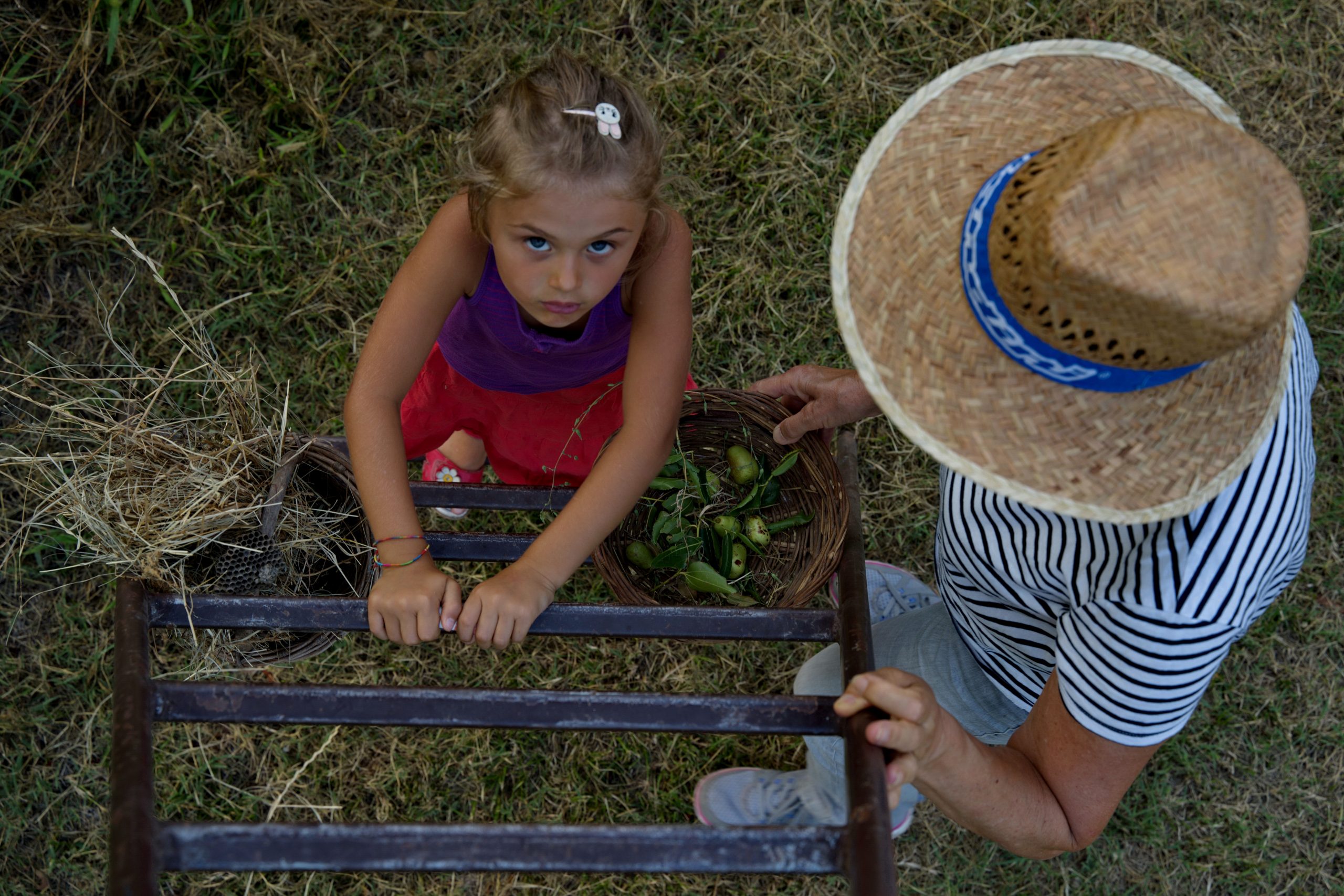
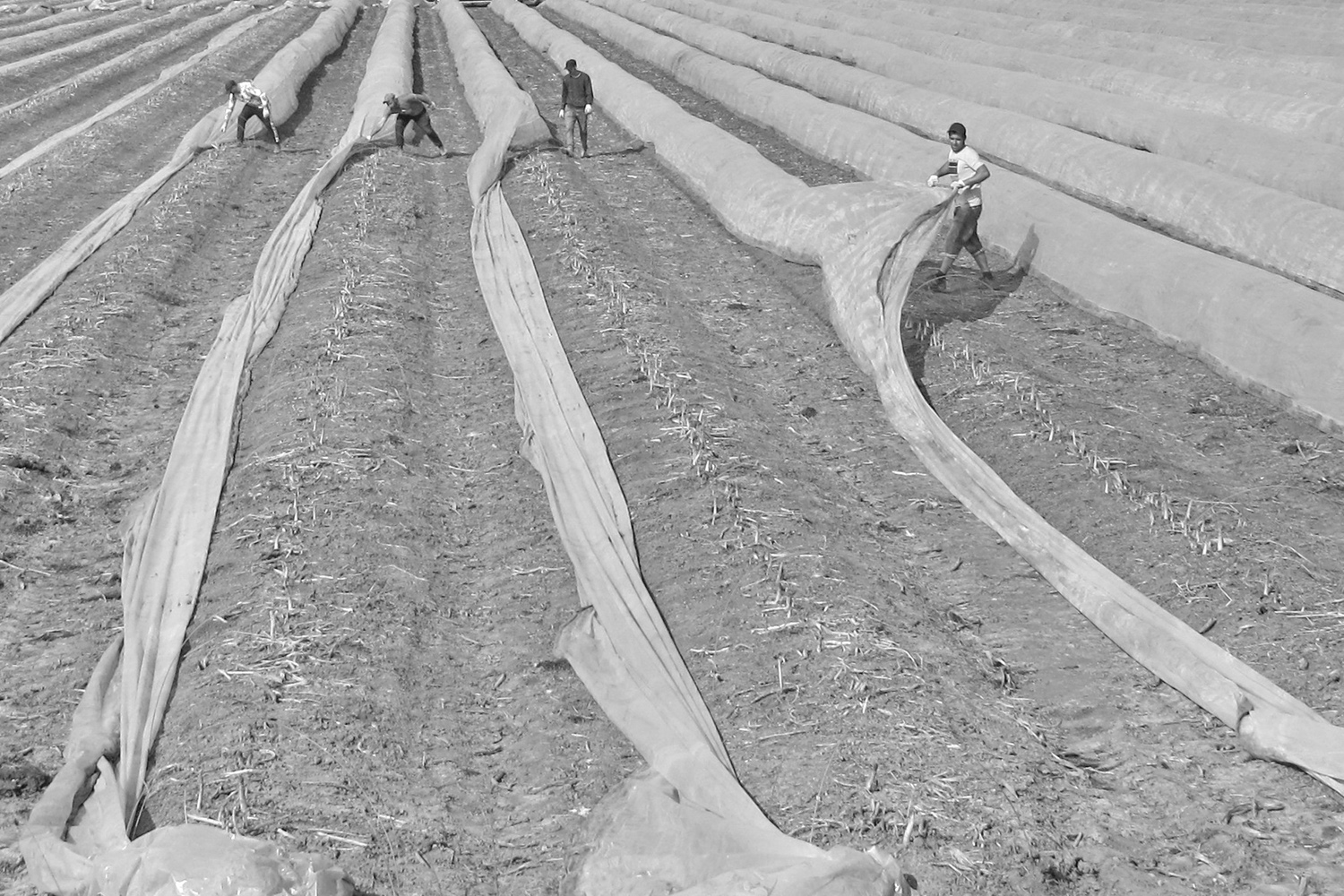
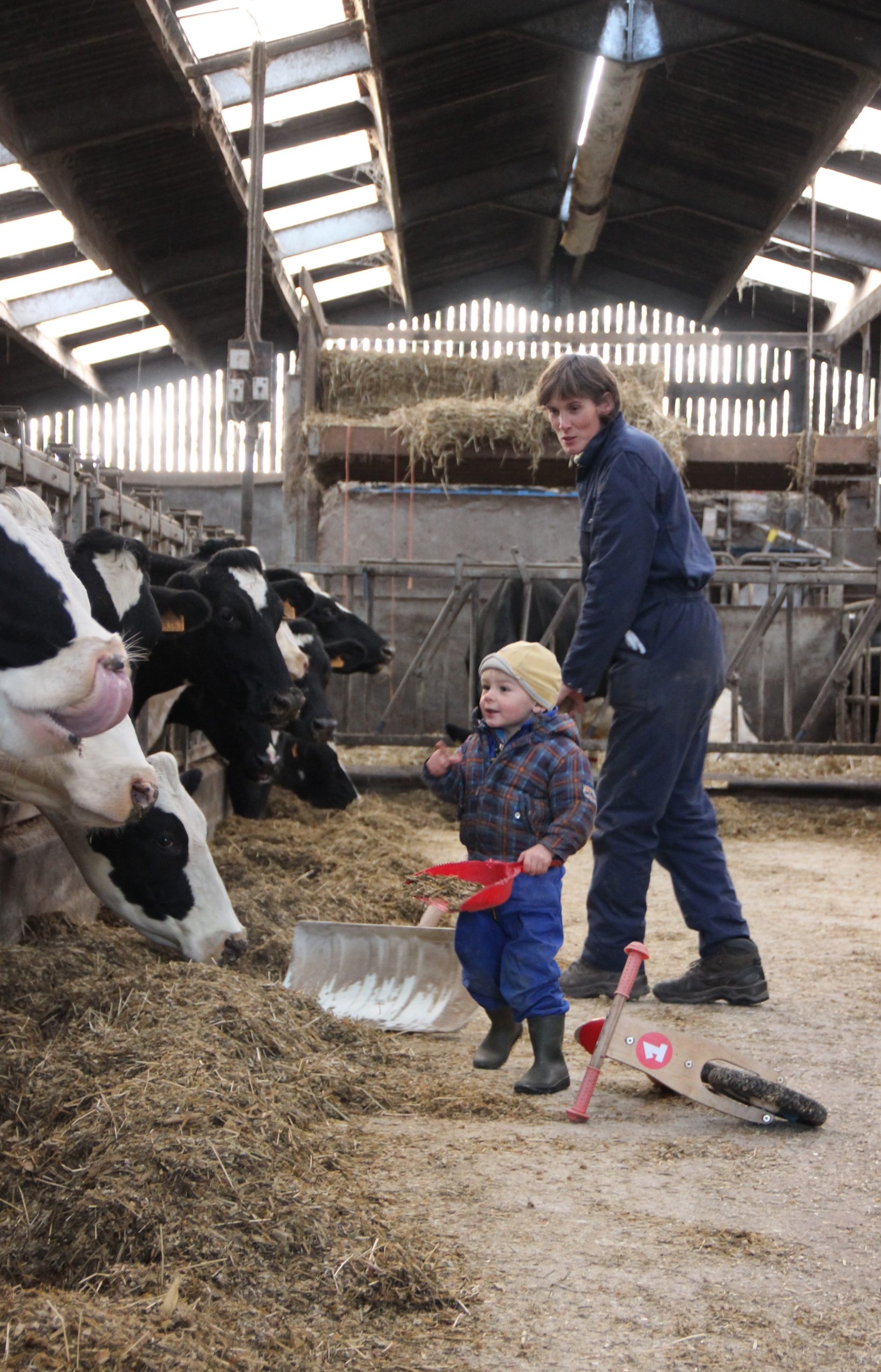
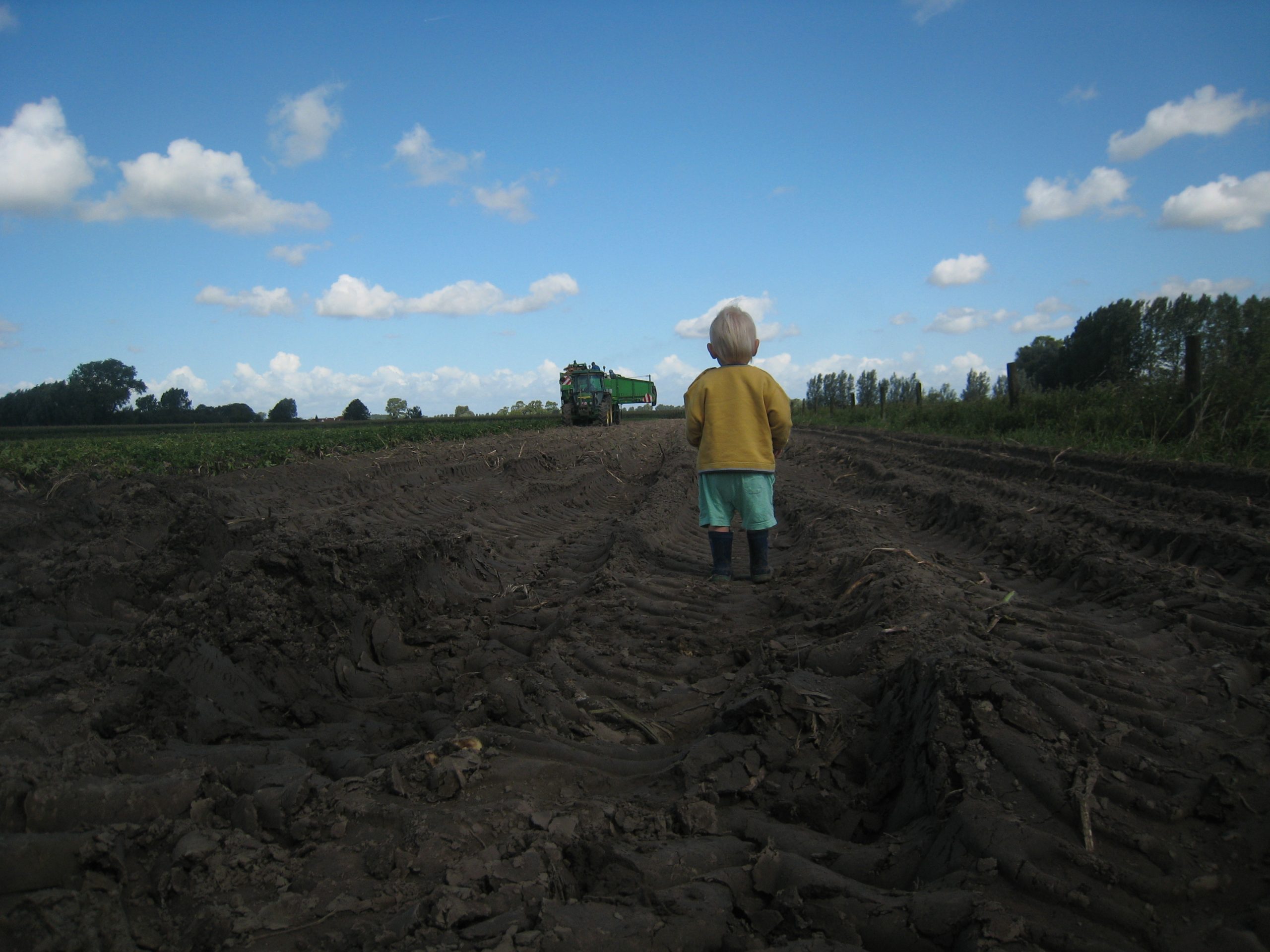
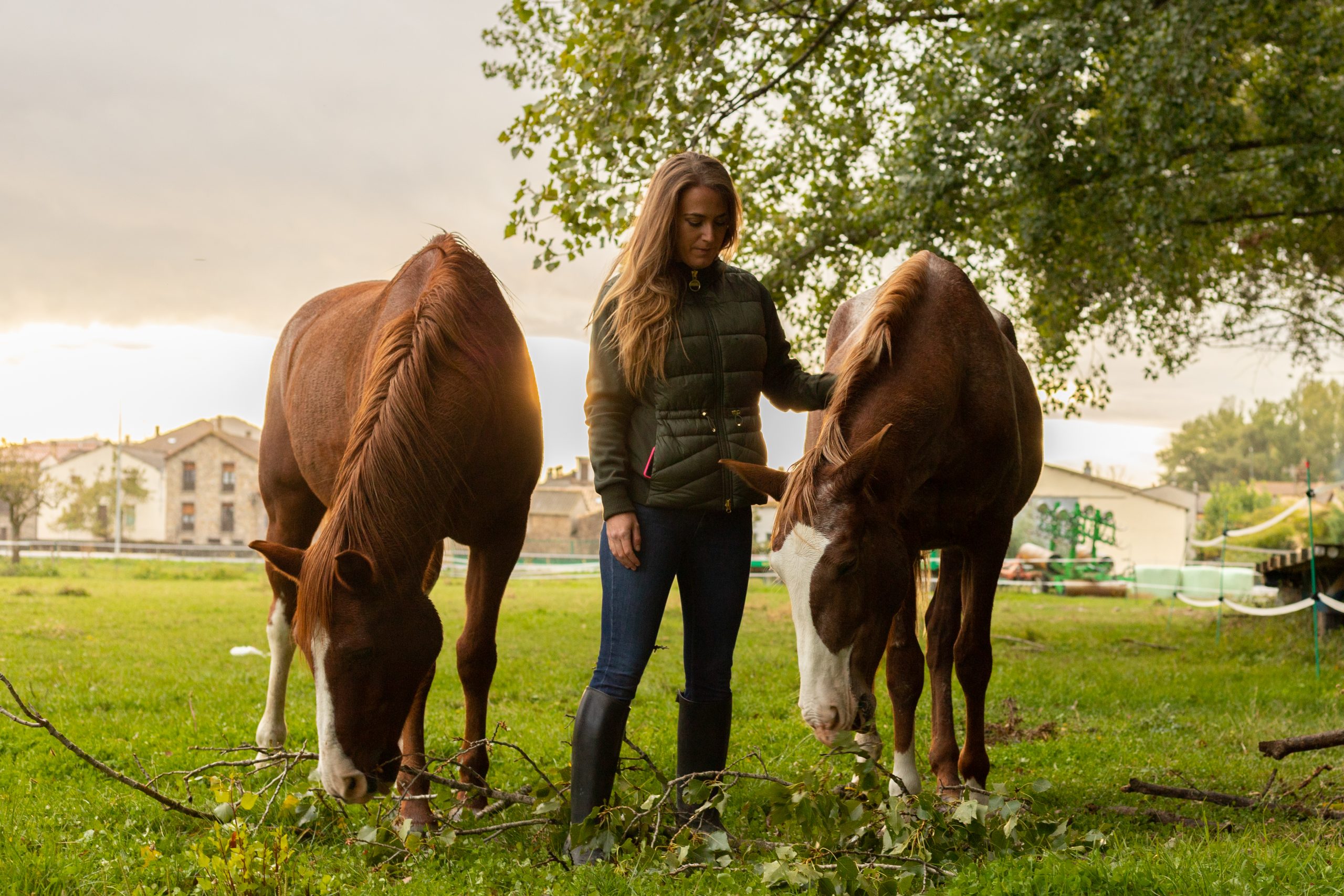
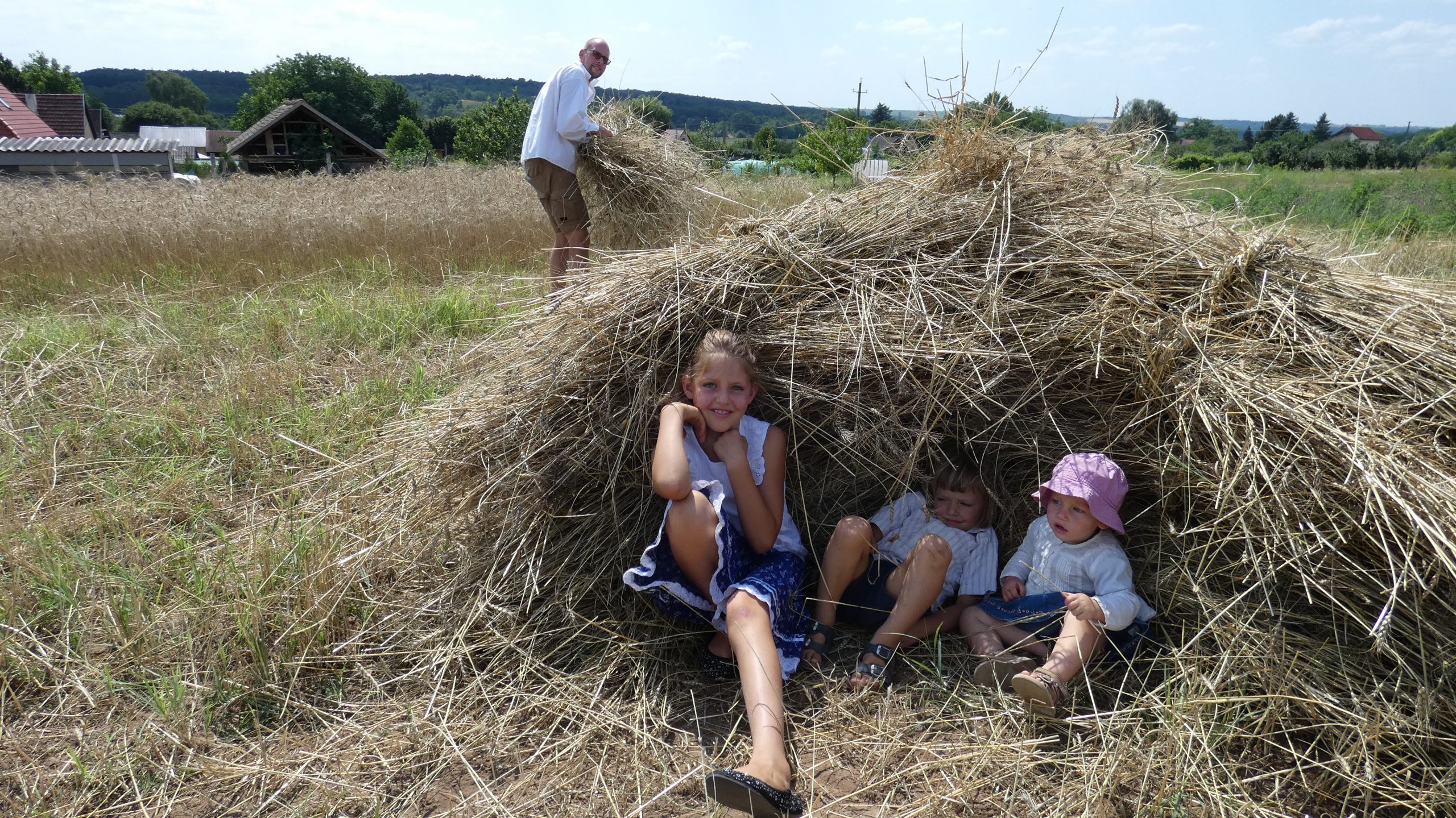
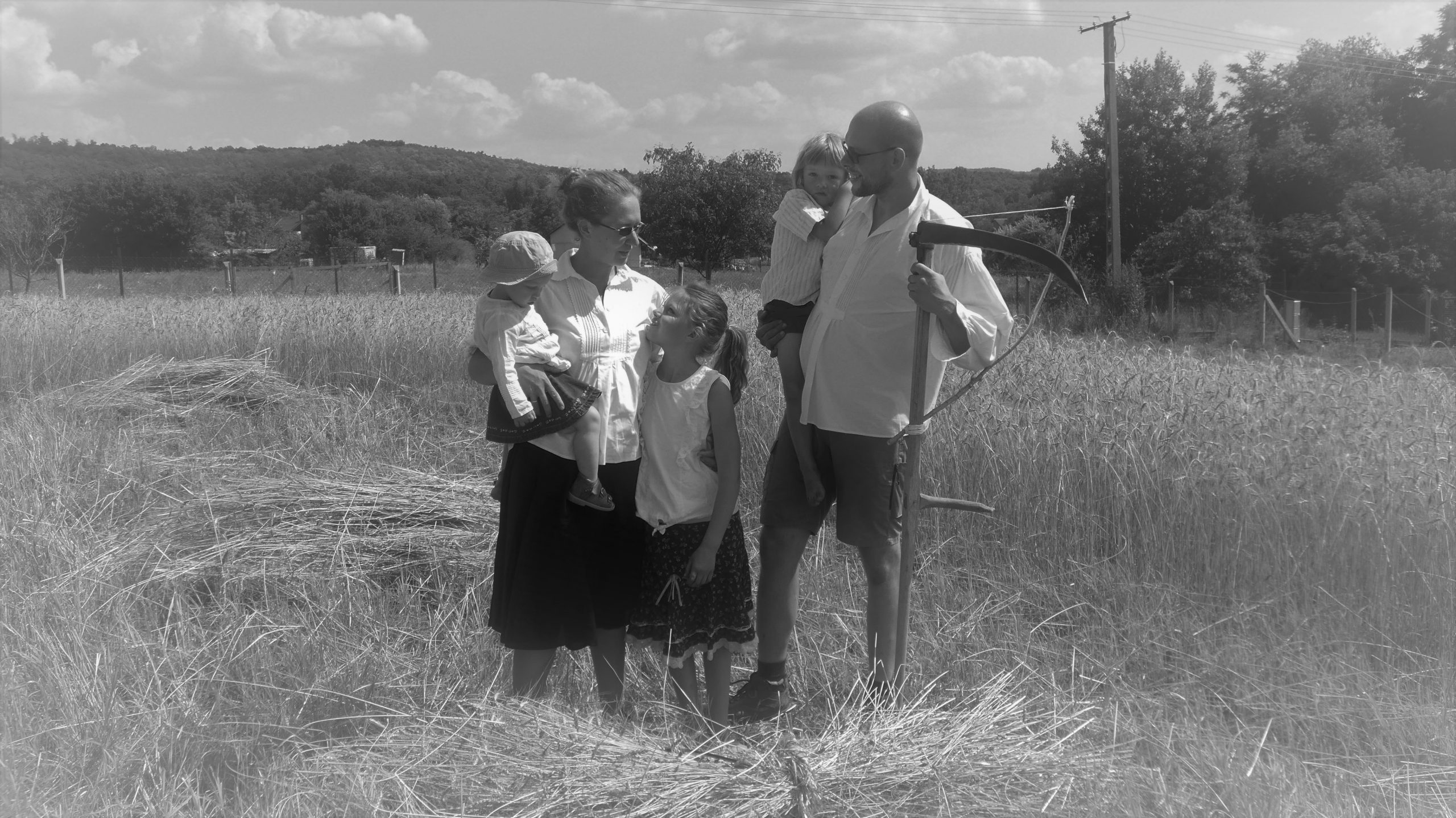

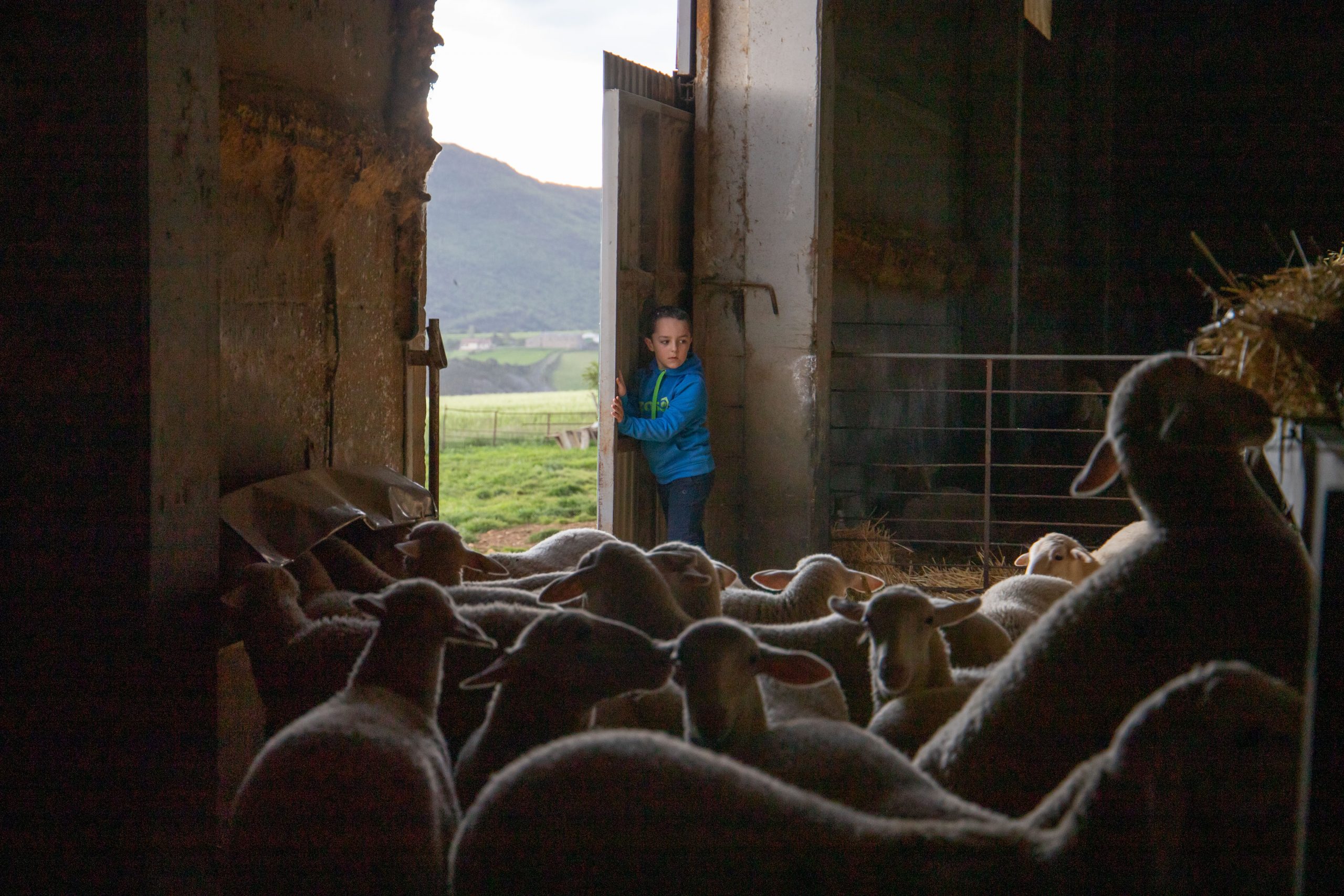
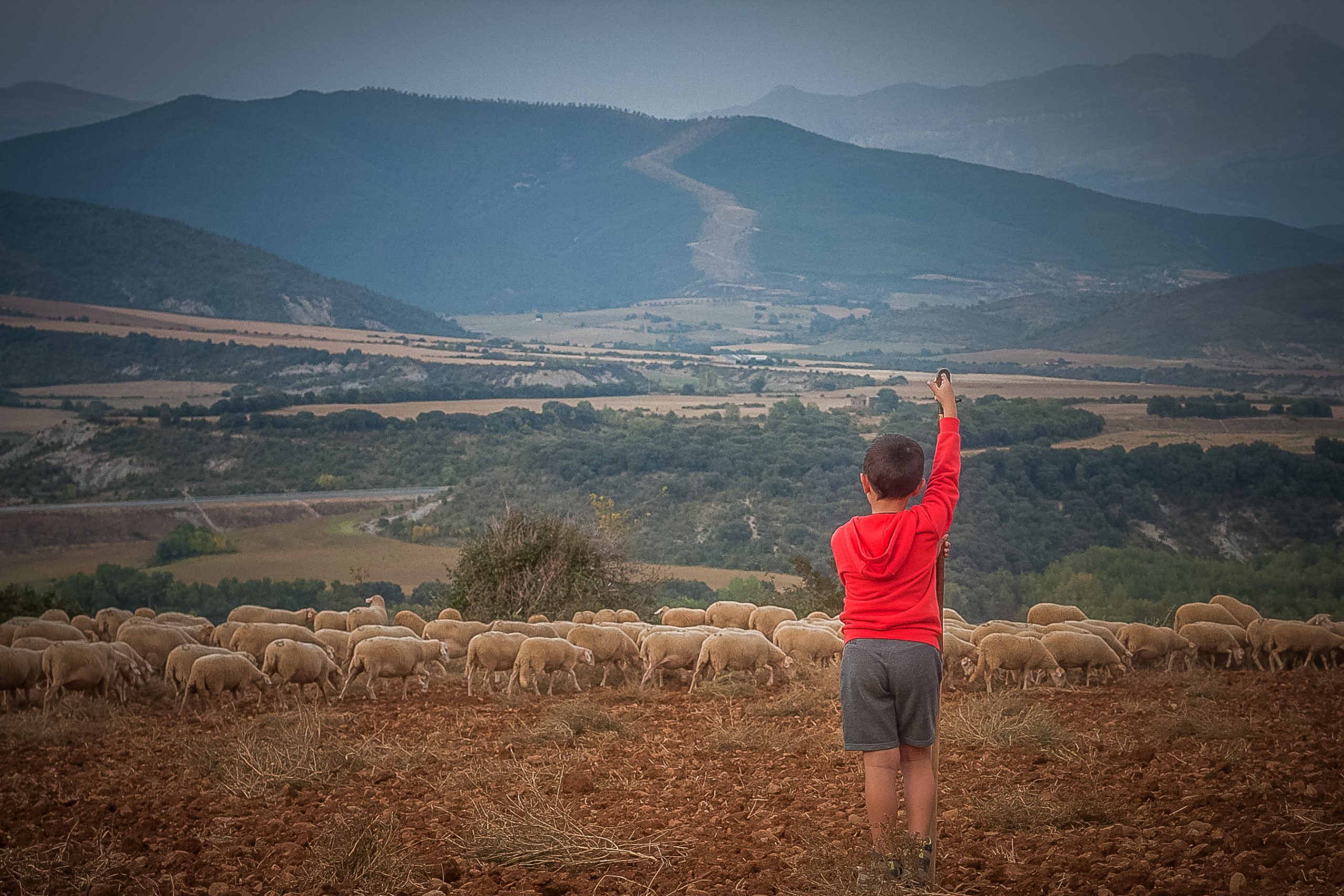

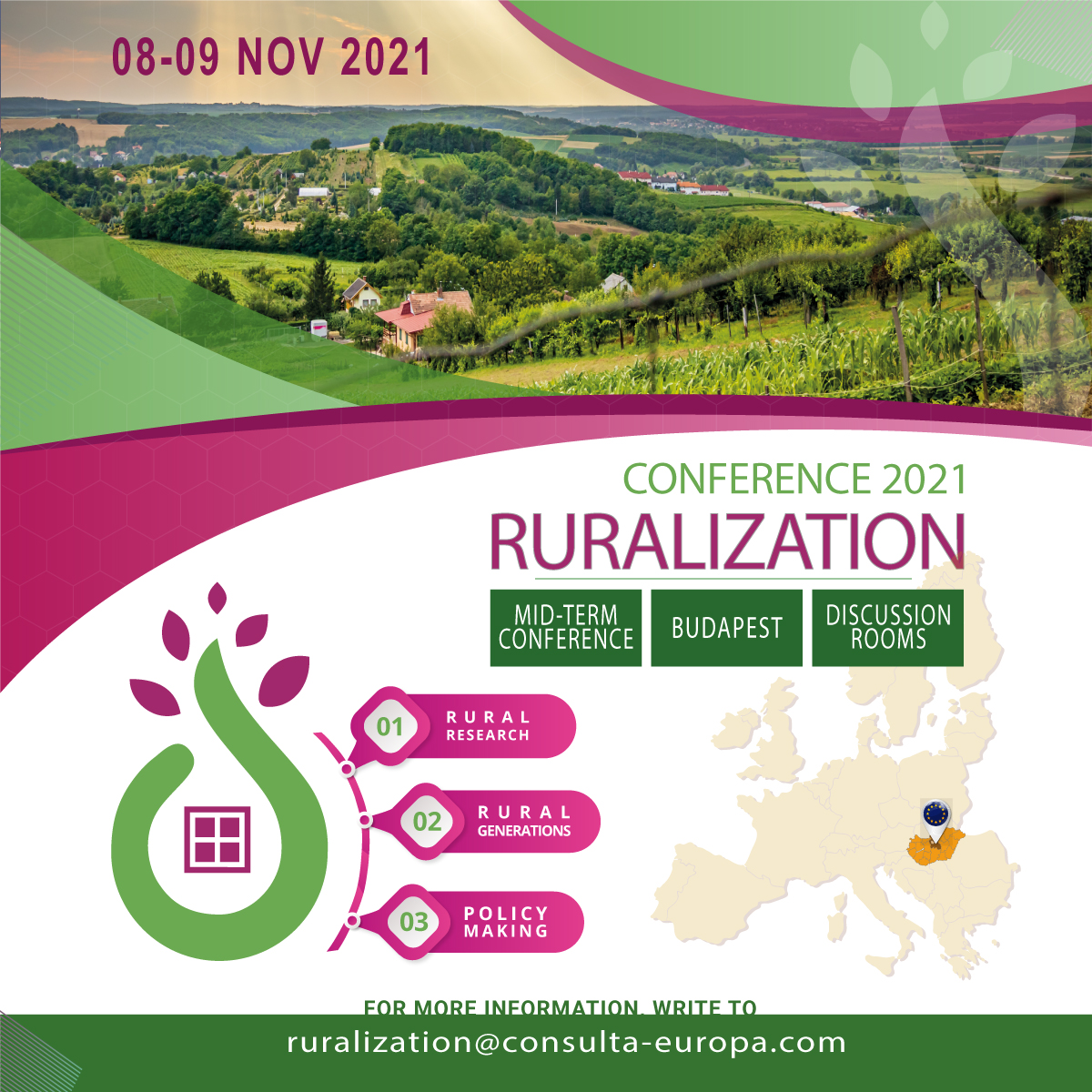
The RURALIZATION consortium is proud to invite you to our Mid-term Conference on November 8th and 9th 2021, dedicated to the H2020 Ruralization project results and future projections. Within the course of an on-site and virtual meeting with experts and stakeholders, the debate will be developed across three discussion rooms: rural research, rural generations and policy-making for rural areas. We would like to invite you to participate in the discussion room of your preference, as well as to visit the virtual exposition where the best rural photos submitted to our Photo Exhibition will be displayed.
We would like to invite you to participate in the discussion room of your preference. The rural research session will identify key questions and begin to map out ways forward for rural research and policy that can support realisation of ruralisation and its regenerative outcomes for rural areas. RURALIZATION is focused on assessing and developing novel instruments, strategies and policies for rural regeneration and generational renewal. Its particular focus is on rural foresight analysis, the future dreams of rural youth, facilitating rural newcomers, farm succession, new entrants into farming and access to farmland.
These ideas would be further developed during the rural generation’s session, providing examples in relation to some of these specific areas, but also concentrate on more overarching questions around how the ruralisation process can be supported. It will also focus particularly on the central theme underpinning this conference, the question of bridging the EU level with local level practices.
The conference will count with the participation of European Commission’s representatives who will present the long-term vision for the EU's rural areas. The final session of the conference will aim at deriving concrete policy conclusions from the project findings as well as communicating and discussing them with policy makers. Therefore, the RURALIZATION mid-term conference is the moment to resume the project findings about rural trends, access to land and rural generations.

Meeting venue
Centre for Social Sciences (Társadalomtudományi Kutatóközpont)
Address: H-1097. Budapest, Tóth Kálmán Street 4.
Website: https://tk.hu/en
AirportIn order to get from Budapest Liszt Ferenc Airport to Budapest and the accommodation, the following options are available:
Taxi: Travel time takes up to 30-35 minutes, the fee could be around 6.500-8.000 Hungarian Forints (18-22 EUR).
Airport shuttle: If there are more people who booked the same accommodation, there is a possibility to book an airport shuttle: https://www.minibud.hu/booking
Public transport: There is an online website as well as an application you can use to get around Budapest called BKK Futár. For more information, see: https://bkk.hu/en/
For more information on how to get from and to the Budapest Liszt Ferenc Airport, see: https://www.bud.hu/en/passengers/transport/public_transportation/budapest_public_transportation
An airport bus is operated (100E) with a specific airport ticket valid for one ride (900 HUF / 2,5 EUR). In order to access other types of public transport, there is a possibility to buy
· a 24-hour Budapest travelcard for 1650 Hungarian forints (4,6 EUR) or
· a 72-hour Budapest travelcard for 4150 Hungarian Forints (11,6 EUR).
Weather
In November in Budapest the temperature can range from 1°C to 12°C. Depending on the day, it can rain or snow as well, so we advise participants to prepare for that – especially considering the site visit which will take place in the region of Mór.
Currency
Hungary uses Hungarian Forints (sign: Ft, code: HUF). The exchange rate is 1.00 Euro = ~360 Hungarian Forints (as of 8 October 2021)
Voltage & Outlets
Similarly to other part of Europe, in Hungary the power plugs and sockets are of type C and F. The standard voltage is 230 V and the standard frequency is 50 Hz.
Voltage & Outlets
Similarly to other part of Europe, in Hungary the power plugs and sockets are of type C and F. The standard voltage is 230 V and the standard frequency is 50 Hz.
COVID-19 testing centres
The price of the COVID-19 test is regulated at 19.500 HUF (54 EUR).
• At the airport [link] - please consider that it may take too much time before your flight.
• Hivatalos Covidteszt or Sürgős Covidteszt (operated by the same company) [link] - they guarantee transport from the Airport to Budapest, not the other way around. Address: 1093 Budapest, Czuczor u.
• Whitelab (Whitelab Lurdy) [link] Address: 1097 Budapest, Könyves Kálmán krt. 12-14
The last two centres have the option to pre-book an appointment and have more central testing centres as well, like Astoria.

DAY 1 Mid-term Conference
|
Monday, 8th November 2021 |
||
|
11:30 – 12:30 |
Lunch |
|
|
12:30 – 12:45 |
Welcome & Introduction to RURALIZATION |
Willem Korthals Altes (TU Delft) |
|
|
|
|
|
|
DISCUSSION ROOM 1: RURAL RESEARCH |
|
|
12:45 – 13:15 |
Framework for research and innovation Key questions and potential ways forward towards ruralization |
Maura Farrell, Aisling Murtagh and Louise Weir (NUIG) (20 min presentation + 10min discussions) |
|
13:15 – 13:45 |
Foresight analysis |
Tuomas Kuhmonen (UTU) (20 min presentation + 10 min discussions) |
|
13:45 – 14:15 |
EU rural initiatives and insights from research projects to promote ruralization
PoliRural SHERPA RURITAGE NEWBIE DESIRA MOVING Project |
Flash project presentations (5 min each):
Antoni Oliva (22 sistema) Elodie Salle (Ecorys) Claudia De Luca (University of Bologna) Lee-Ann Sutherland (ILUSC) Gianluca Brunori (University of Pisa) Mar Delgado and Sherman Farhad (University of Córdoba) |
|
14:15 – 14:40 |
Round table discussion:
- What specific opportunities can support new generations (e.g. newcomers, young people, migrants, new entrants into farming) in rural areas? - What are the barriers rural research has identified inhibiting the realisation of these opportunities? - What are the research gaps we need to address to help realise these opportunities? |
Round table discussion + Q&A time (25 min) |
|
14:40 – 15:00 |
Break |
|
|
15:00 – 18:00 |
Site visit to a rural case study |
Bozóky Winery - Wine Region of Mór |
|
18:00 |
Consortium dinner |
Öreg Prés Butikhotel - Inn to the Old Wine Press |
DAY 2 Mid-term Conference
|
Tuesday, 9th November 2021 |
||
|
08.30 – 09:00 |
Start Meeting (Coffee) |
|
|
09:00 – 09:15 |
Welcome |
Willem Korthals Altes (TU Delft) |
|
|
|
|
|
|
DISCUSSION ROOM 2: RURAL GENERATIONS |
|
|
09:15 – 10:00 |
Rural newcomers and new entrants into farming |
Silvia Sivini and Annamaria Vitale (UNICAL), Imre Kovách (UNIDEB), Megyesi Boldizsár (MTA TK), Maura Farrell, Aisling Murtagh and Louise Weir (NUIG) (30 min presentation + 15 min discussions) |
|
10:00 – 10:10 |
RURALIZATION Photo Exhibition |
Michelle Perello (Consulta Europa) |
|
10:10 – 10:30 |
Listening to rural generations - Which barriers are faced by new entrants, successors, and rural newcomers? - How policy and institutional support can overcome those barriers? - How can we encourage generation renewal, young people to stay, newcomers to settle? |
Blandine Camus (Euromontana) Lidia Díaz (Spanish Association Against Depopulation) Francisco Simões (Rural NEET Youth Network) |
|
10:30 – 10:45 |
Coffee break |
|
|
|
|
|
|
|
DISCUSSION ROOM 3: POLICY-MAKING |
|
|
10:45 – 11:30 |
Land innovations in the EU context: working on the field to overturn dominant land trends and paradigms |
Willem Korthals Altes (TU Delft), William Loveluck (Terre De Liens), Kim Graham and Kate Swade (Shared Assets) (30 min presentation + 15 min discussions) |
|
11:30 – 11:45 |
Policy design and assessment Outline of Work Package and methodology First draft of “the RURALIZATION process” |
Titus Bahner, Hans-Albrecht Wiehler and Ciane Goulart (Kulturland) (10 min pres. + 5 min discussions) |
|
11:45 – 12:10 |
A long-term vision for the EU’s rural areas |
Alexia Rouby (Policy Officer DG AGRI) |
|
12:10 - 12:30 |
Territorial angle of rural development and role of Cohesion Policy |
Wallis Goelen (Adviser to DG REGIO Deputy Director General) |
|
12:30 – 13:00 |
Panel Discussion:
How can different policy levels support the process of RURALIZATION? How can we jointly elaborate effective strategies? How do we valorize RURALIZATION results for practitioners? |
Willem Korthals Altes (TU Delft) + TDL + KulturLand + invited policy makers and stakeholders (N.N.):
- Enrique Nieto (ENRD) - Andrew Forde (Irish Government) - Julio Bernardos (Government of the Canary Islands) - Elena Di Bella (Metropolitan City of Turin, Eurocities) |
|
13:00 – 14:00 |
Closing the mid-term conference / Lunch |
|

DISCUSSION ROOM 1: RURAL RESEARCH
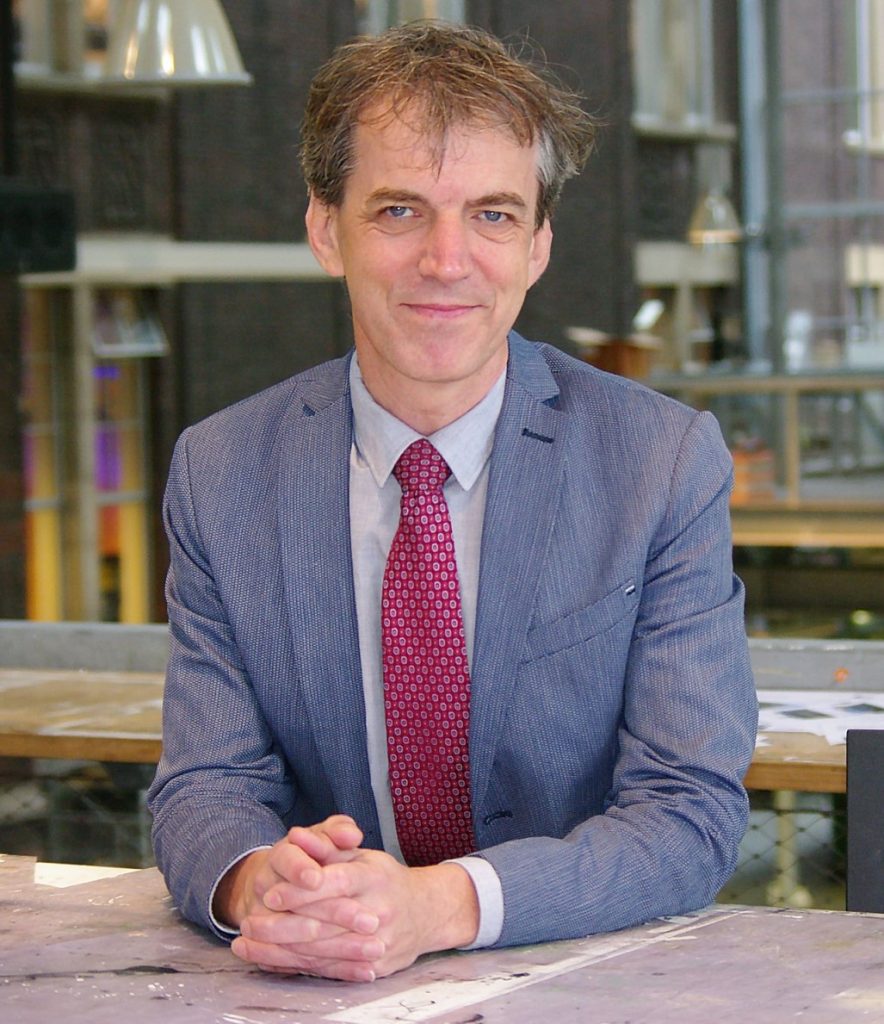 Willem Korthals Altes
H2020 RURALIZATION coordinator and full professor of Land development
Delft University of Technology (TU Delft)
Willem Korthals Altes
H2020 RURALIZATION coordinator and full professor of Land development
Delft University of Technology (TU Delft)
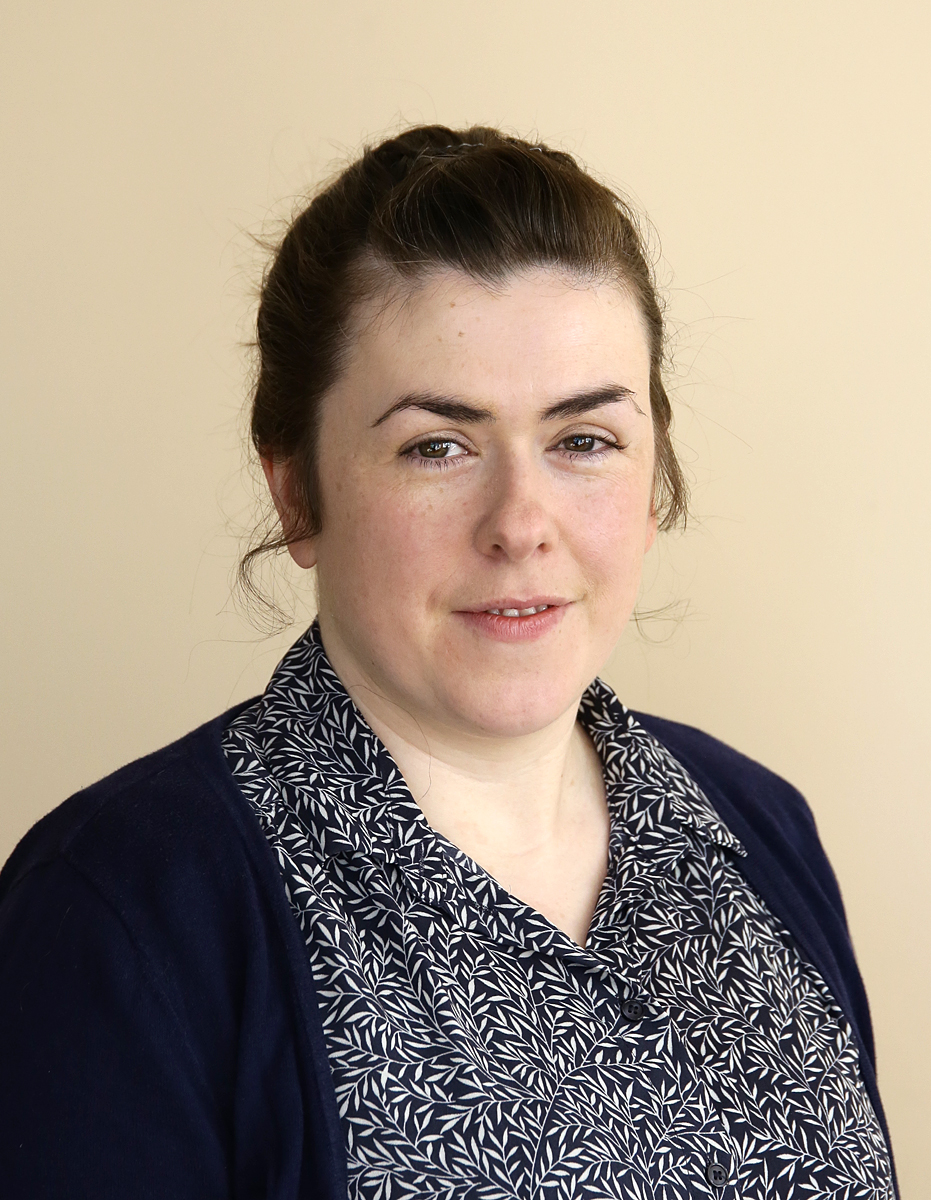 Aisling Murtagh
Postdoctoral Researcher on the RURALIZATION project at NUI Galway
National University of Ireland, Galway
Aisling Murtagh
Postdoctoral Researcher on the RURALIZATION project at NUI Galway
National University of Ireland, Galway

EU rural initiatives and research projects
DISCUSSION ROOM 2: RURAL GENERATIONS
 Aisling Murtagh
Postdoctoral Researcher on the RURALIZATION project at NUI Galway
National University of Ireland, Galway
Aisling Murtagh
Postdoctoral Researcher on the RURALIZATION project at NUI Galway
National University of Ireland, Galway

Listening to rural generations
DISCUSSION ROOM 3: POLICY-MAKING
 Willem Korthals Altes
H2020 RURALIZATION coordinator and full professor of Land development
Delft University of Technology (TU Delft)
Willem Korthals Altes
H2020 RURALIZATION coordinator and full professor of Land development
Delft University of Technology (TU Delft)
A long-term vision for the EU’s rural areas and panel discussion
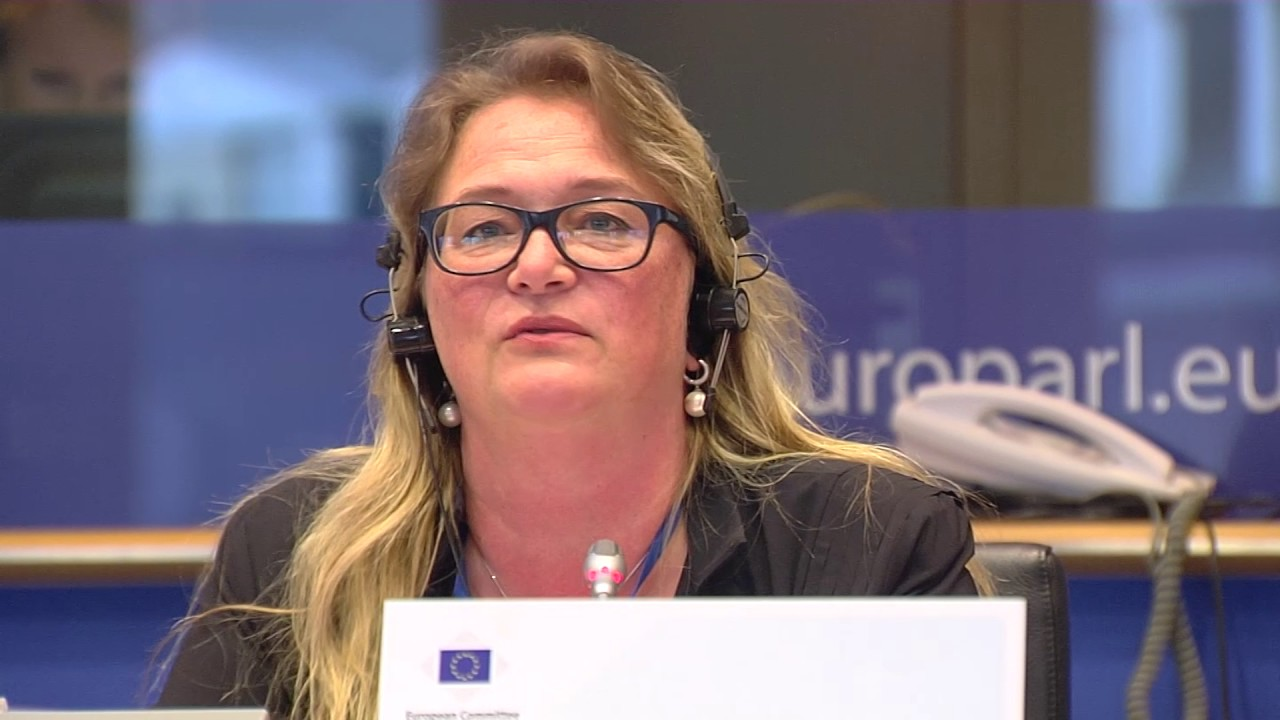 Wallis VANDEBROCK-GOELEN
Head of the REGIO Project Group on the Long Term Vision for Rural Areas
Directorate-General Regional and Urban Policy (DG REGIO)
Wallis VANDEBROCK-GOELEN
Head of the REGIO Project Group on the Long Term Vision for Rural Areas
Directorate-General Regional and Urban Policy (DG REGIO)

Other policy-makers and stakeholders
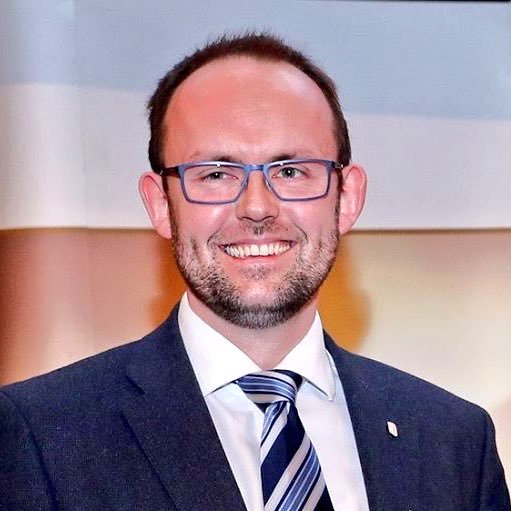 Andrew Forde
Head of Rural Strategy & Social Enterprise
Department of Rural & Community Development, Irish Government
Andrew Forde
Head of Rural Strategy & Social Enterprise
Department of Rural & Community Development, Irish Government

 Julio Bernardos
Agricultural Engineer
Productive forests promoter in collaboration with the Government of the Canary Islands
Julio Bernardos
Agricultural Engineer
Productive forests promoter in collaboration with the Government of the Canary Islands


The RURALIZATION Twitter Conference 2021 presentations will consist of up to five tweets (280 characters) on your twitter account related to topics that contribute to policy formulation and analysis in the rural context. Each presentation will be followed by a Q&A session with tweeted questions. Each presenter uses the hashtag #RuralizationConference2021 and the audience simply follow the hashtag to engage with presenters (you can use one or more discussion rooms hashtags too). The purpose of the Twitter conference is to enhance knowledge mobilization on rural policy research and developing novel instruments and strategies for rural regeneration and generational renewal. It will also focus particularly on the central theme underpinning this conference, the question of bridging the EU level with local level practices.
Structure of the RURALIZATION Conference 2021
The RURALIATION conference will be focused on 3 discussion rooms: rural research, rural generations and policy-making. We would like to invite you to participate in the virtual discussion room of your preference. Therefore, you will join any of them by tweeting information related to rural topics you are keen on, or you are researching about. You can also send direct questions to the conference speakers, so they can answer them during the RURALIZATION Conference on November 8th and 9th.
Discussion room 1: #RuralResearch
This discussion room will identify key questions and begin to map out ways forward for rural research and policy that can support realisation of ruralisation and its regenerative outcomes for rural areas. RURALIZATION is focused on assessing and developing novel instruments, strategies and policies for rural regeneration and generational renewal. Your Twitter thread presentation will provide examples in relation to some of these specific areas, but also concentrate on more overarching questions around how the ruralisation process can be supported. You may participate in the RURALIZATION Twitter Conference by answering the following questions on your Twitter publication:
- What specific opportunities can support new generations (e.g. newcomers, young people, migrants, new entrants to farming) in rural areas?
- What are the barriers rural research has identified inhibiting the realisation of these opportunities?
- What are the research gaps we need to address to help realise these opportunities?
Discussion room 2: #RuralGenerations
These ideas would be further developed during the rural generation’s session, with a particular focus is on rural foresight analysis, the future dreams of rural youth, facilitating rural newcomers, farm succession, new entrants into farming and access to farmland. If you do not know what your publication can be about, answer the following questions on your twitter thread:
- How can we help to structure rural future and policy planning at local grassroots, national or EU level?
- How can the ruralisation process be supported by youth in Europe?
- How can we contribute to the question of bridging the EU level with local level practices?
- How can we help facilitating access to land to rural newcomers, farm successors and new entrants into farming?
You may also tweet about the rural photos submitted during our RURALIZATION Photo Exhibition, the voting process will be open until November 5th.
Discussion room 3: #PolicyMaking
The conference will also count with the participation of European Commission’s representatives who will present the long-term vision for the EU's rural areas. The final session of the conference will aim at deriving concrete policy conclusions from the project findings as well as communicating and discussing them with policy makers. Therefore, the RURALIZATION mid-term conference is the moment to resume the project findings about rural trends, access to land and rural generations. Some of the following questions will be raised during the panel discussion that will take place at the end of this session:
- How can different policy levels support the process of RURALIATION?
- How can we jointly elaborate effective strategies?
- How do we valorize RURALIZATION results for practitioners?
DOWNLOAD GUIDELINESJoin a discussion room
ruralization@consulta-europa.com
privacy@consulta-europa.com
Copyright © All Rights Reserved
Ruralization@consulta-europa.com
Privacy@consulta-eruopa.com
Copyright © All Rights Reserved
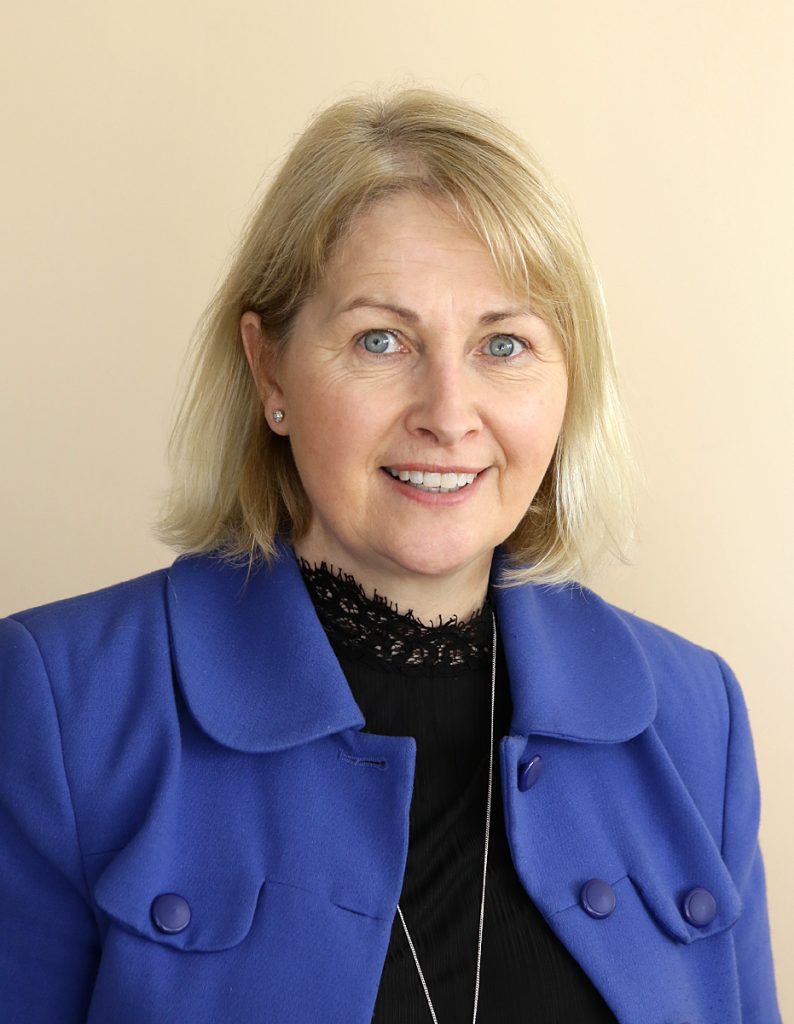 Maura Farrell
Senior Lecturer
National University of Ireland, Galway
Maura Farrell
Senior Lecturer
National University of Ireland, Galway
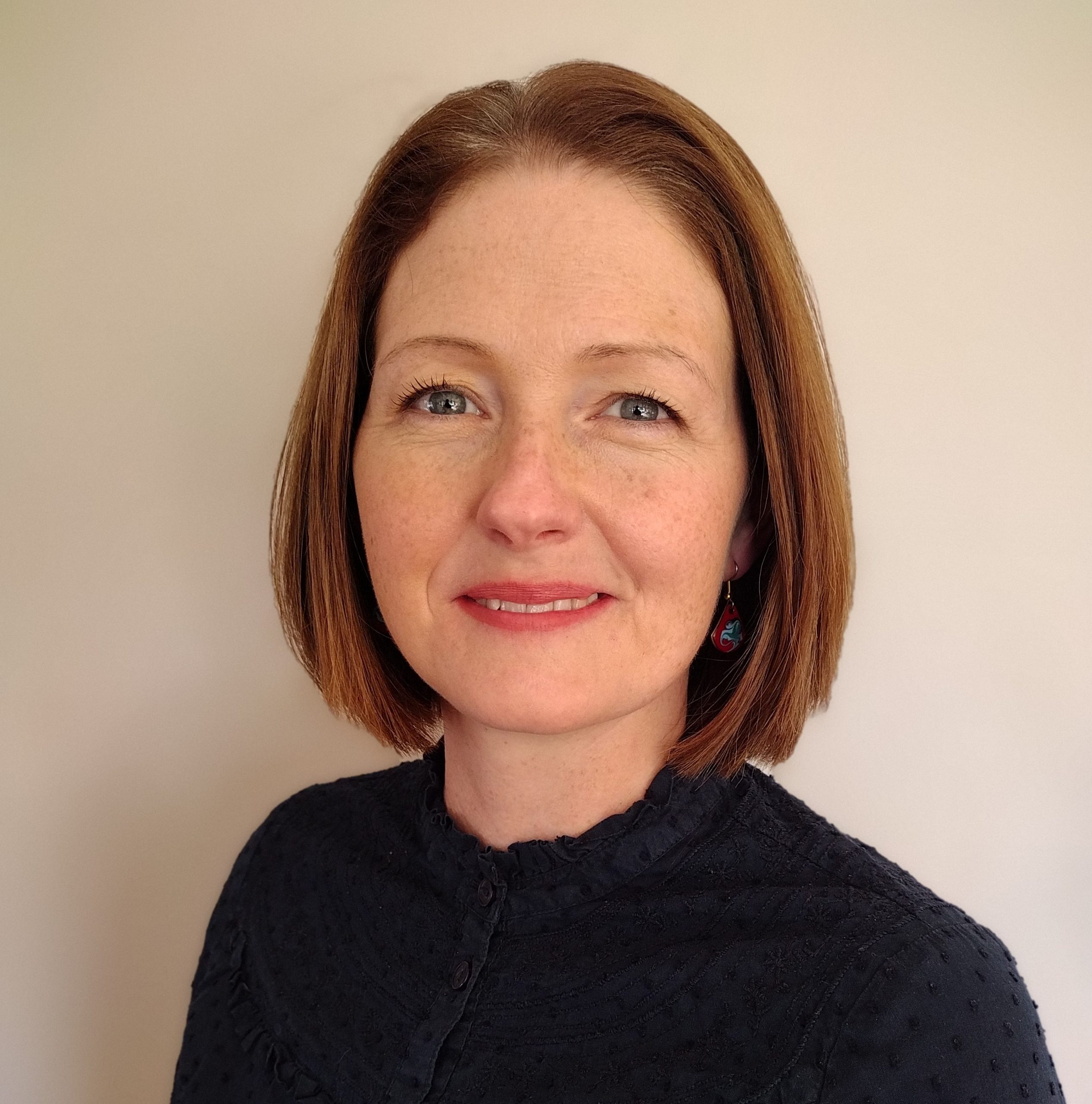 Louise Weir
Researcher
National University of Ireland, Galway
Louise Weir
Researcher
National University of Ireland, Galway
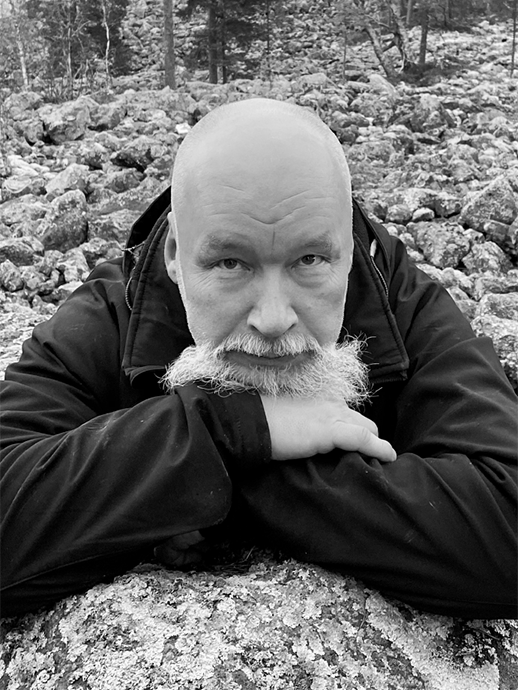 Tuomas Kuhmonen
Research director
University of Turku
Tuomas Kuhmonen
Research director
University of Turku
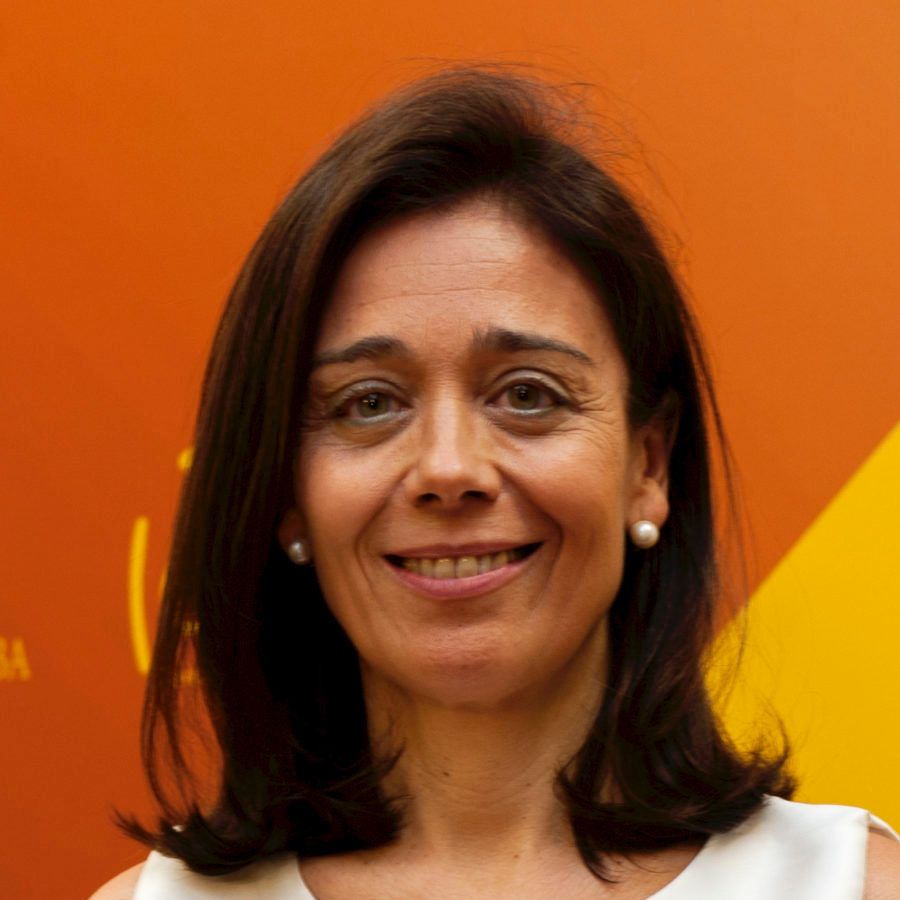 Mar Delgado
Coordinator of the MOVING Project
University of Córdoba
Mar Delgado
Coordinator of the MOVING Project
University of Córdoba
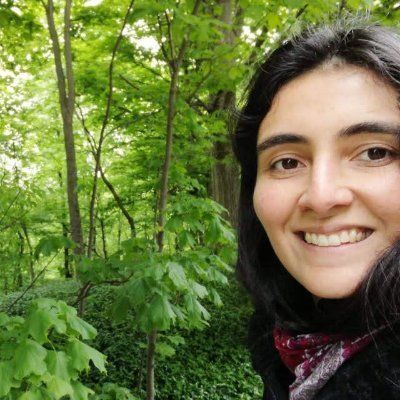 Sherman Farhad
Scientific Coordinator of the MOVING Project
University of Córdoba
Sherman Farhad
Scientific Coordinator of the MOVING Project
University of Córdoba
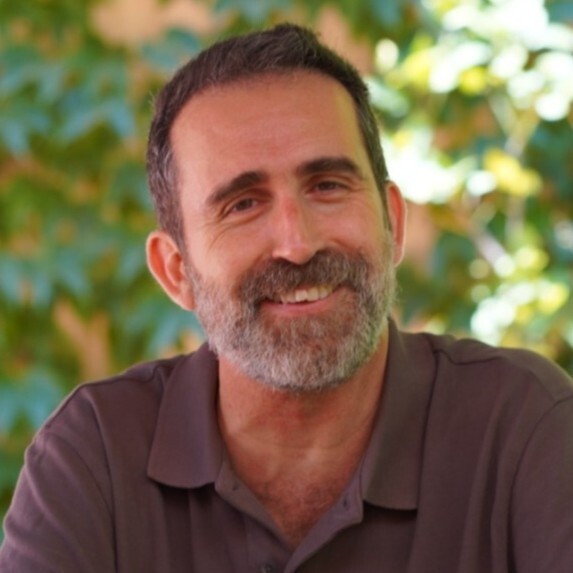 Antoni Oliva
Researcher
PoliRural project
Antoni Oliva
Researcher
PoliRural project
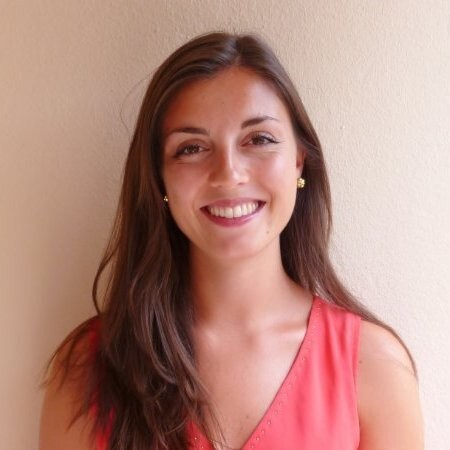 Elodie Salle
SHERPA project manager
Ecorys
Elodie Salle
SHERPA project manager
Ecorys
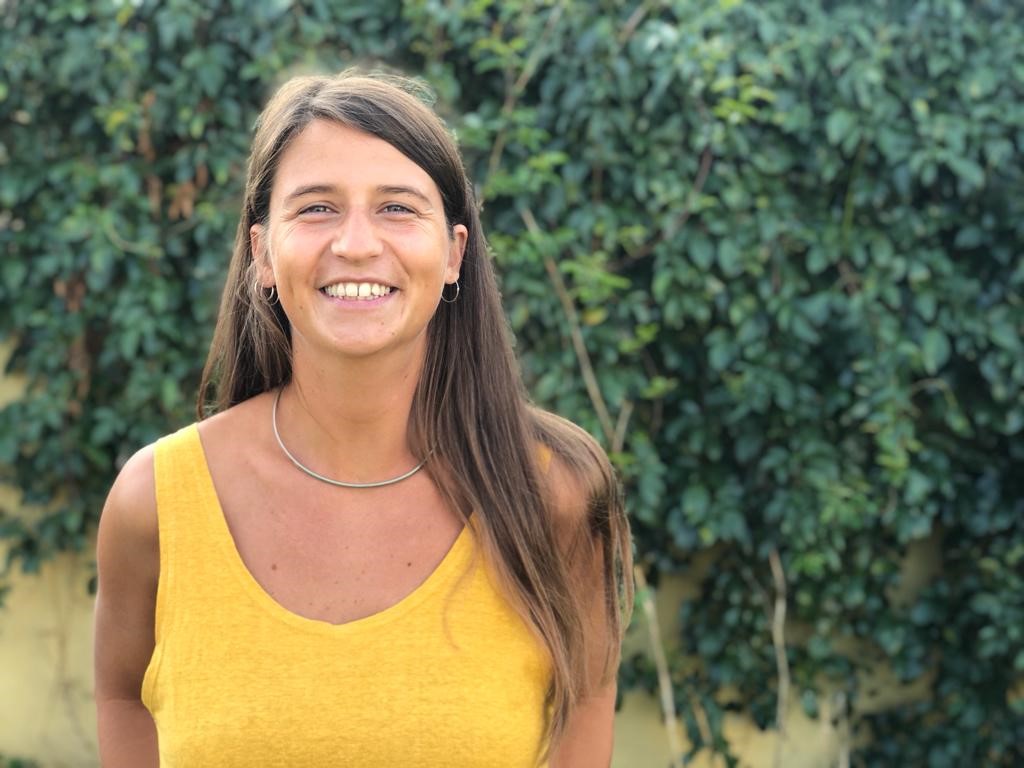 Claudia De Luca
Post-Doc Research Fellow
University of Bologna – RURITAGE Coordination Team
Claudia De Luca
Post-Doc Research Fellow
University of Bologna – RURITAGE Coordination Team
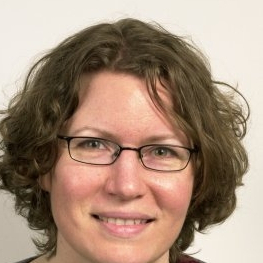 Lee-Ann Sutherland
Director of International Land Use Study Centre
NEWBIE
Lee-Ann Sutherland
Director of International Land Use Study Centre
NEWBIE
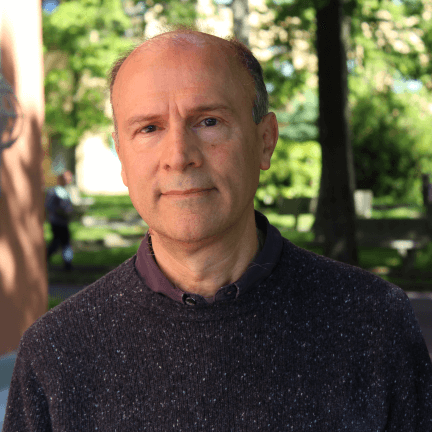 Gianluca Brunori
Professor and DESIRA project coordinator
University of Pisa
Gianluca Brunori
Professor and DESIRA project coordinator
University of Pisa
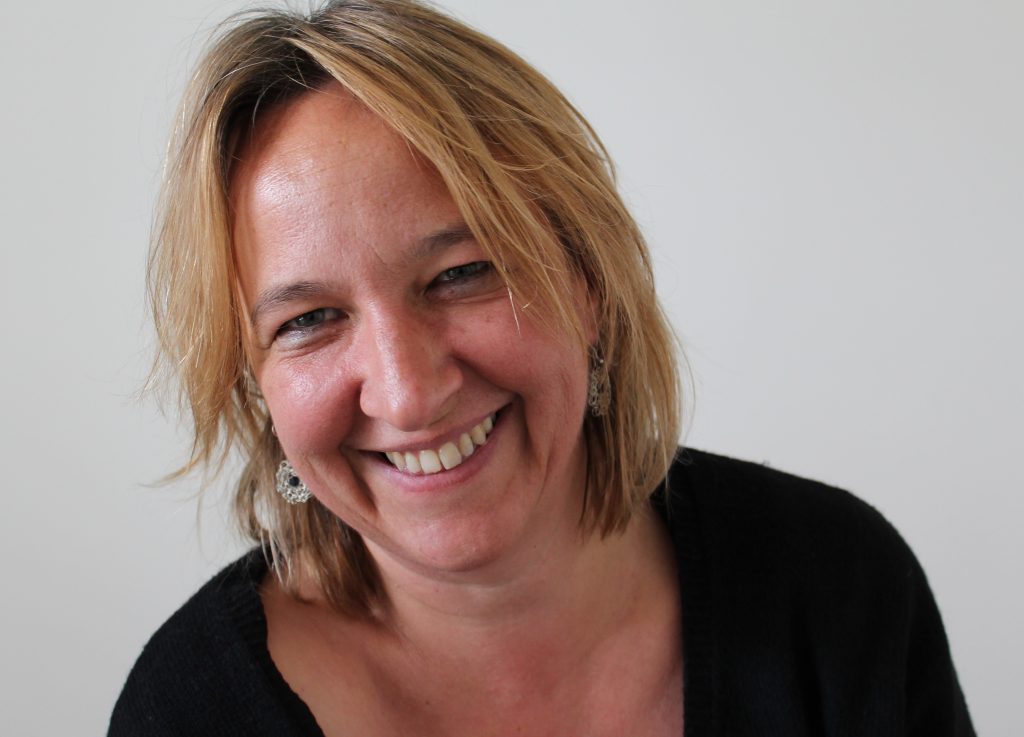 Silvia Sivini
Researcher
University of Calabria
Silvia Sivini
Researcher
University of Calabria
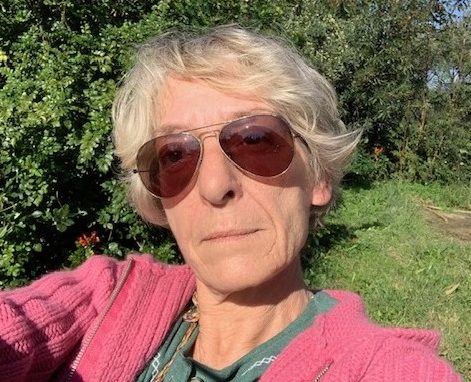 Annamaria Vitale
Researcher
University of Calabria
Annamaria Vitale
Researcher
University of Calabria
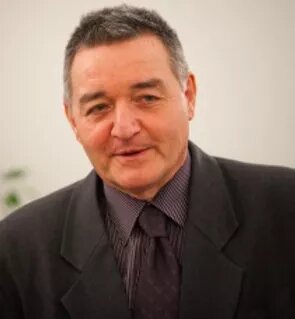 Imre Kovách
Professor
Hungarian Academy of Sciences
Imre Kovách
Professor
Hungarian Academy of Sciences
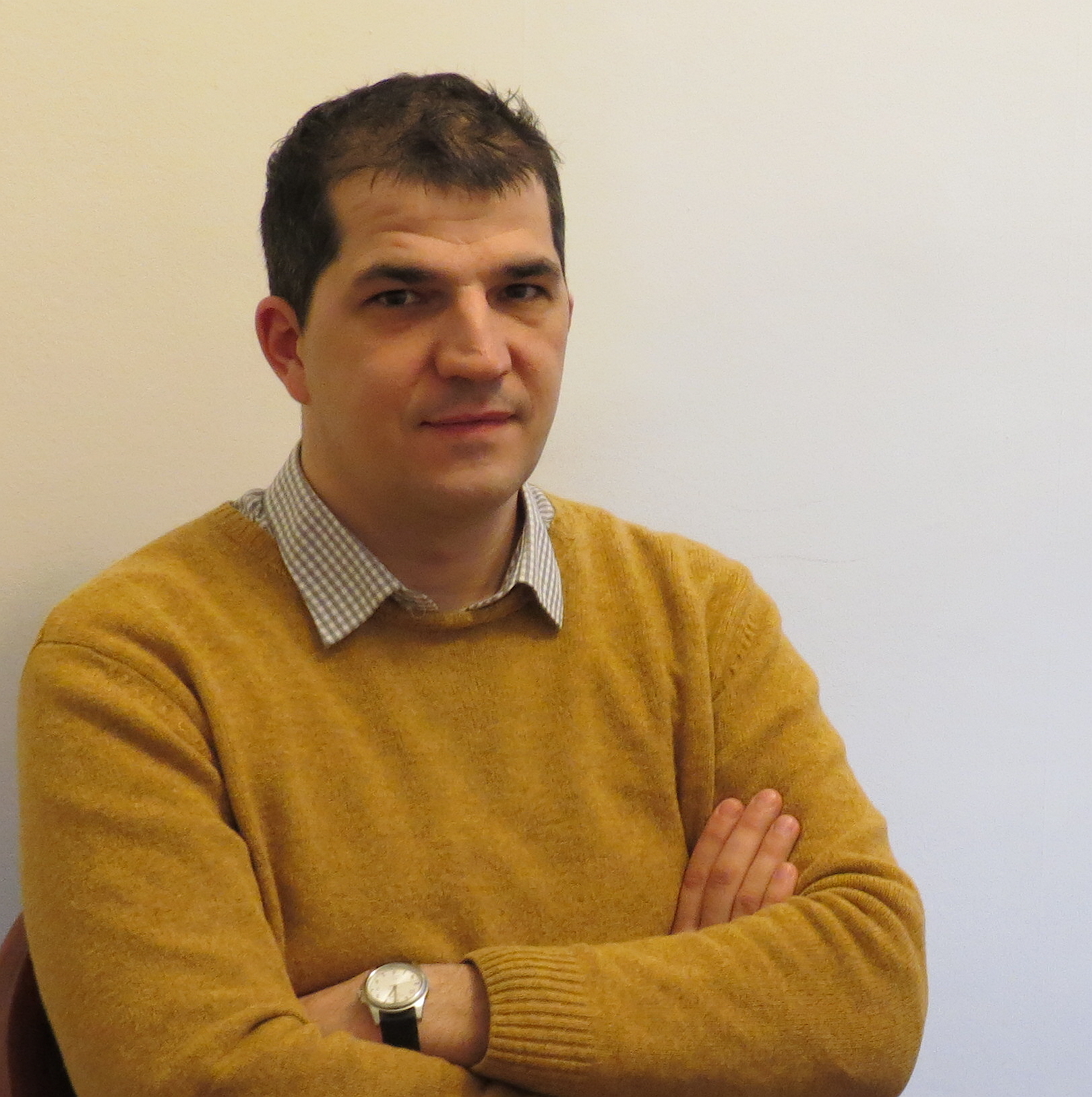 Megyesi Boldizsár
Researcher
Hungarian Academy of Sciences
Megyesi Boldizsár
Researcher
Hungarian Academy of Sciences
 Michelle Perello
CEO and researcher
Consulta Europa Projects & Innovation
Michelle Perello
CEO and researcher
Consulta Europa Projects & Innovation
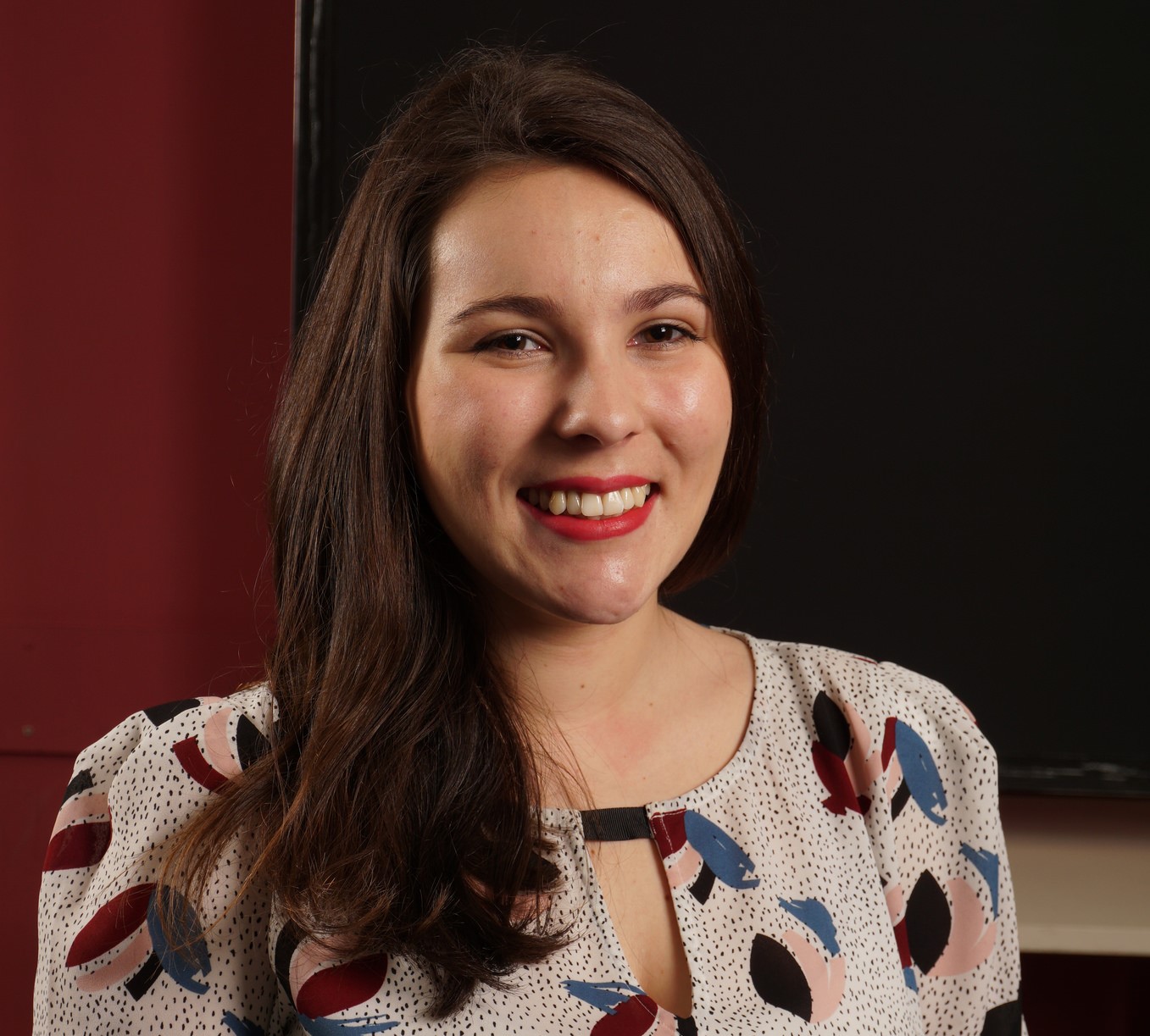 Blandine Camus
Communication & Policy Officer
Euromontana
Blandine Camus
Communication & Policy Officer
Euromontana
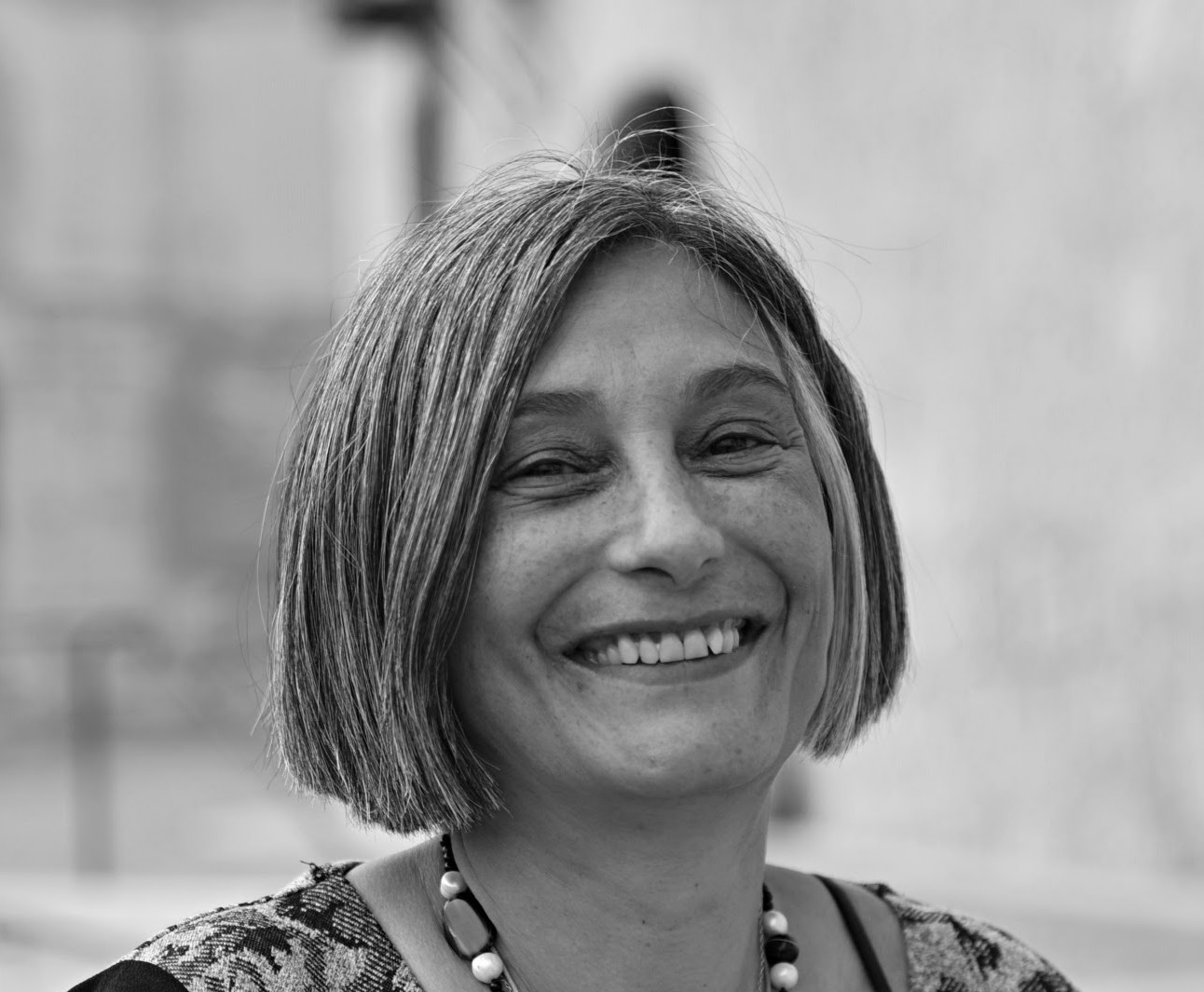 Lidia Díaz
President
Spanish Association Against Depopulation
Lidia Díaz
President
Spanish Association Against Depopulation
 Francisco Simões
Chair and Assistant Researcher
Cost Action "Rural NEET Youth Network"
Francisco Simões
Chair and Assistant Researcher
Cost Action "Rural NEET Youth Network"
 William Loveluck
Research officer
Terre de Liens' national federation
William Loveluck
Research officer
Terre de Liens' national federation
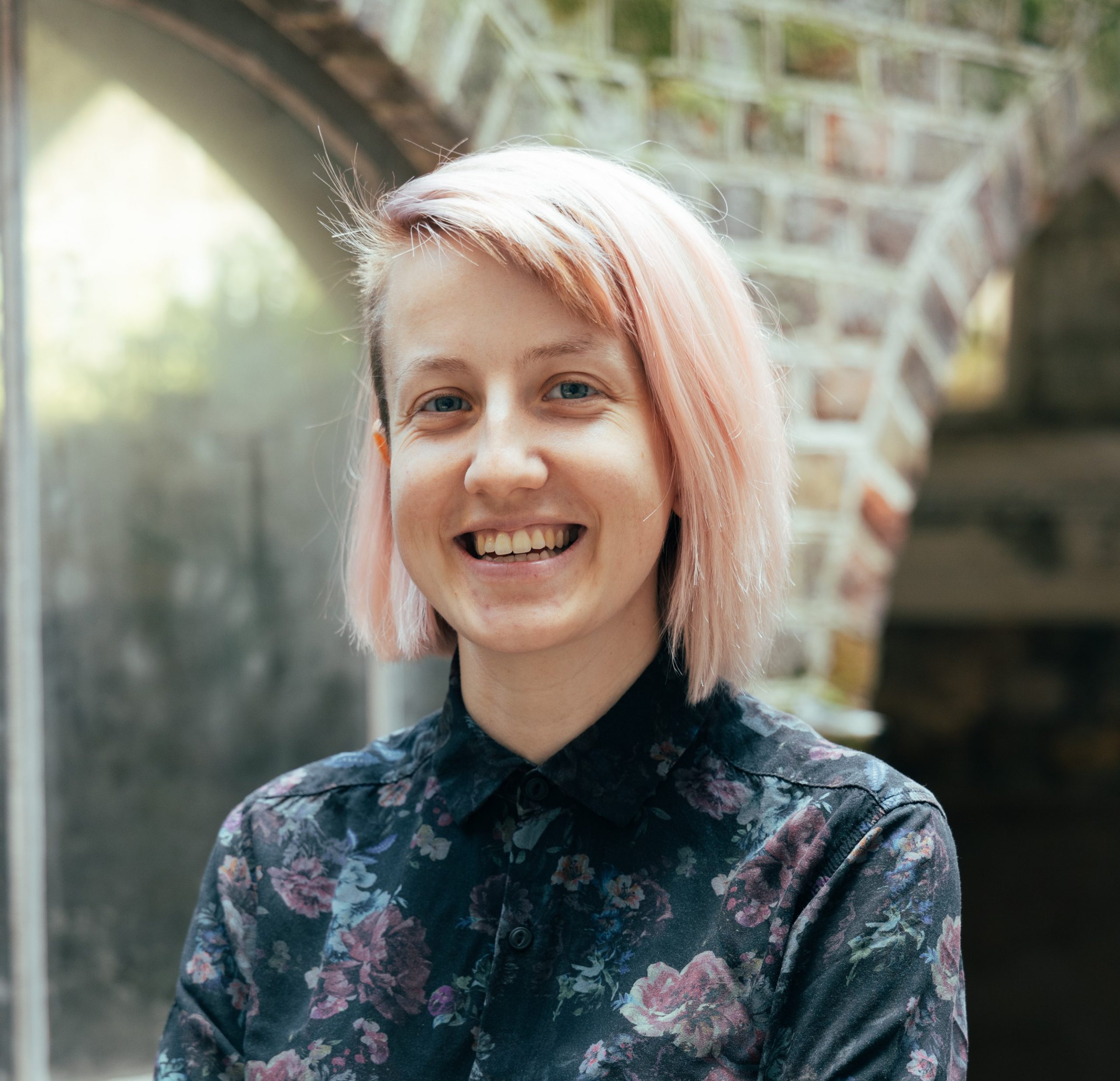 Kim Graham
Research Coordinator
Shared Assets UK
Kim Graham
Research Coordinator
Shared Assets UK
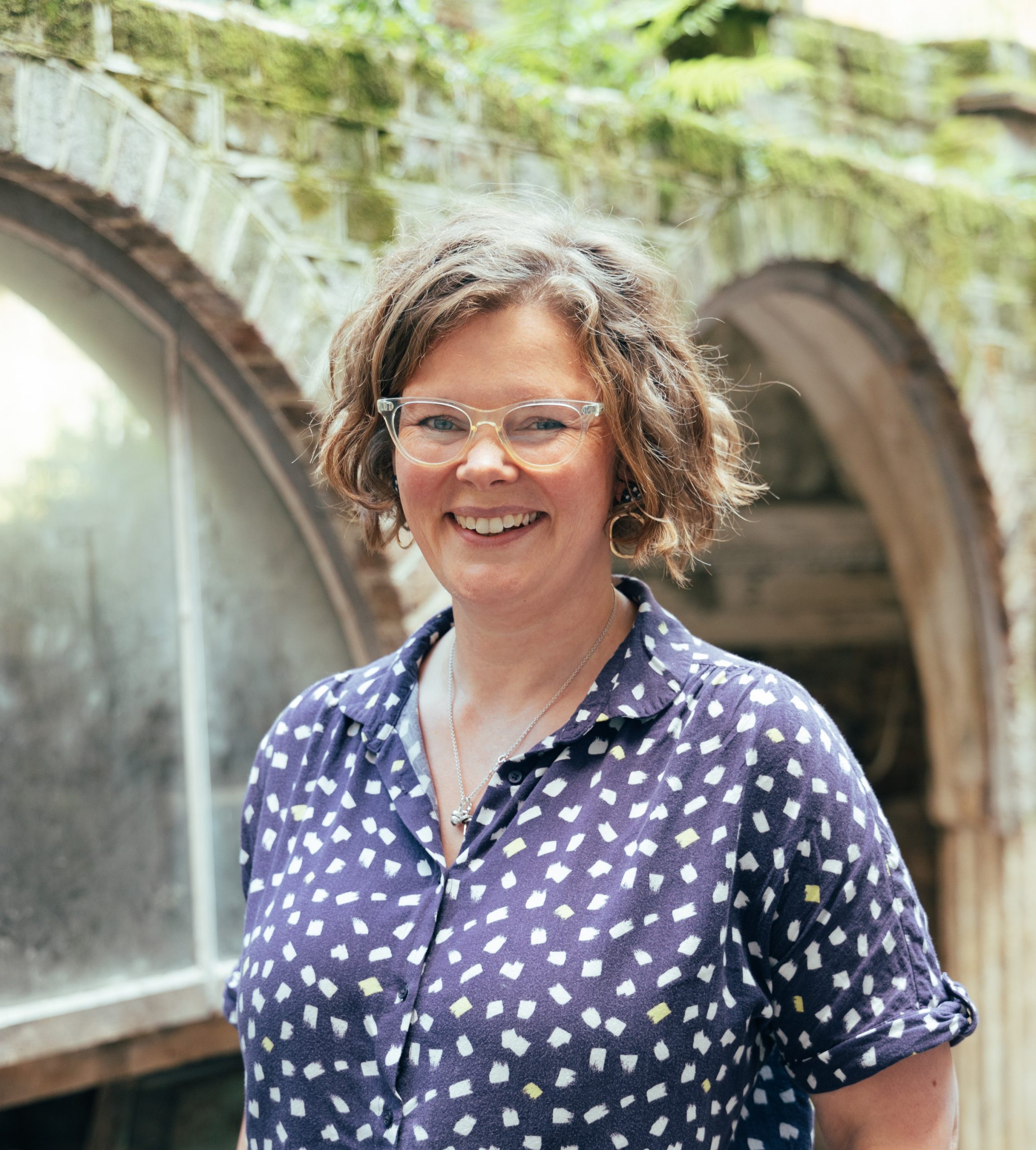 Kate Swade
Co-Executive Director
Shared Assets UK
Kate Swade
Co-Executive Director
Shared Assets UK
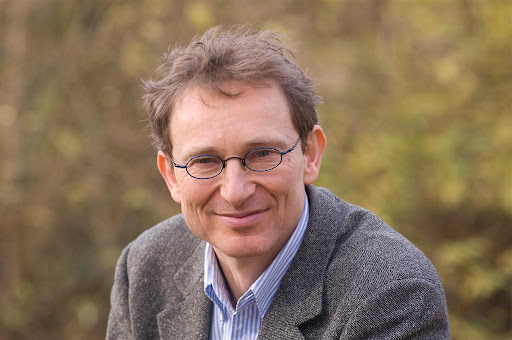 Titus Bahner
Founder, Managing Director
Kulturland eG
Titus Bahner
Founder, Managing Director
Kulturland eG
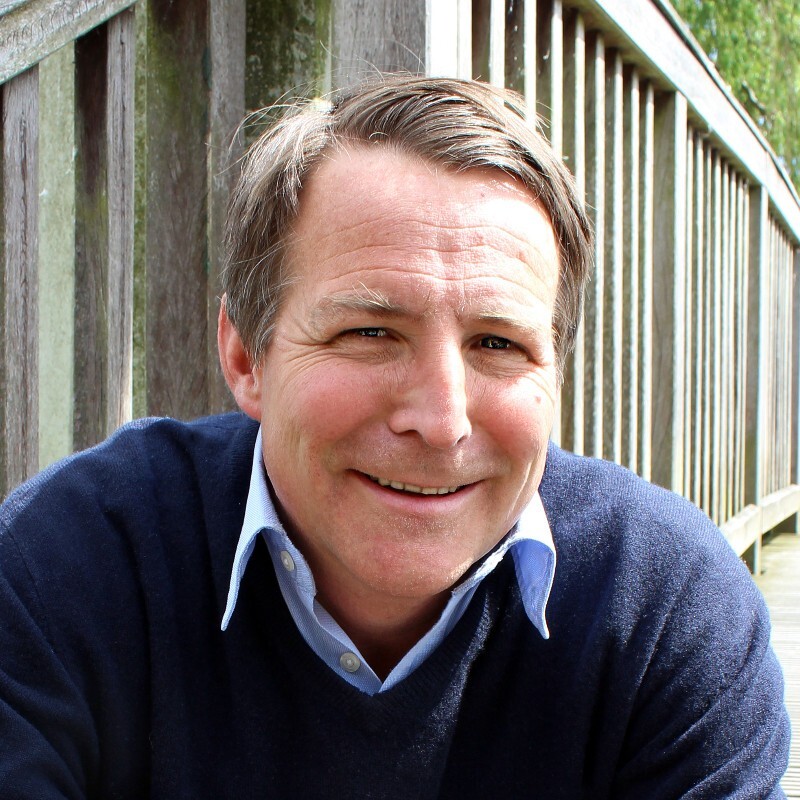 Hans-Albrecht Wiehler
Scientific Employee
Kulturland eG
Hans-Albrecht Wiehler
Scientific Employee
Kulturland eG
 Ciane Goulart
Project collaborator
Kulturland eG
Ciane Goulart
Project collaborator
Kulturland eG
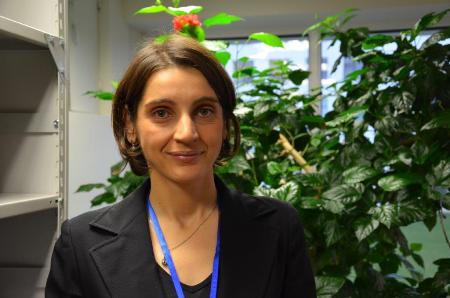 Alexia Rouby
Research Programme Officer
DG Agriculture and Rural Development, European Commission
Alexia Rouby
Research Programme Officer
DG Agriculture and Rural Development, European Commission
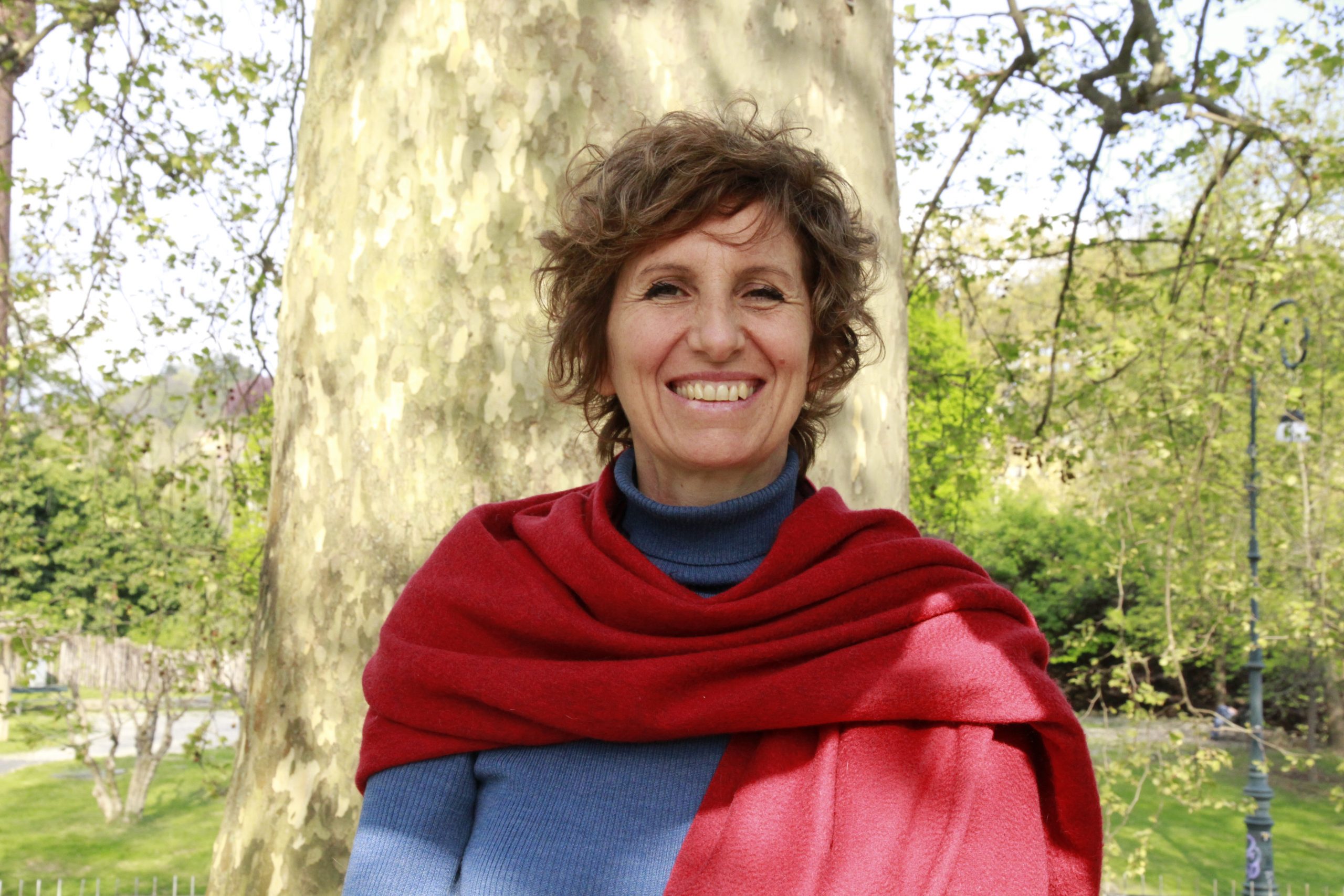 Elena Di Bella
Director of Mountain and Rural Development Service
Metropolitan City of Turin, Eurocities
Elena Di Bella
Director of Mountain and Rural Development Service
Metropolitan City of Turin, Eurocities
 Enrique Nieto
Policy Analyst
European Network for Rural Development (ENRD)
Enrique Nieto
Policy Analyst
European Network for Rural Development (ENRD)

